Art Education GACE Study Guide 109 *** 3/24/22
1/123
There's no tags or description
Looks like no tags are added yet.
Name | Mastery | Learn | Test | Matching | Spaced | Call with Kai |
|---|
No analytics yet
Send a link to your students to track their progress
124 Terms
contrast
principle on arrangement of opposite elements light vs. dark colors, rough vs. smooth textures, large vs. small shapes, etc. in a piece so as to create visual interest, excitement and drama.
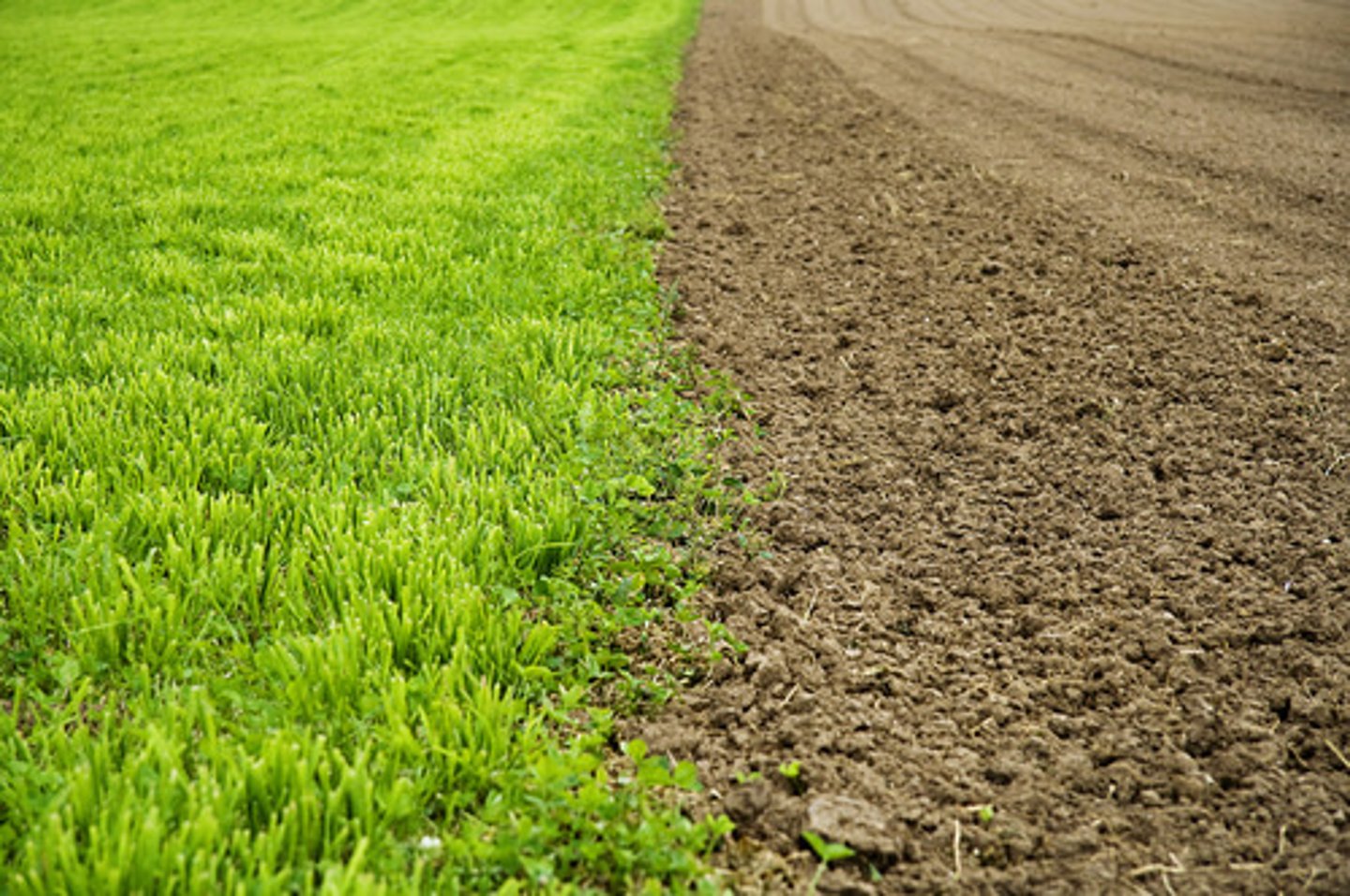
Repetition
Eva Hesse's installation
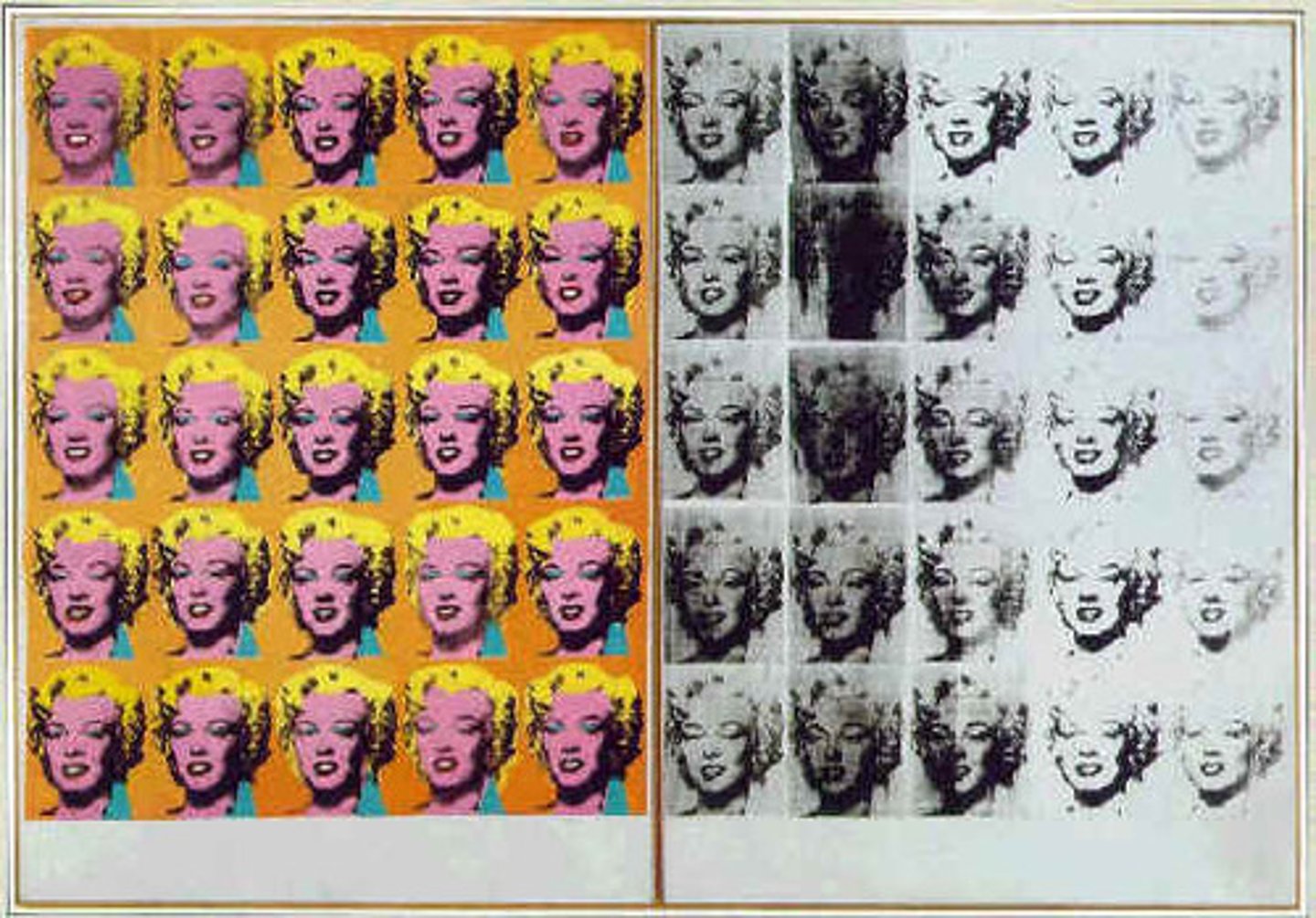
proportion
Proportion is the principle of art that refers to relative size, deal with how the elements art are arranged in a work of art.
Figure-ground relationship
The relationship between a form or figure and its background] It can also be described as the contrast between positive space
![<p>The relationship between a form or figure and its background] It can also be described as the contrast between positive space</p>](https://knowt-user-attachments.s3.amazonaws.com/daf76d00-2375-4682-8e30-13c3ef7dd71f.jpg)
Nonrepresentational
Descriptive of art that does not represent or otherwise refer to the visible world outside itself.
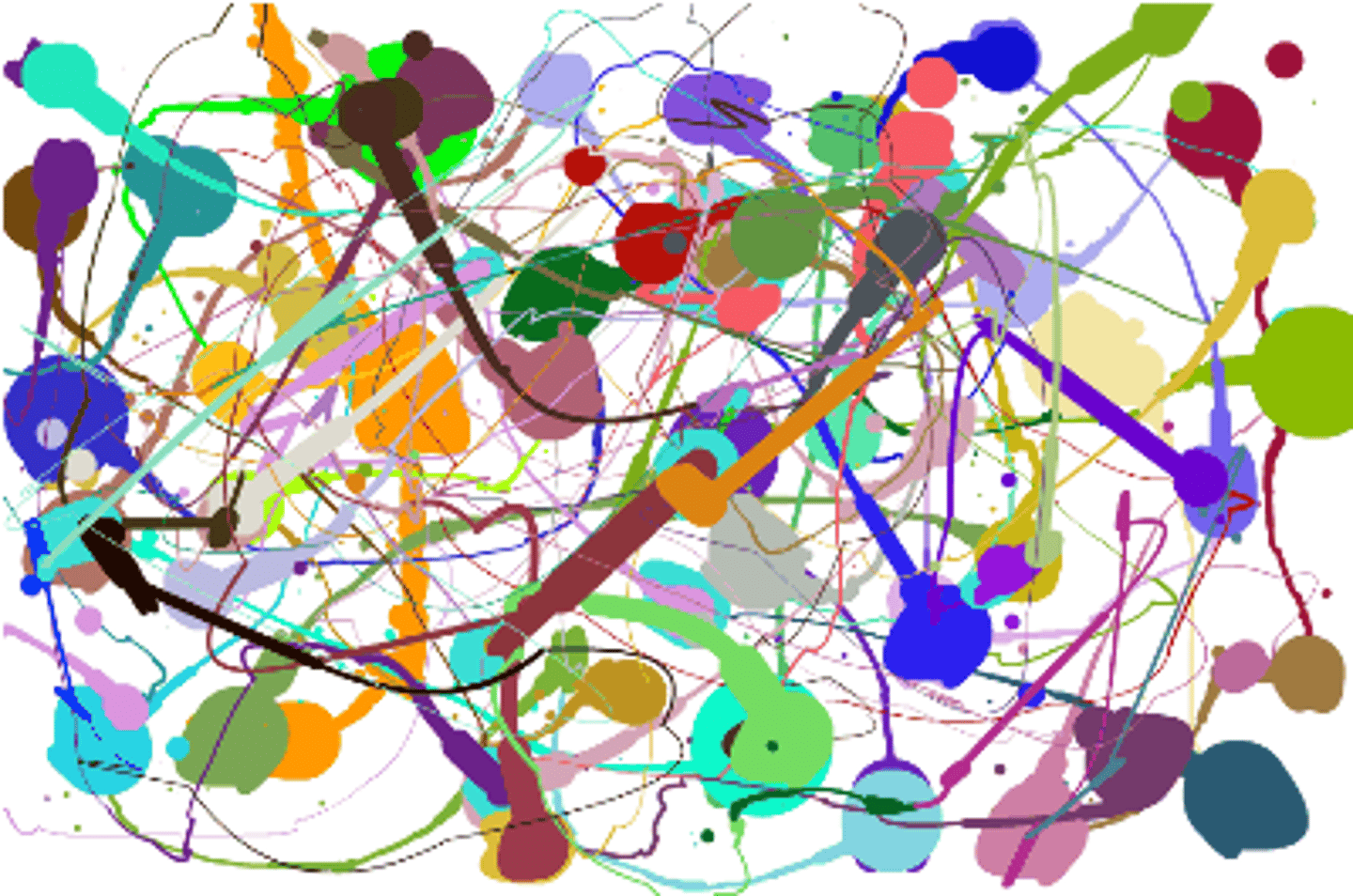
Asymmetrical Balance
the various elements of a work are balanced but not symmetrical
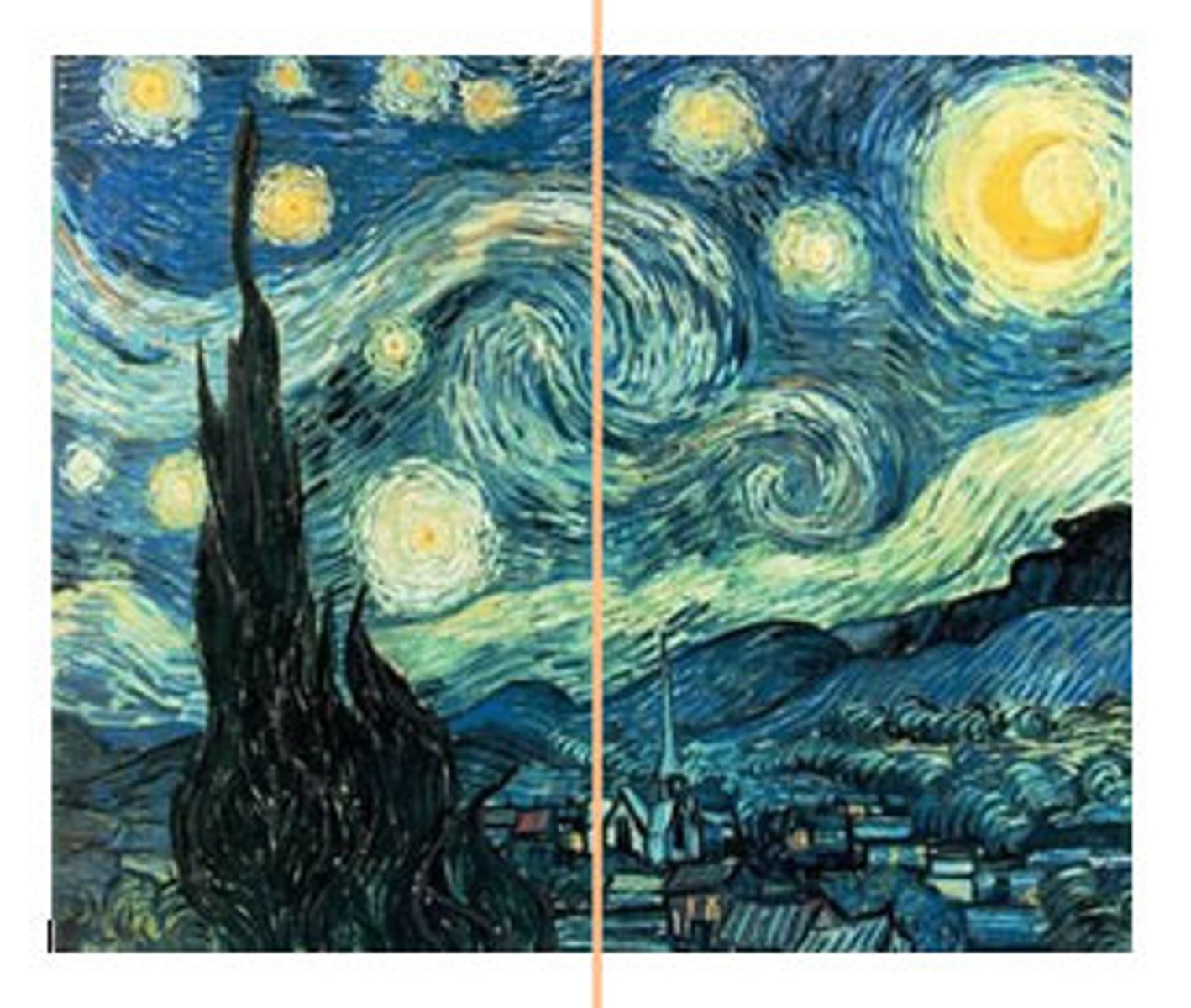
symmetrical balance
Two halves of a style; form a mirror image of one another.
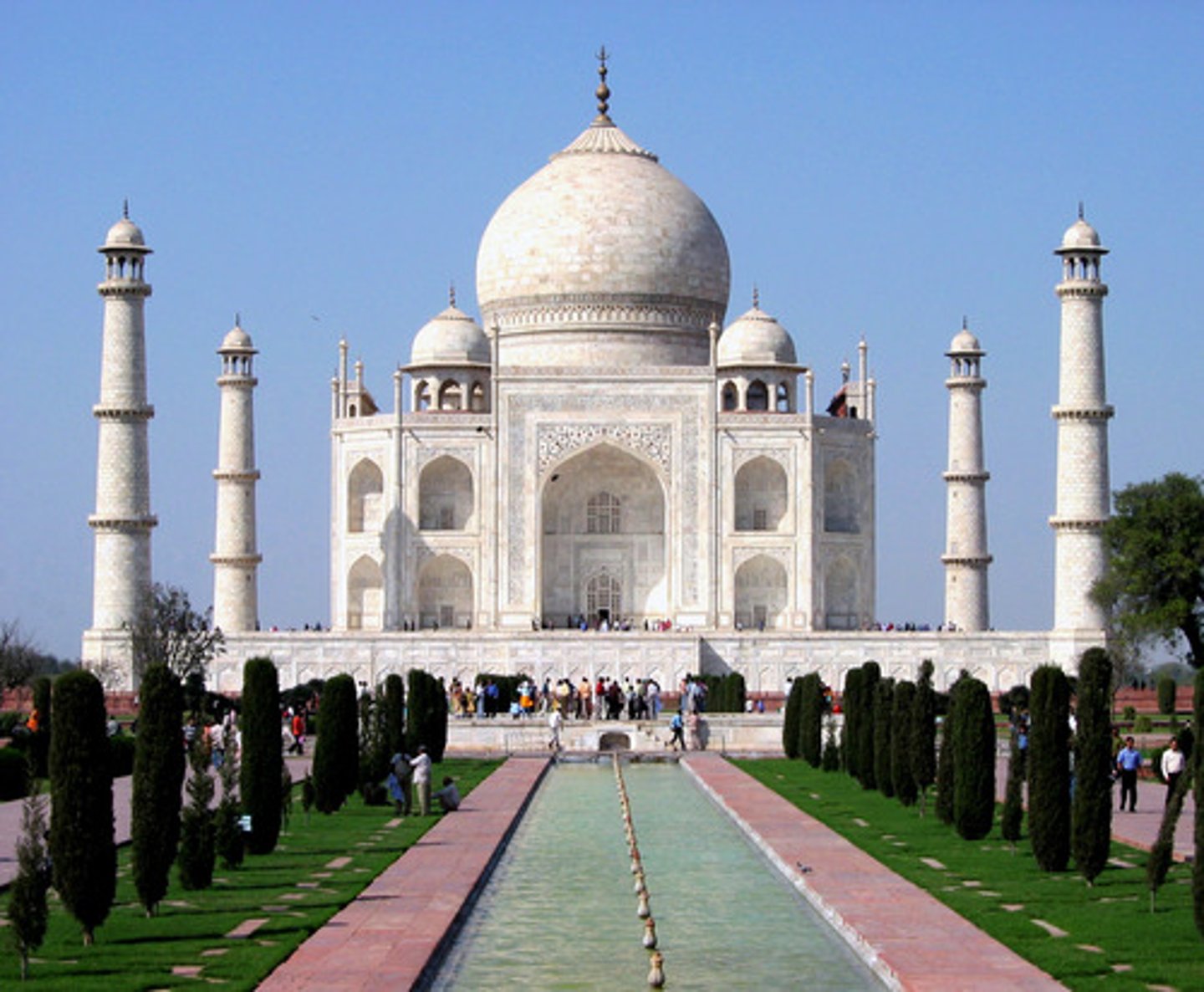
Inverted balance
two halves of an artwork mirror each other along the horizontal axis
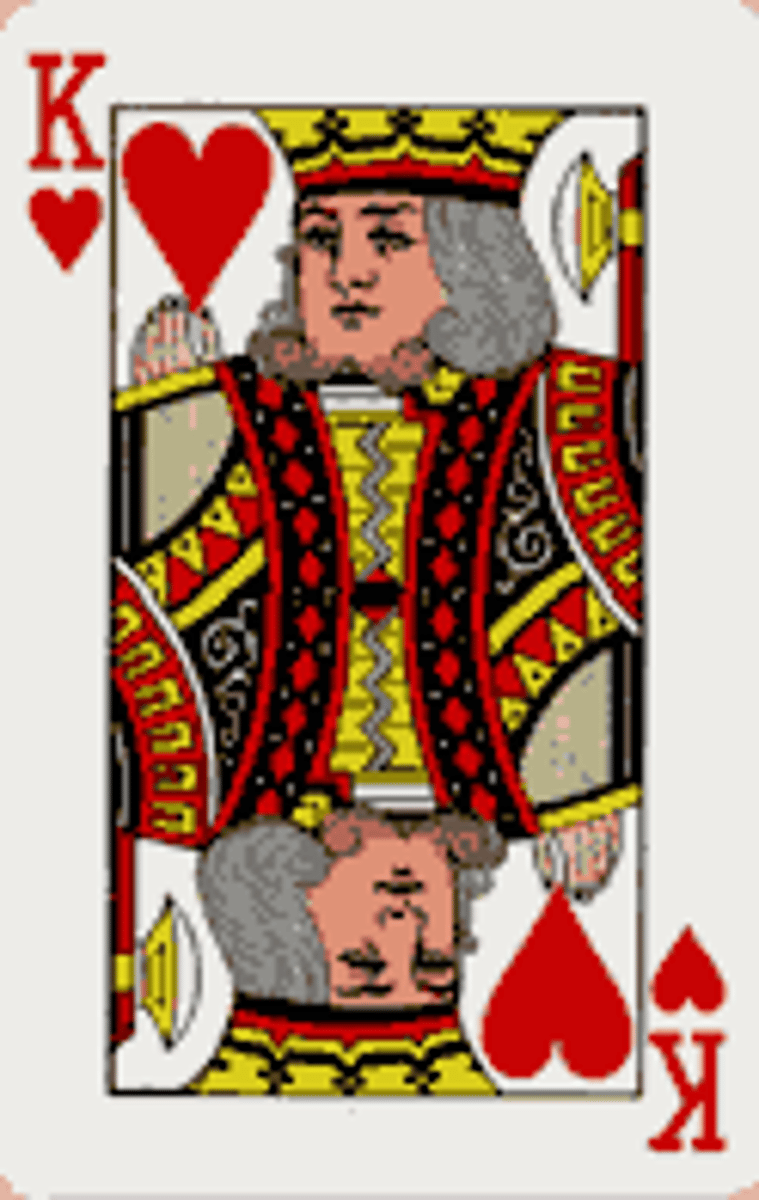
Radial Balance
Everything radiates outward from a central point
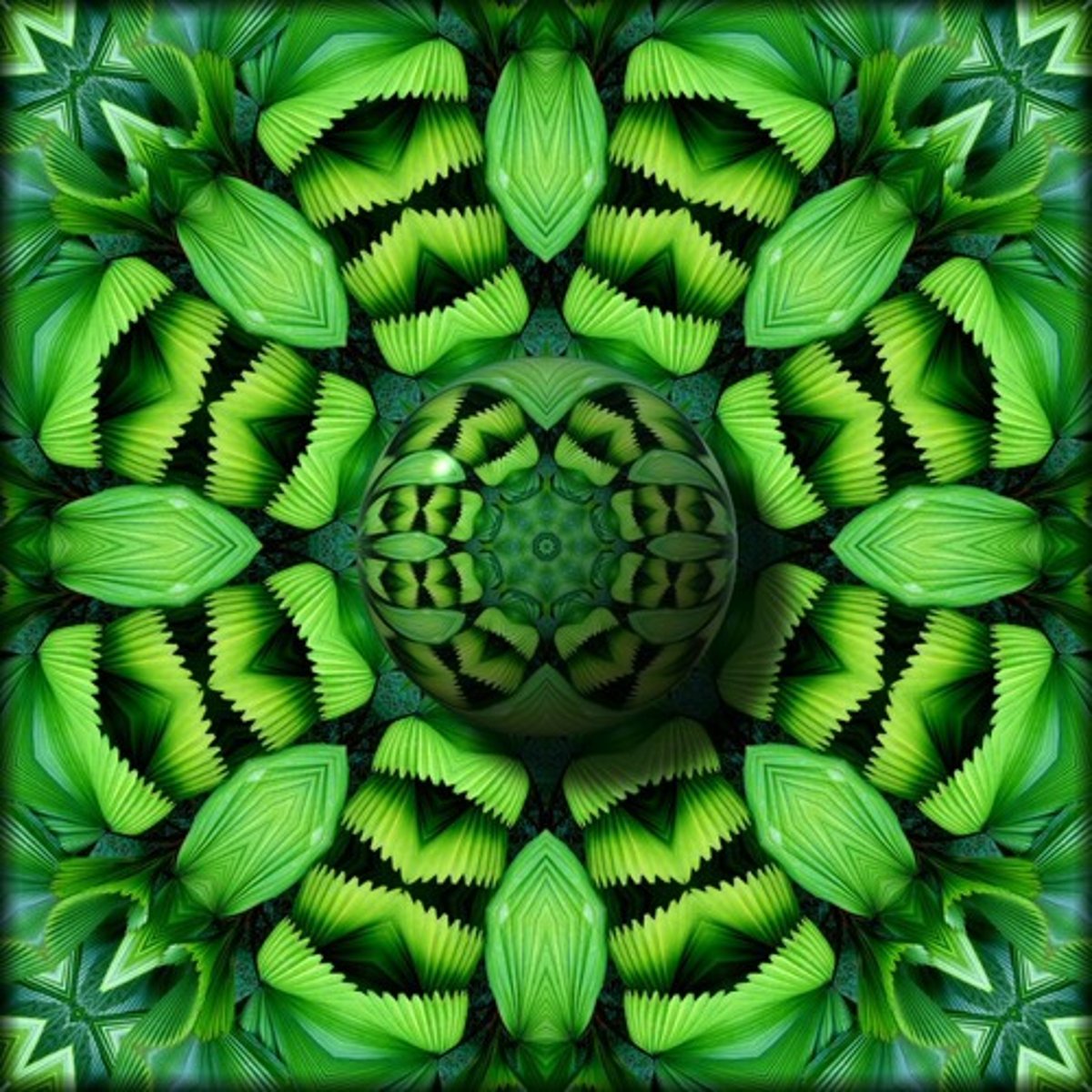
high relief
a sculptural relief in which forms extend out from the background to at least half their depth
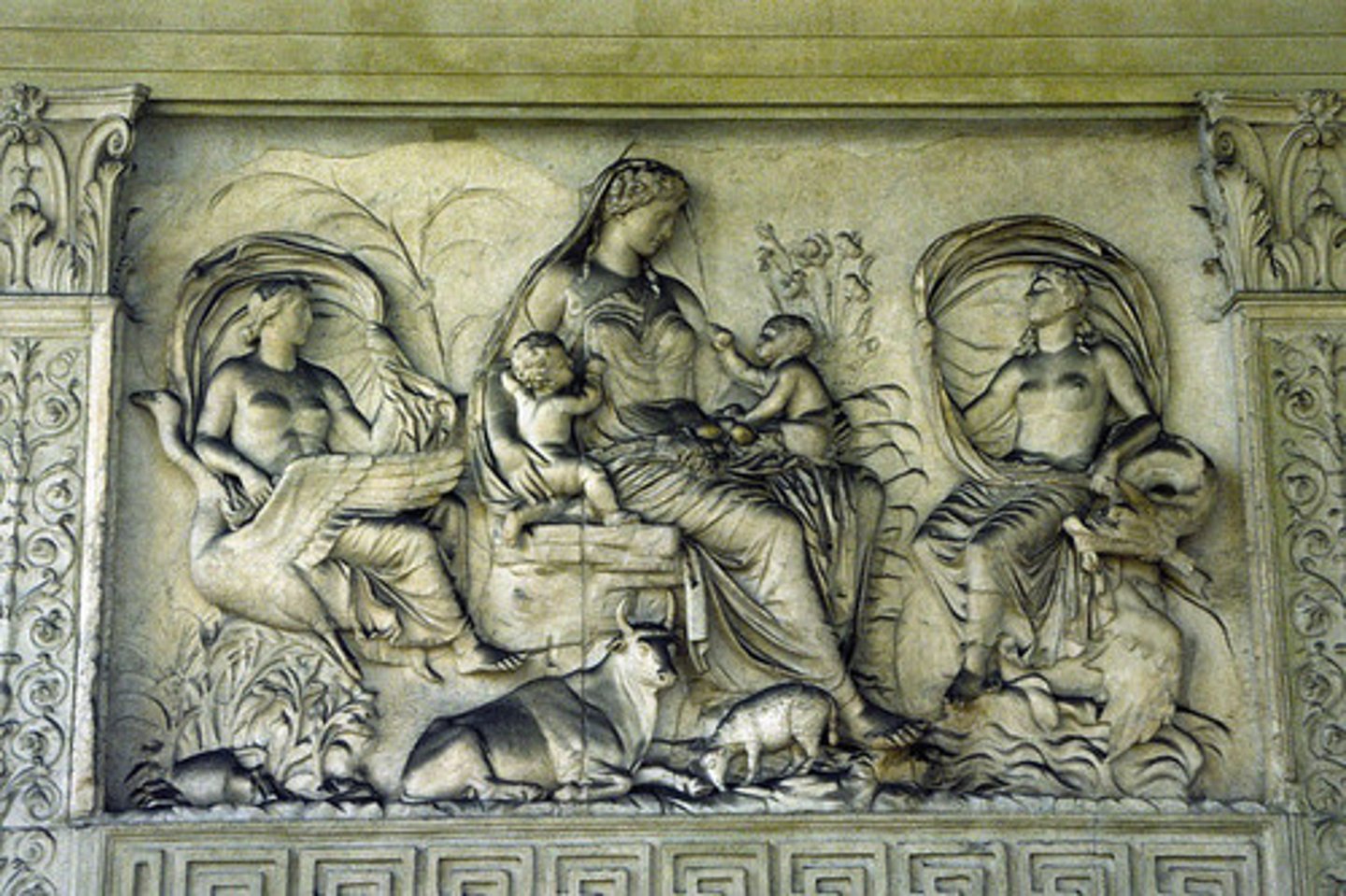
open form
"Open form" means sculptures that are not solid masses but which literally have openings in them, or in which lines and planes often replace solid volumes or enclosing surfaces;
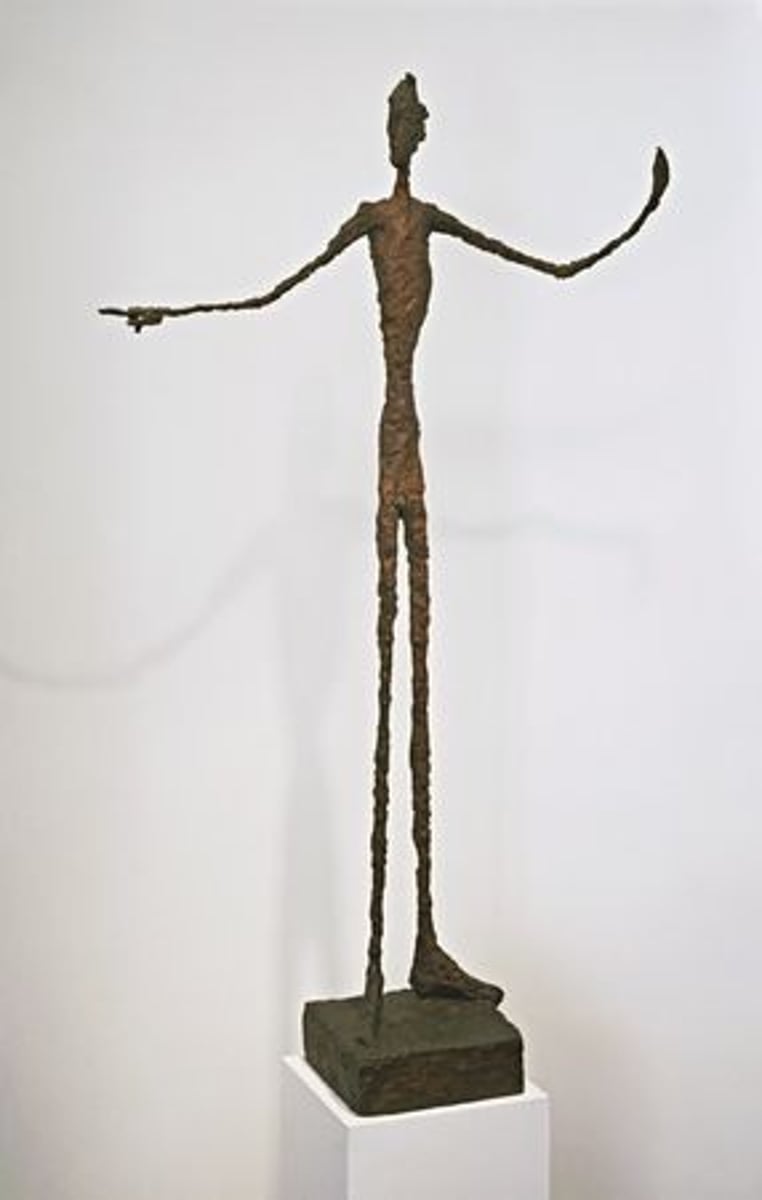
cross contour line
lines that describe the volume of a shape
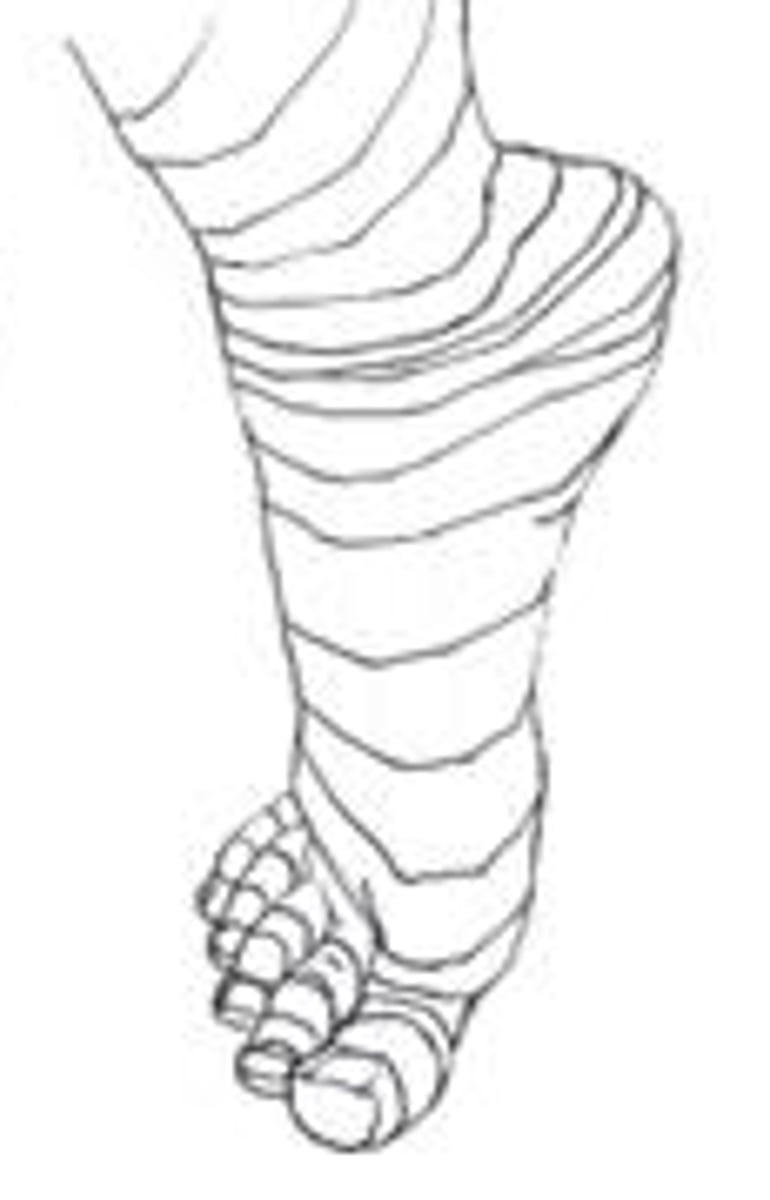
calligraphic line
free flowing line that resembles handwriting, making use of gradual and graceful transitions
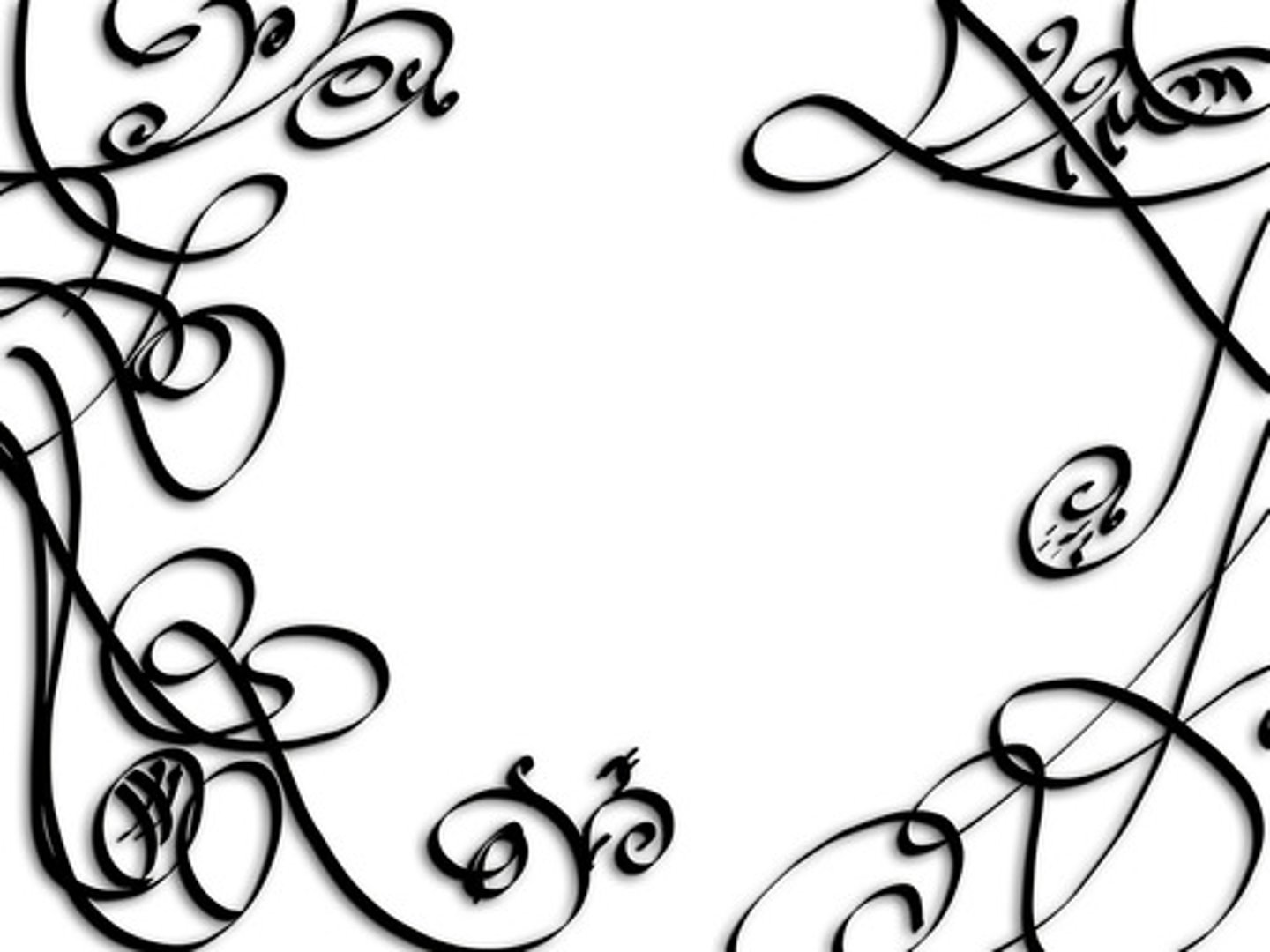
contour line
A line on a topographic map that connects points of equal elevation
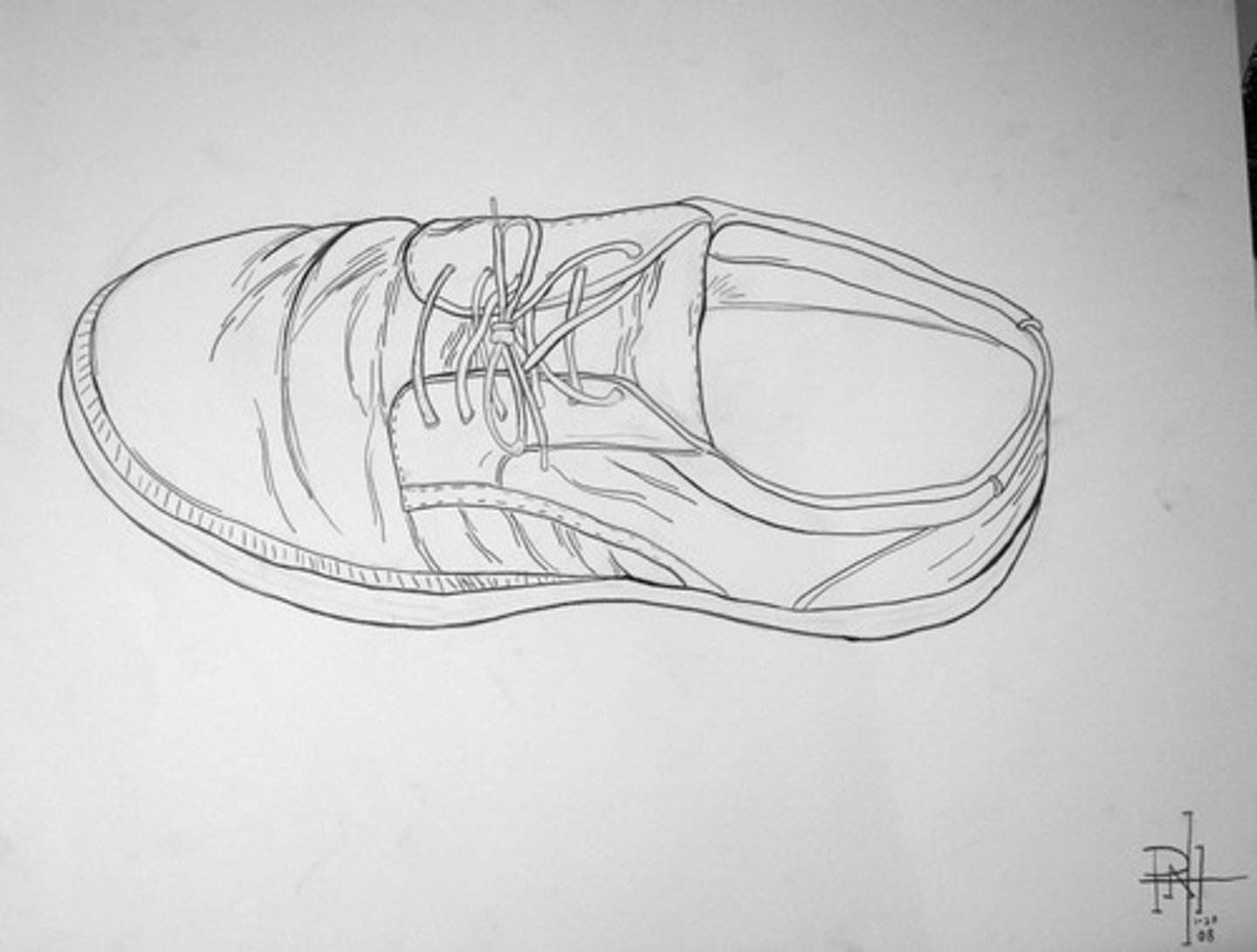
Hatching
the use of non-overlapping parallel lines to convey darkness or lightness
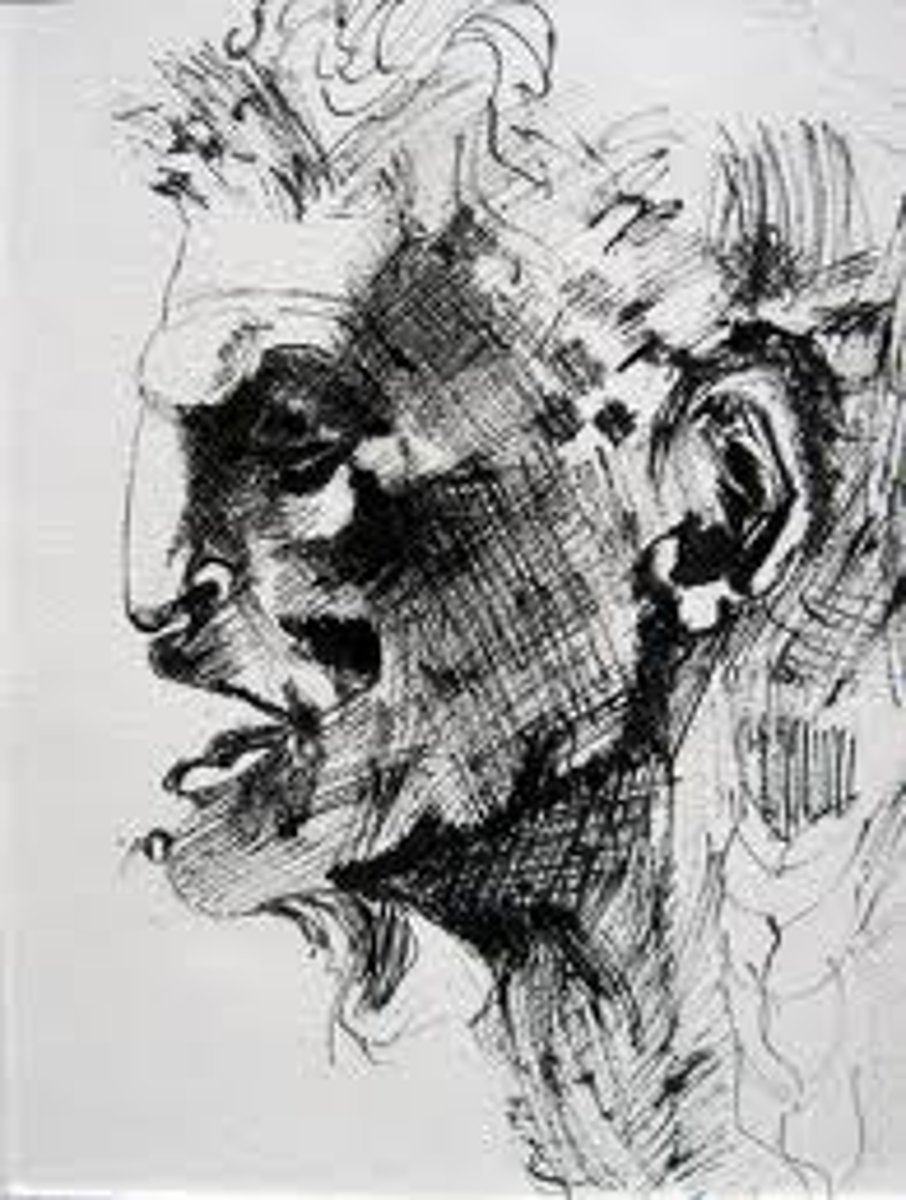
foreshortened
objects painted or drawn as though they were seen from an angle projecting into space
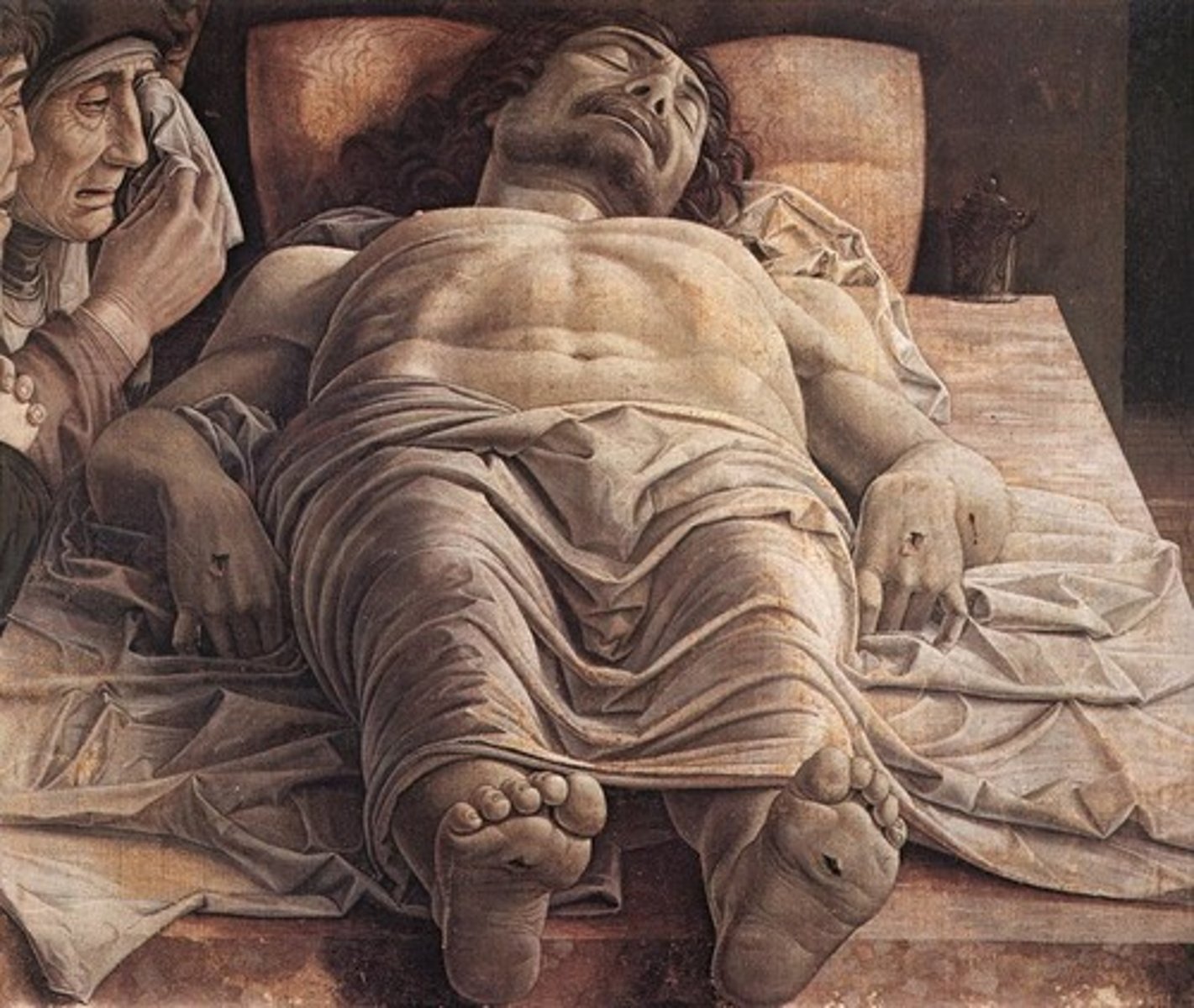
Tactile quality
Is defined as the actual physical quality of a surface to the touch.
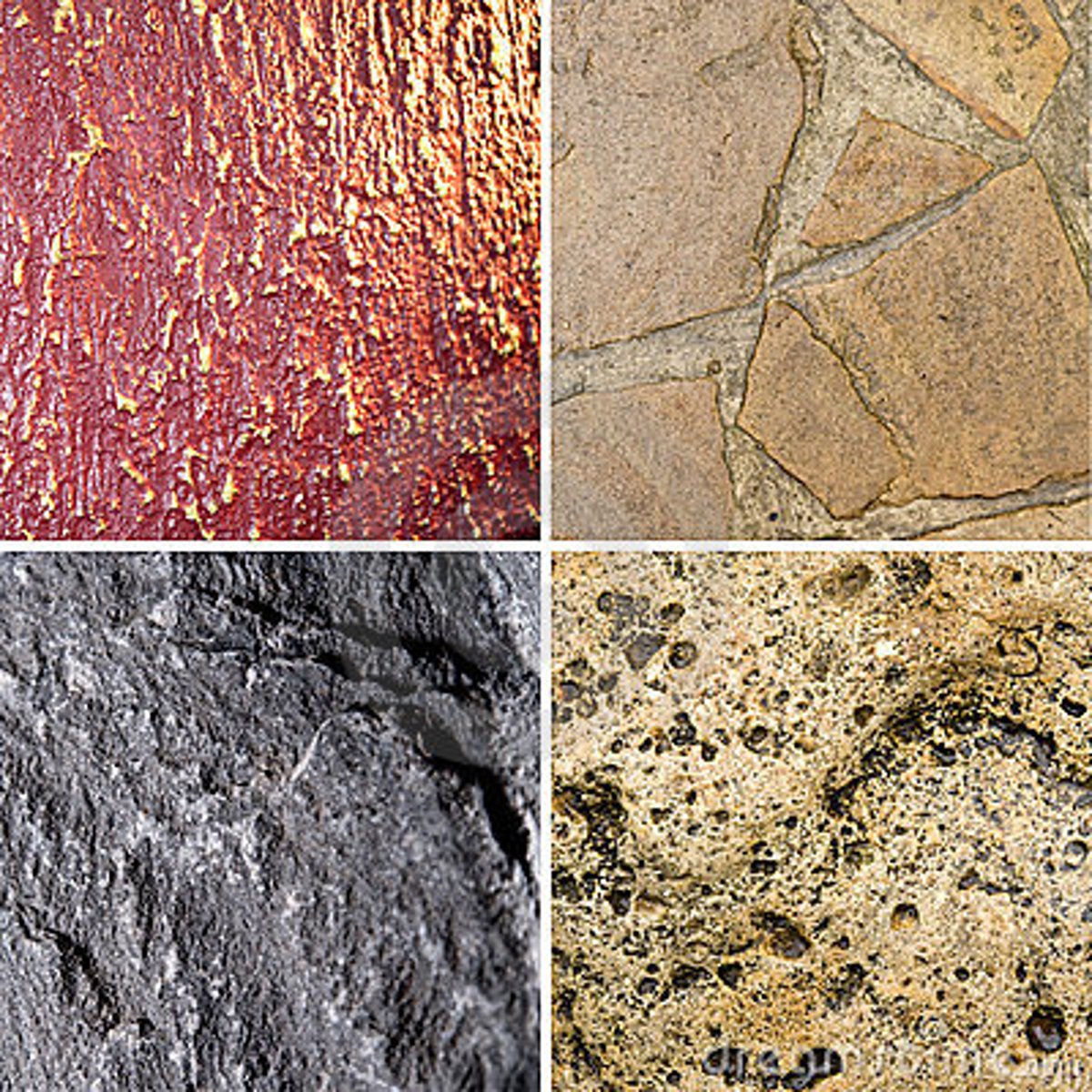
implied texture
the tactile quality of elements in an artifact rendered in a way that gives the impression of texture
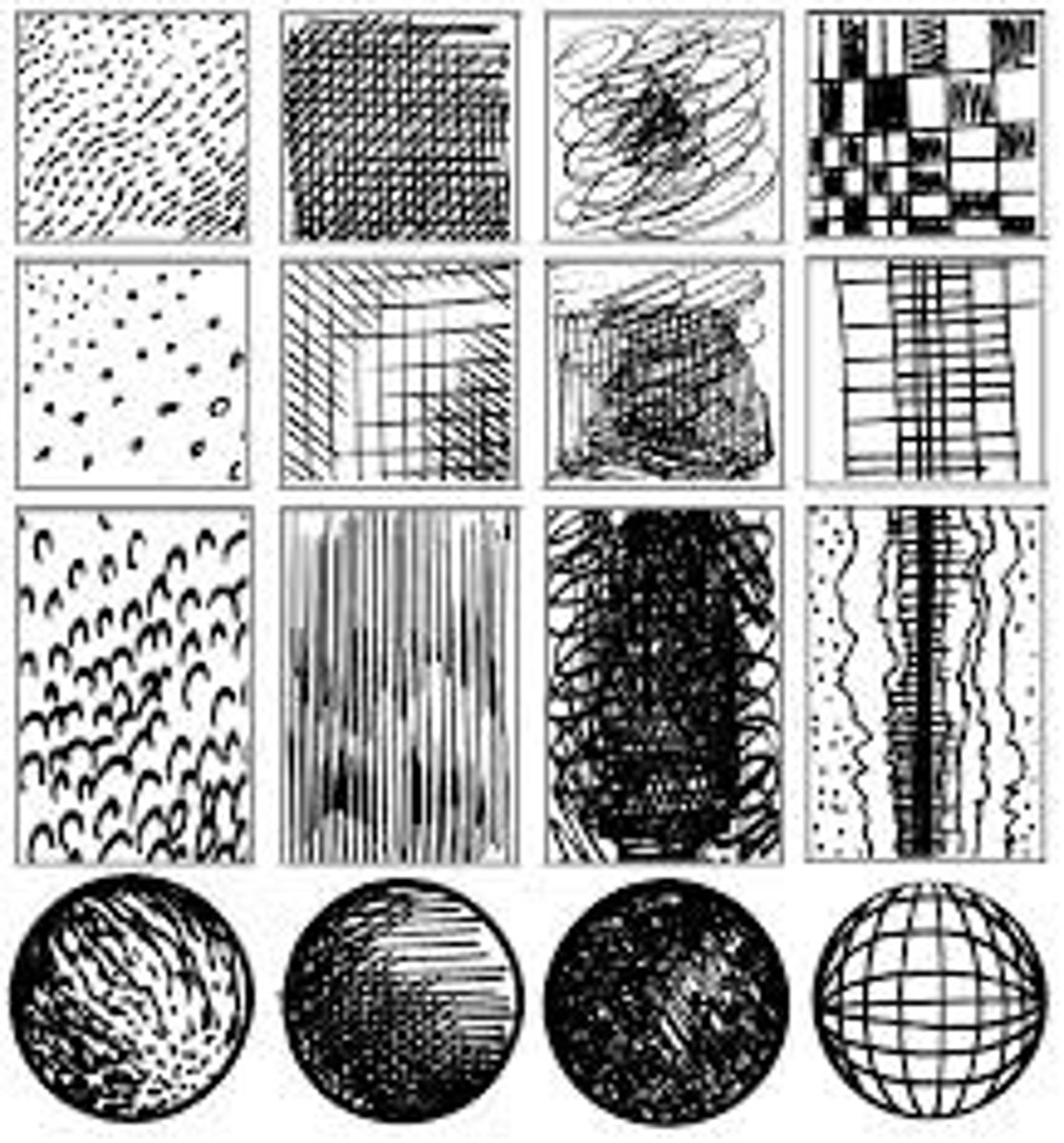
Depicted texture
shown or represented texture
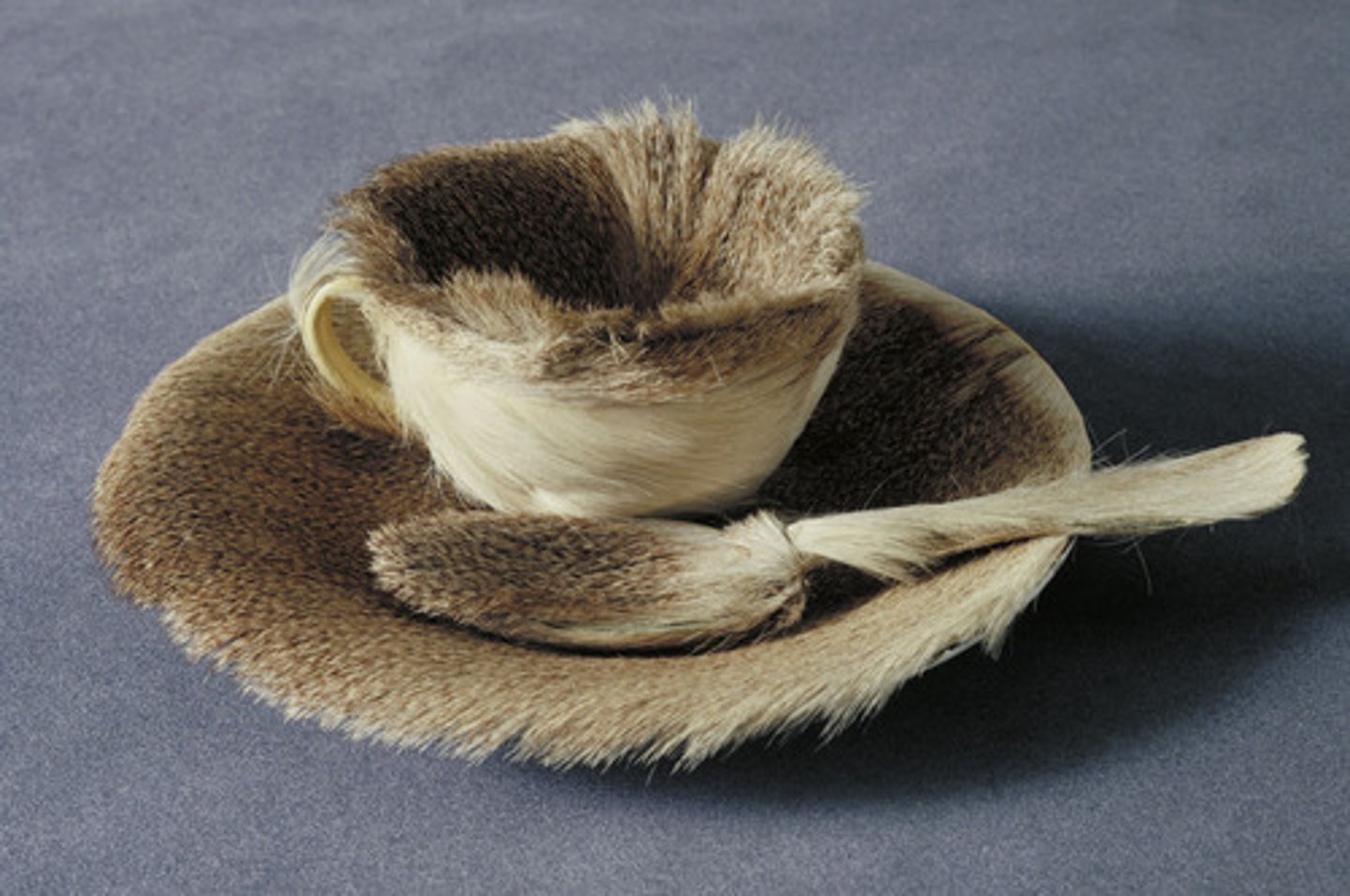
underlying texture
in the nature of something though not readily apparent
Tactile quality
How different surfaces feel when u touch the surface
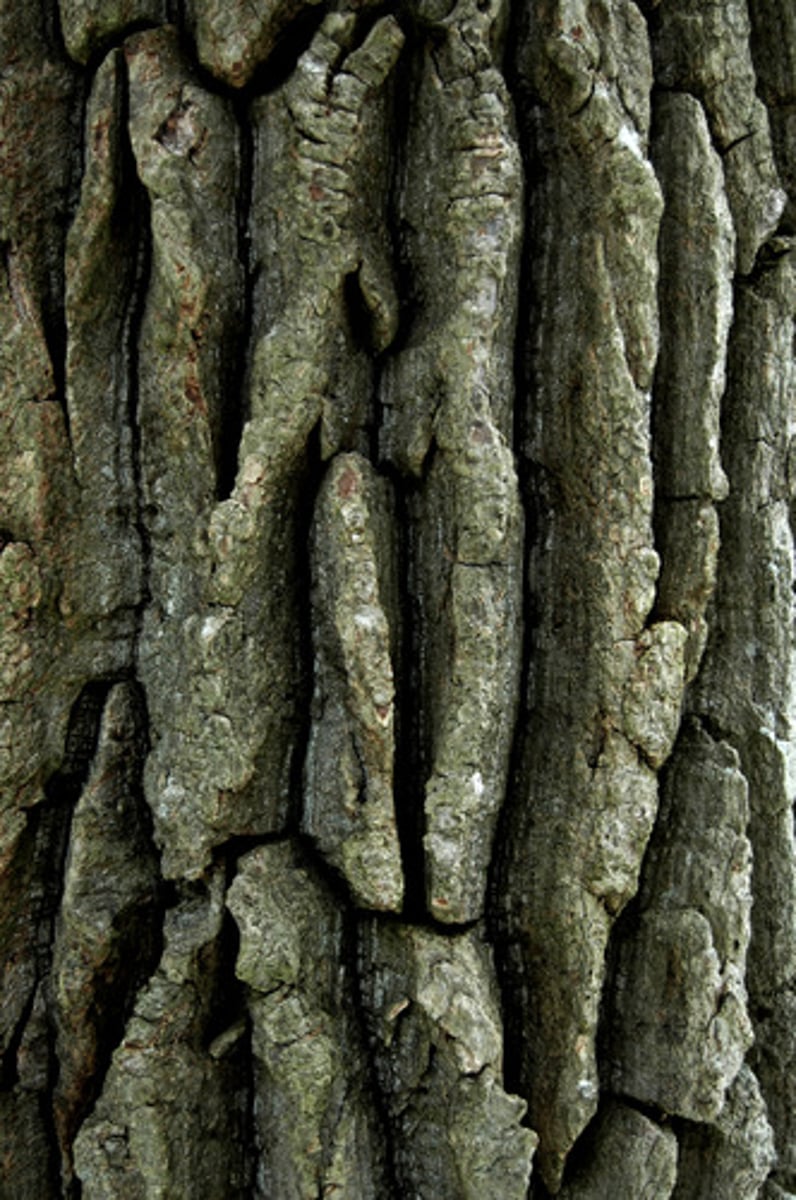
Chiaroscuro
use of strong contrasts between light and dark, usually bold contrasts affecting a whole composition
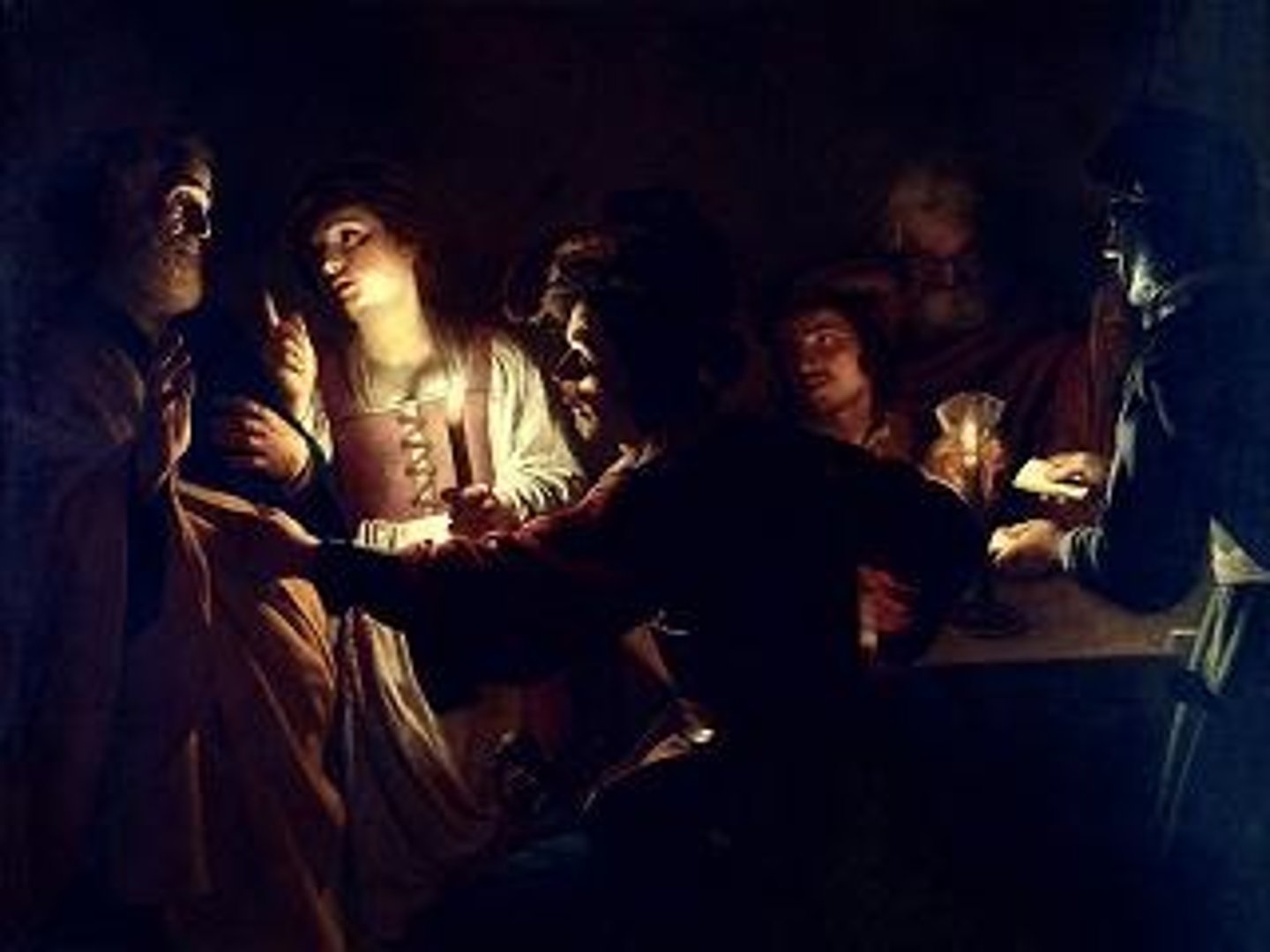
pentimento
a visible trace of earlier painting beneath a layer or layers of paint on a canvas (change of mind)
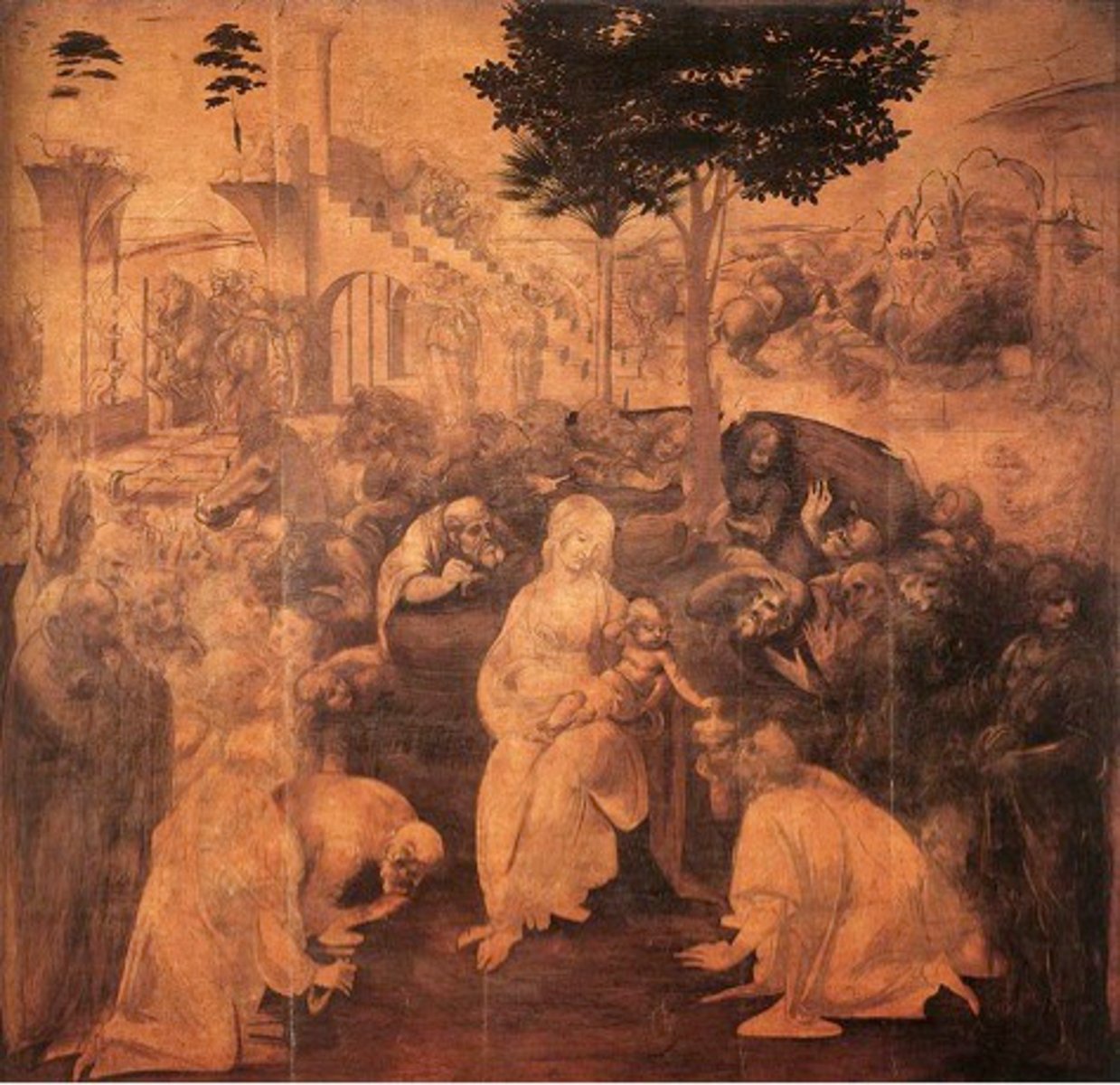
Sfumato
sfumatio (smoke) fine shading that produces soft, imperceptible transitions between colours and tones.
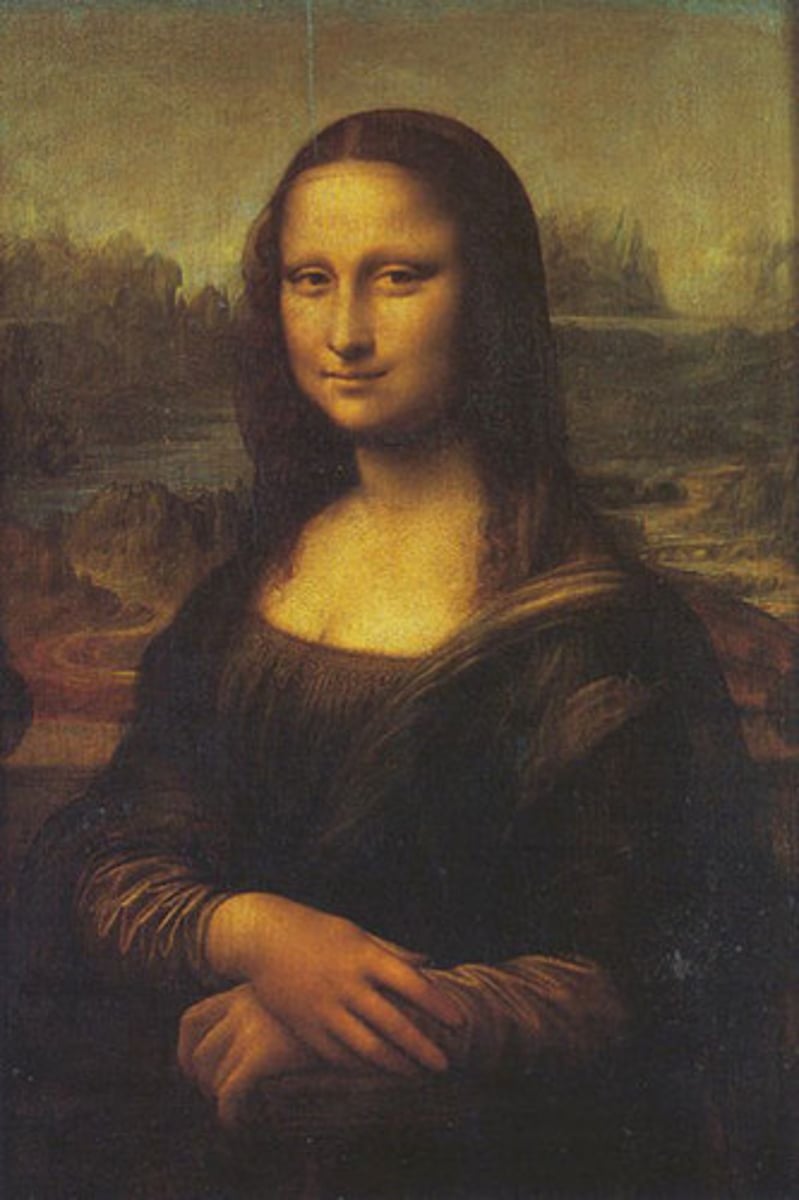
Grisaille
a painting done in neutral shades of gray to simulate the look of sculpture (Monochrome painting)
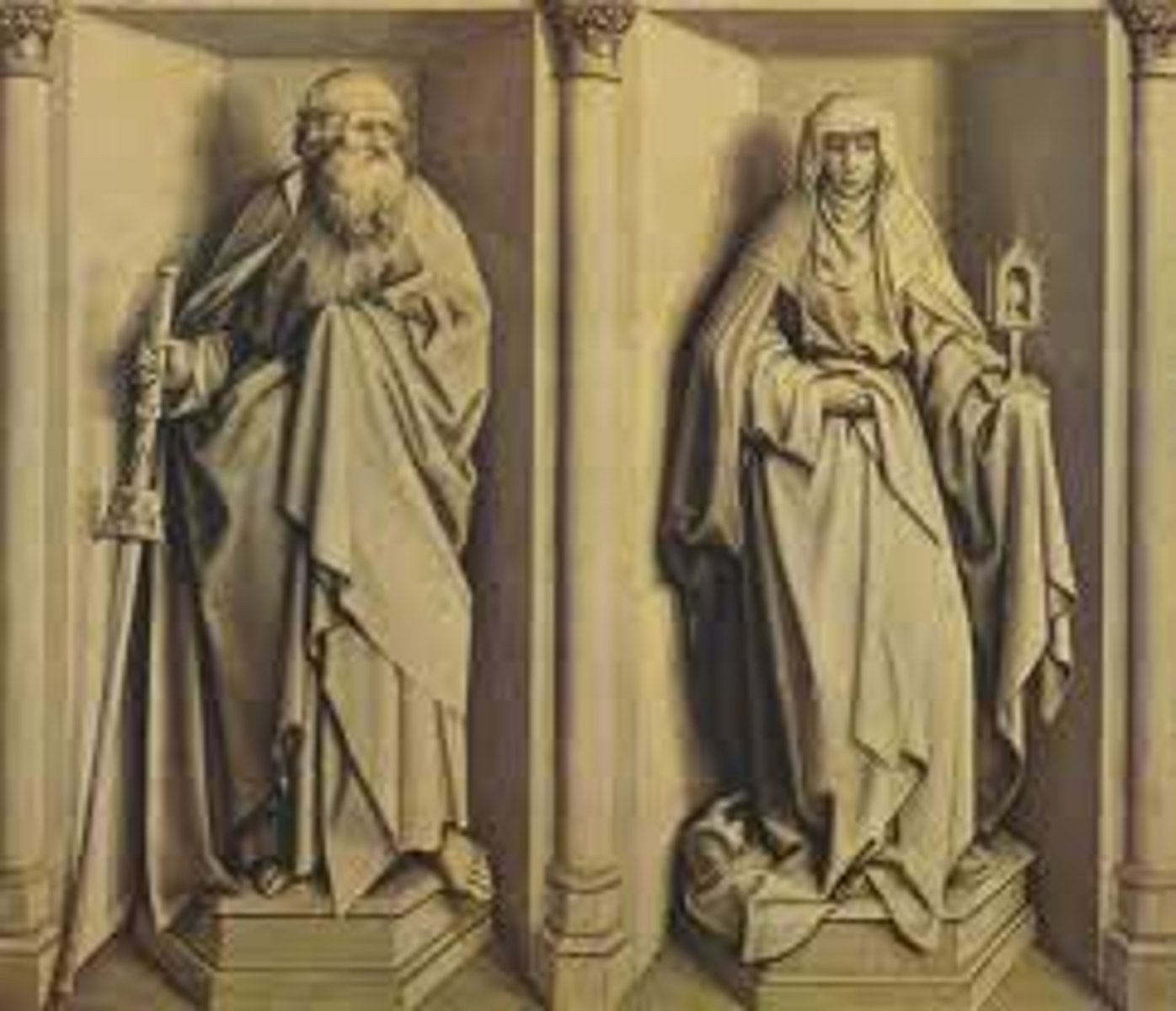
vertical axis
visual elements balance on both sides of the axis. Artworks may also balance around a horizontal axis, in which visual elements balance from top to bottom.
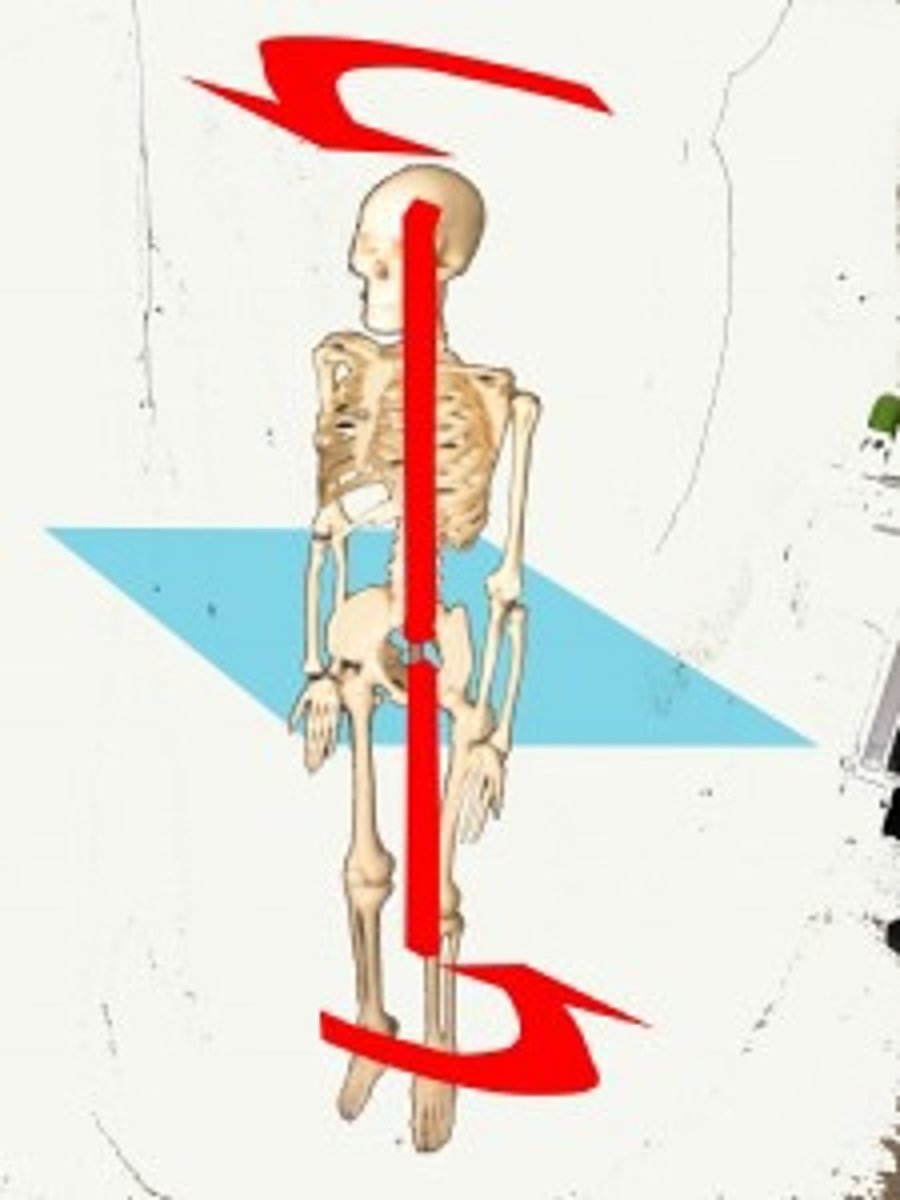
tertiary colors
a primary color is mixed with a secondary color next to it on the color wheel: yellow-orange, red-orange, red-violet, blue-violet, blue-green, yellow-green
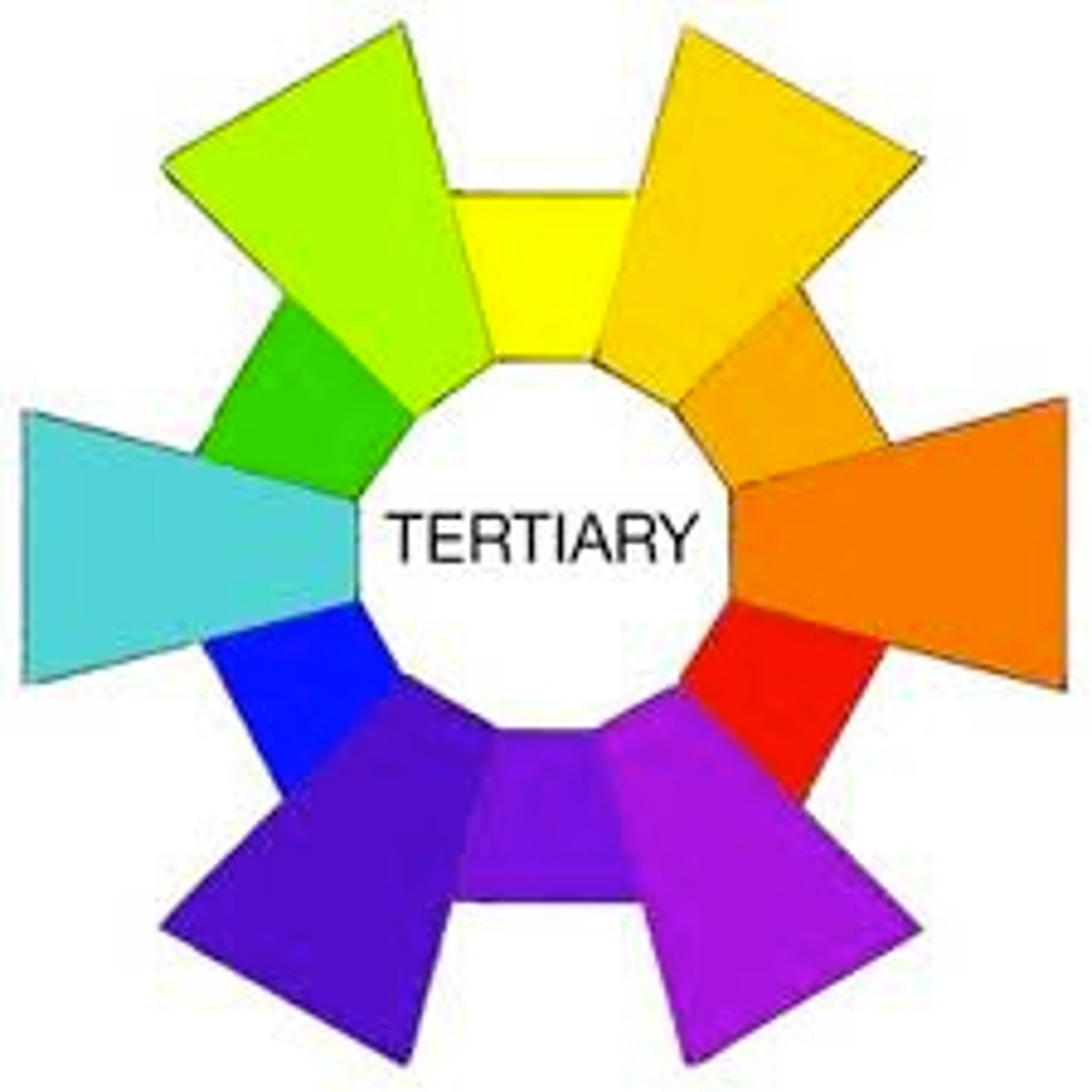
monochromatic
tints and shades of one color
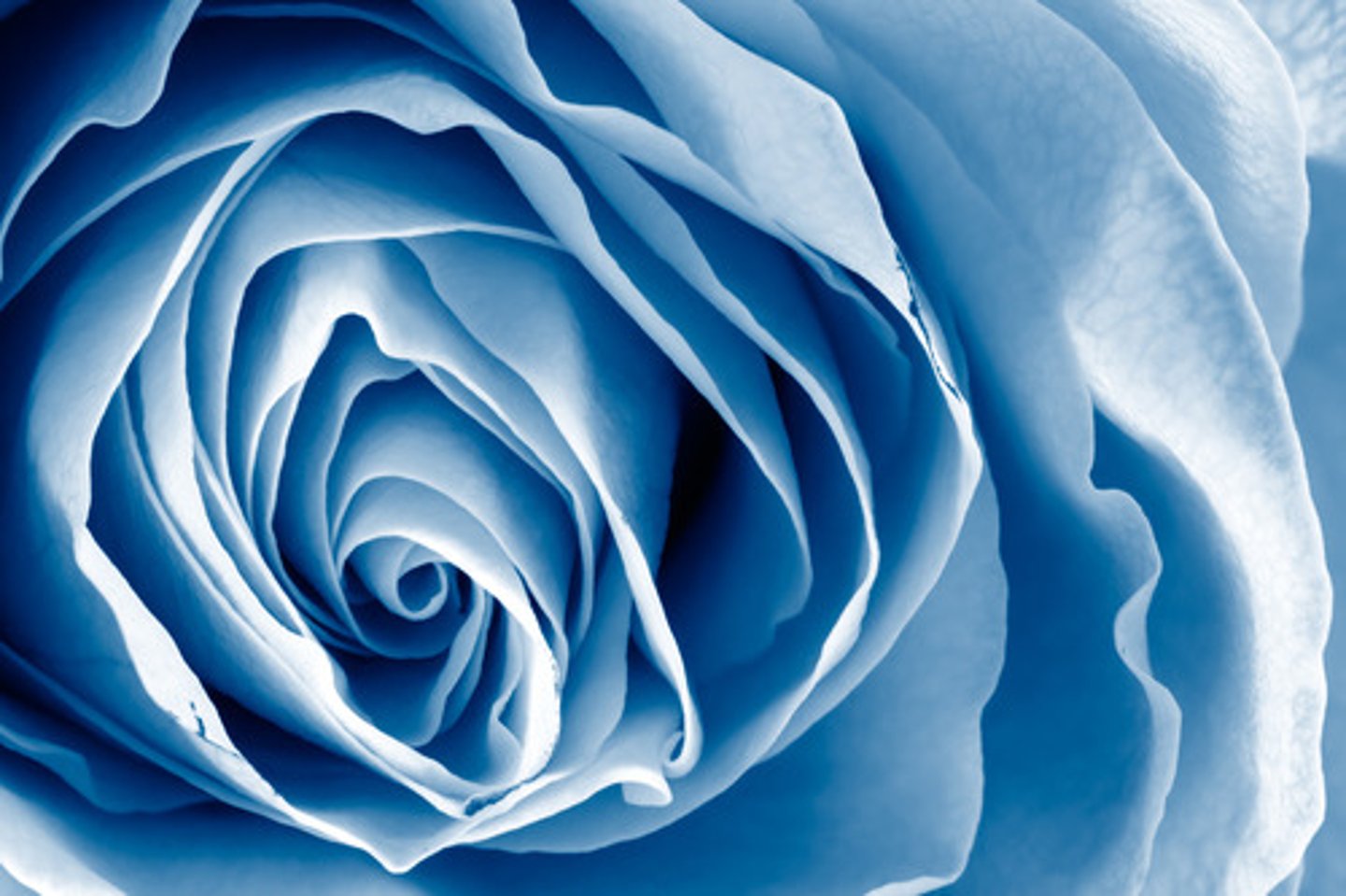
complementary colors
Colors located directly opposite one another on the color wheel
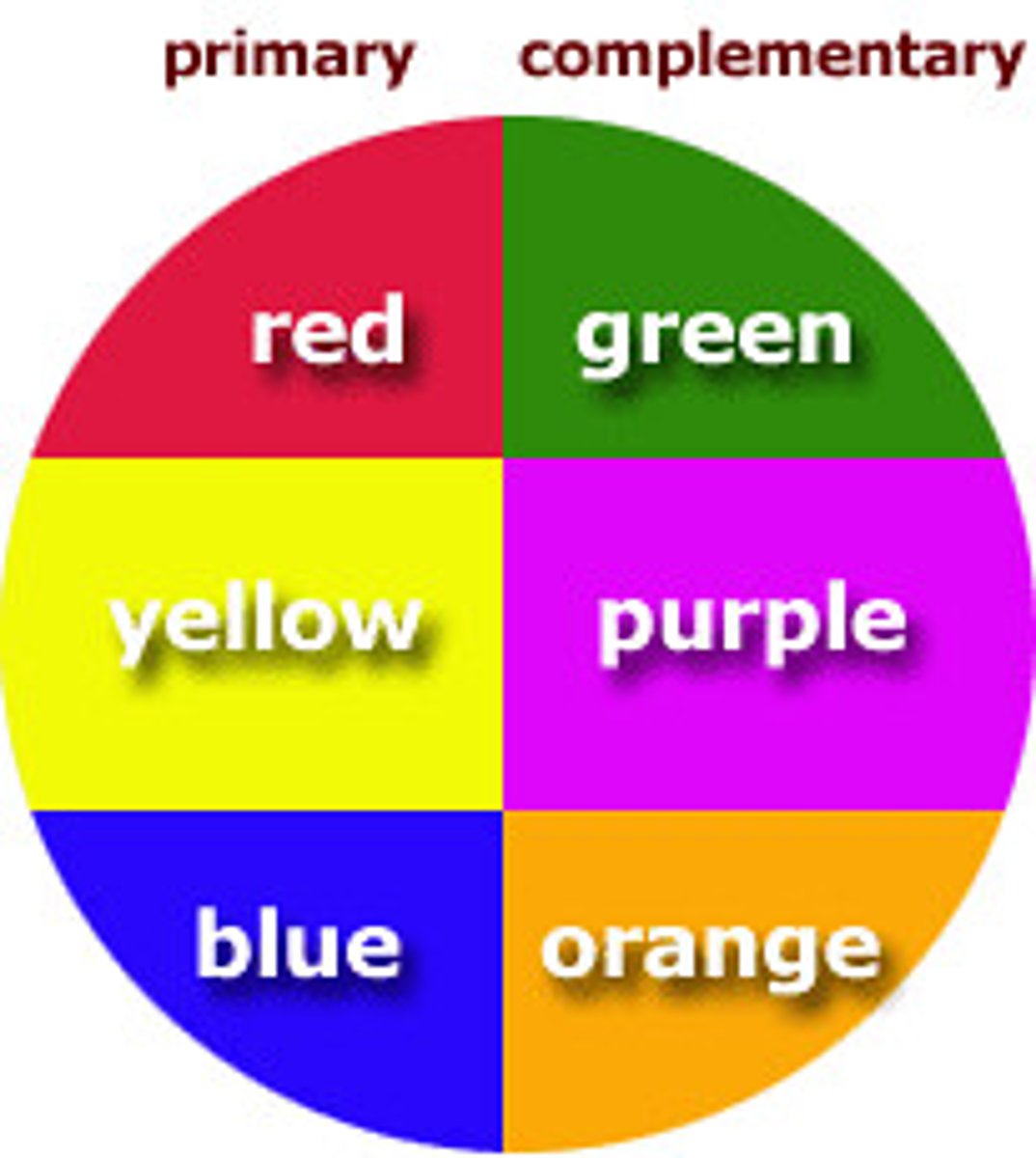
analogous colors
colors that are next to each other on the color wheel
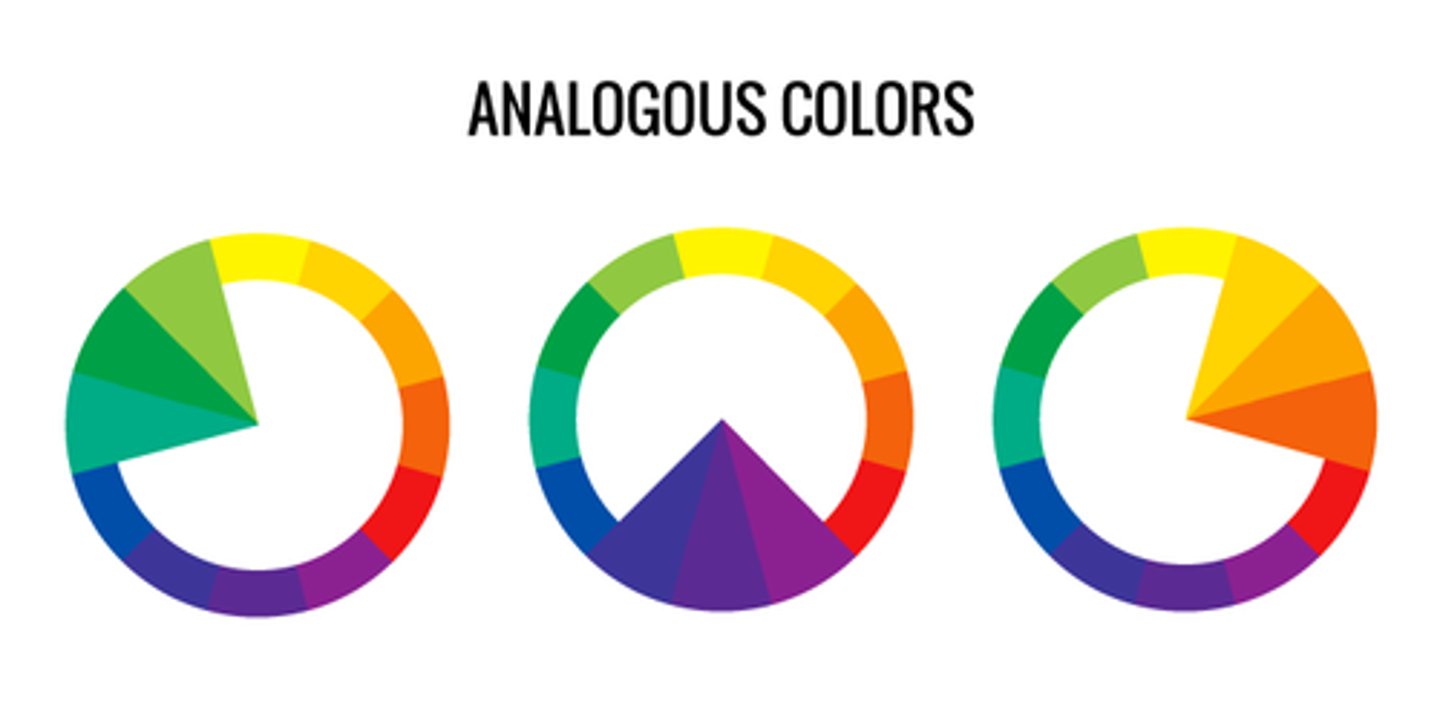
Appropriation Art
the use of pre-existing objects or images with little or no transformation applied to them
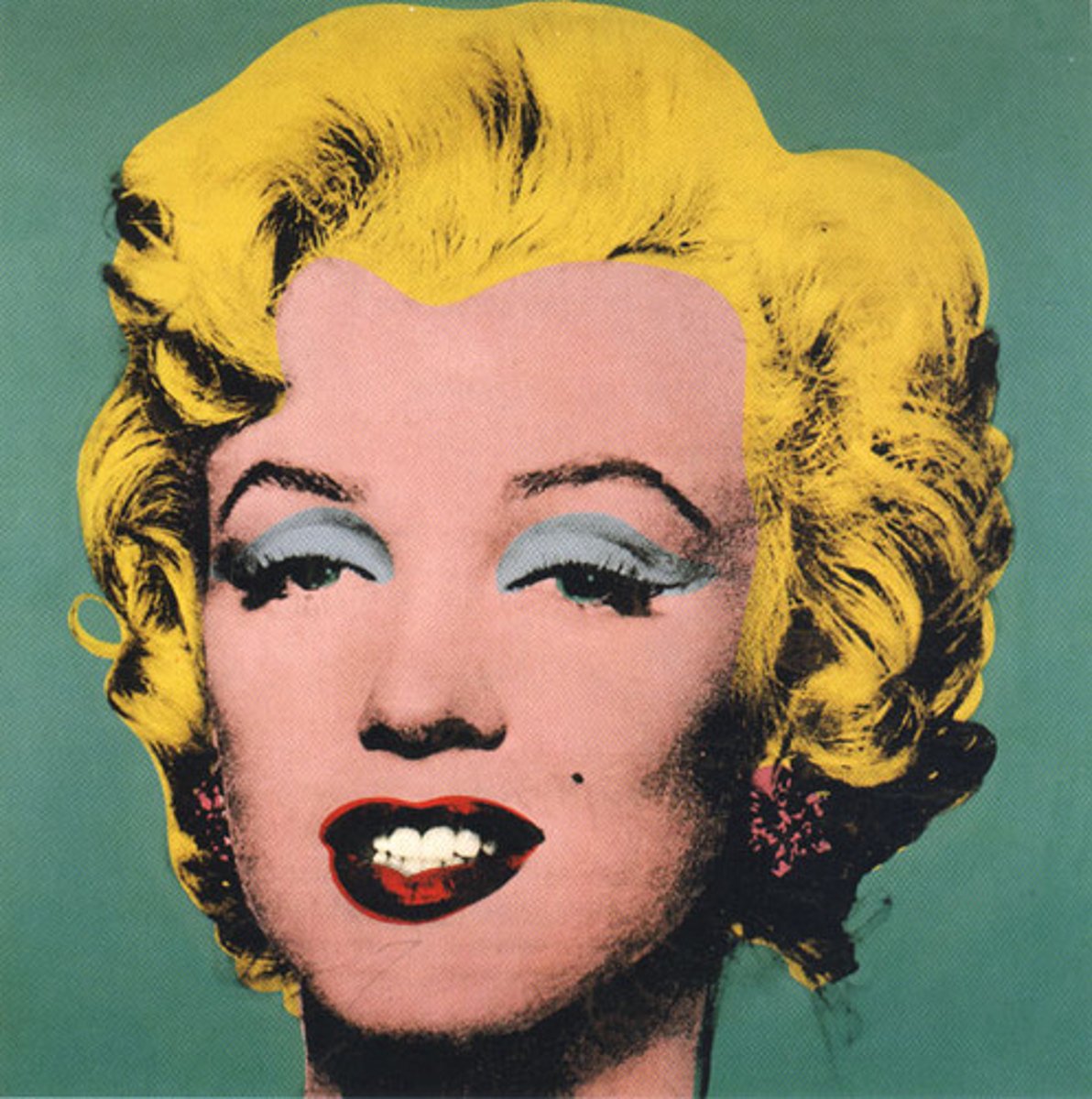
two-dimensional
Shapes that are 2-dimensional are those that have only length and width, with no sense of depth.
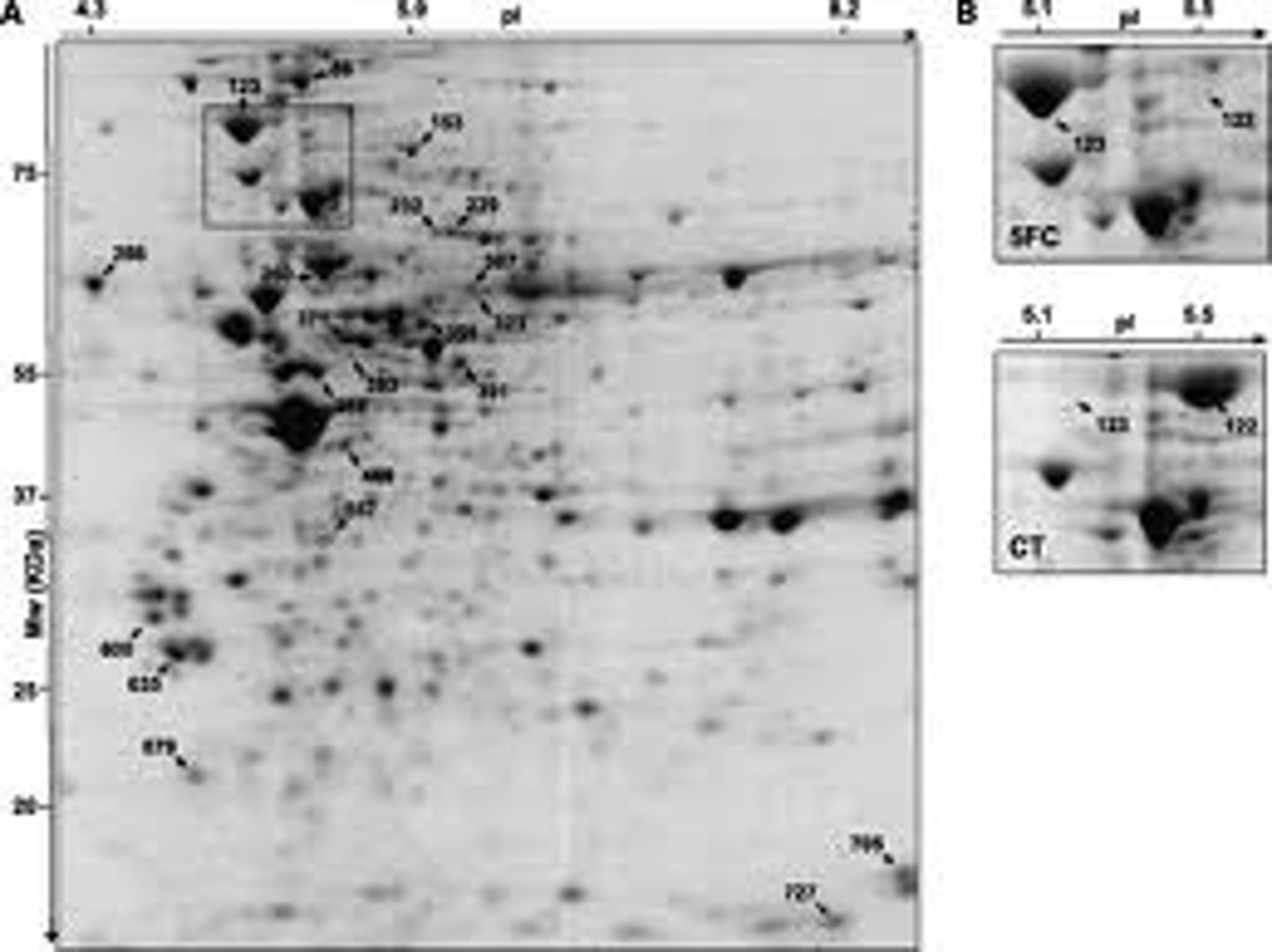
rendering
an artwork created by combining light, shade, and a light source to create contrast
Modernism
artistic and literary movement sparked by a break with past conventions Modernism fostered a period of experimentation in the arts from the late 19th to the mid-20th century, particularly in the years following World War I
Abstraction Art
uses visual language of shape, form, color and line to create a composition which may exist with a degree of independence from visual references in the world
figure-ground relationship
the organization of the visual field into objects that stand out from their surroundings
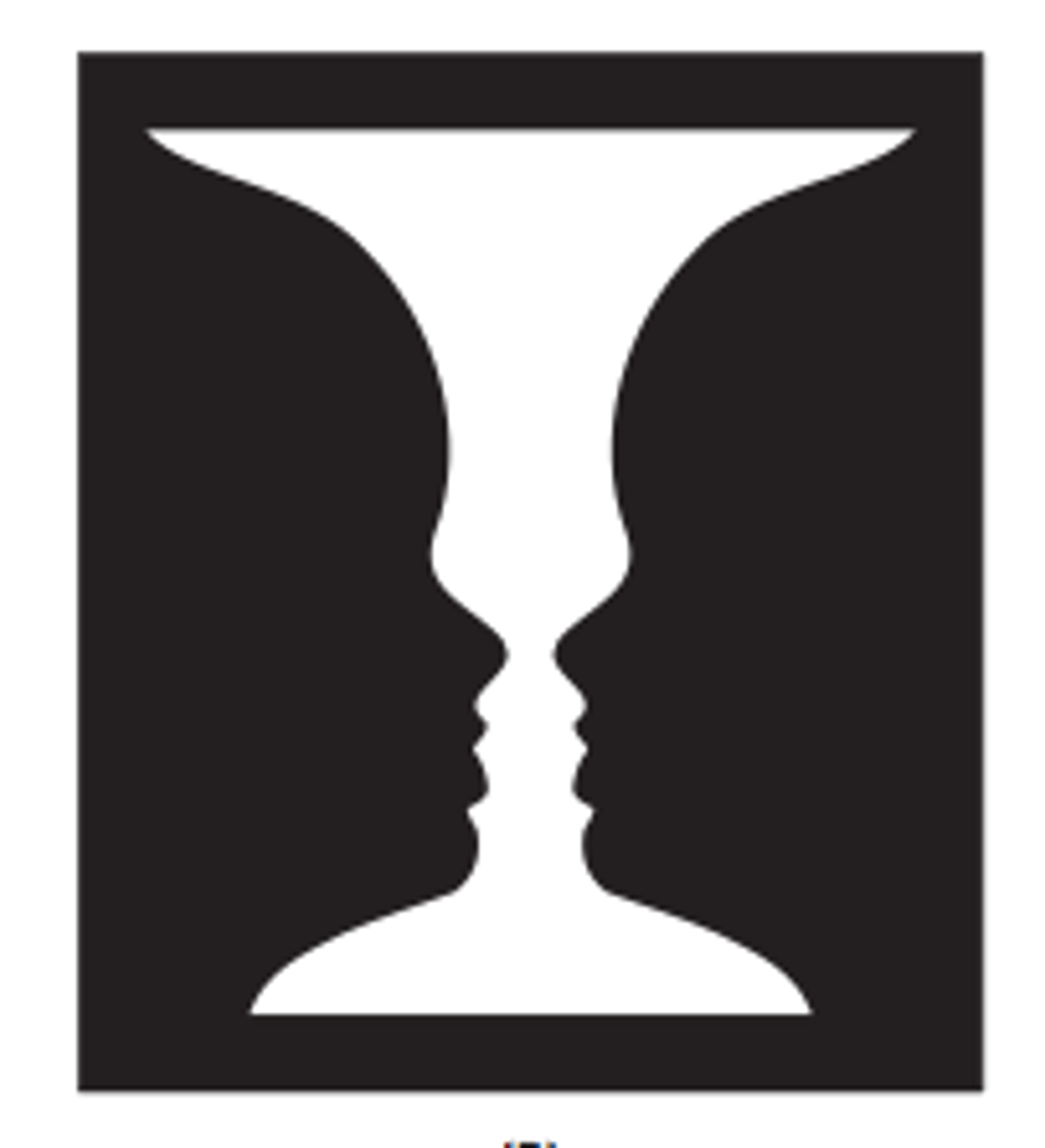
three-dimensional
Having the dimensions of height, width, and depth.
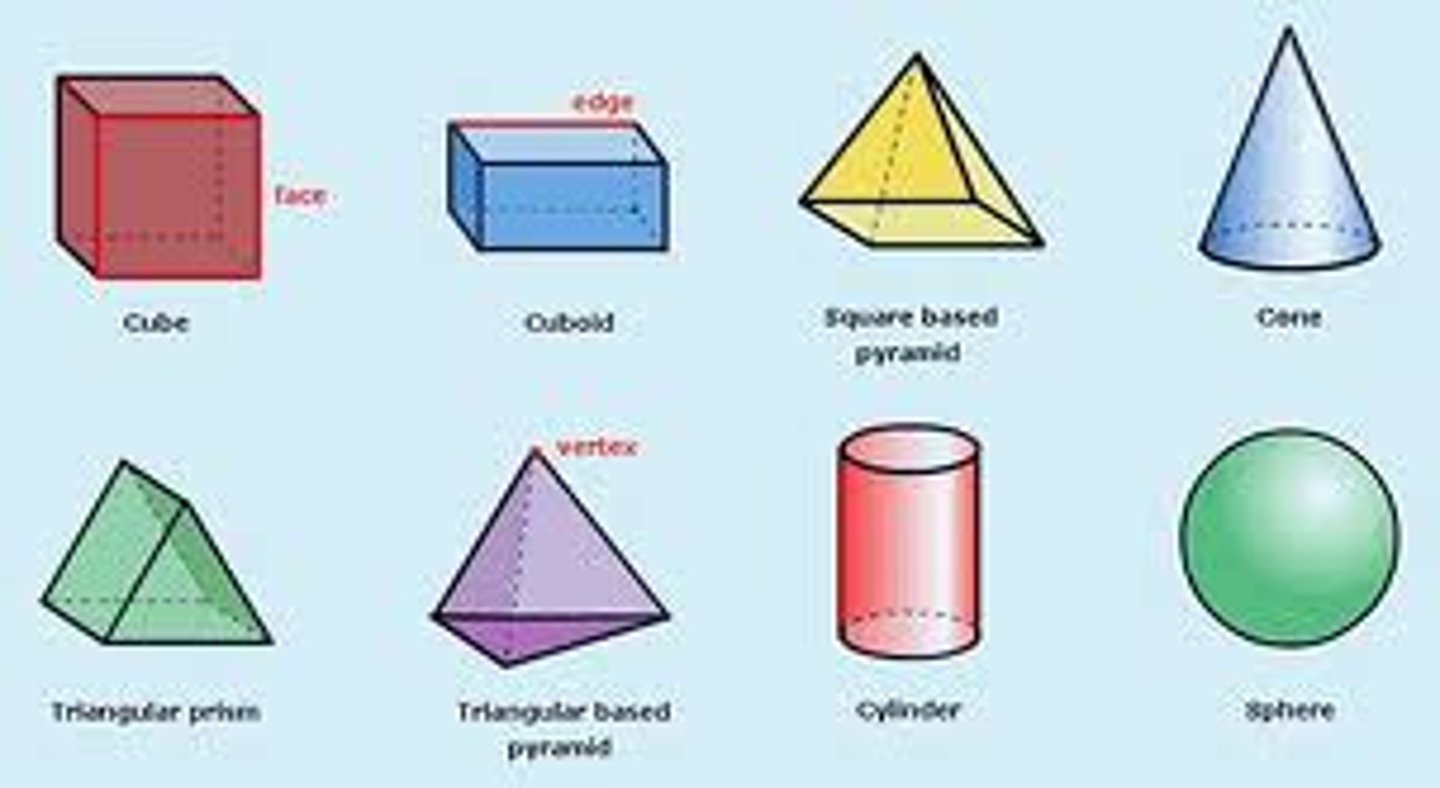
watercolor
transparent paint made from pigment and a binder dissolved in water
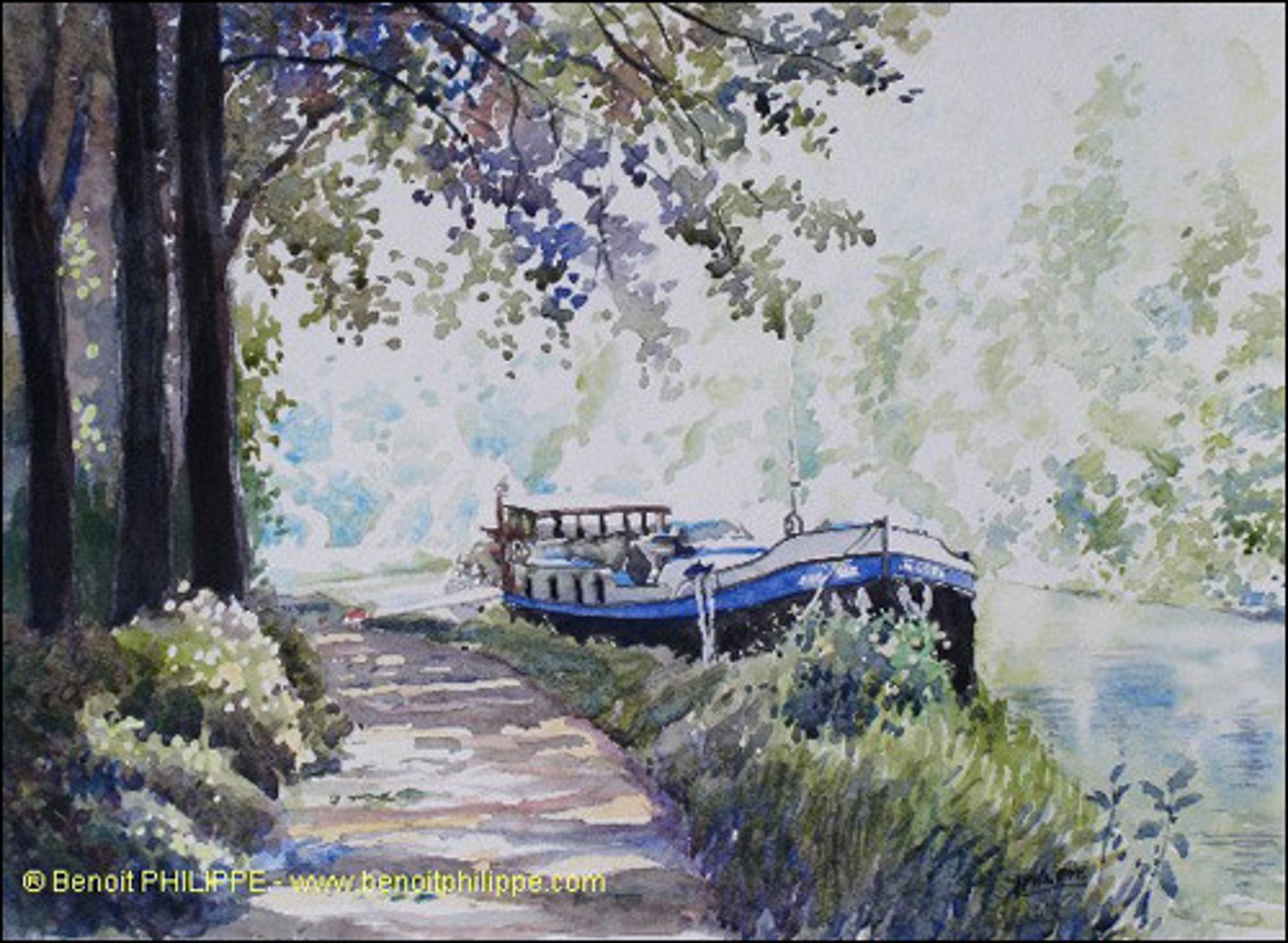
acetone
strong, volatile solvent that has the properties necessary to remove paint and lacquer.
rubber cement
Glue designed for adhering paper to paper only
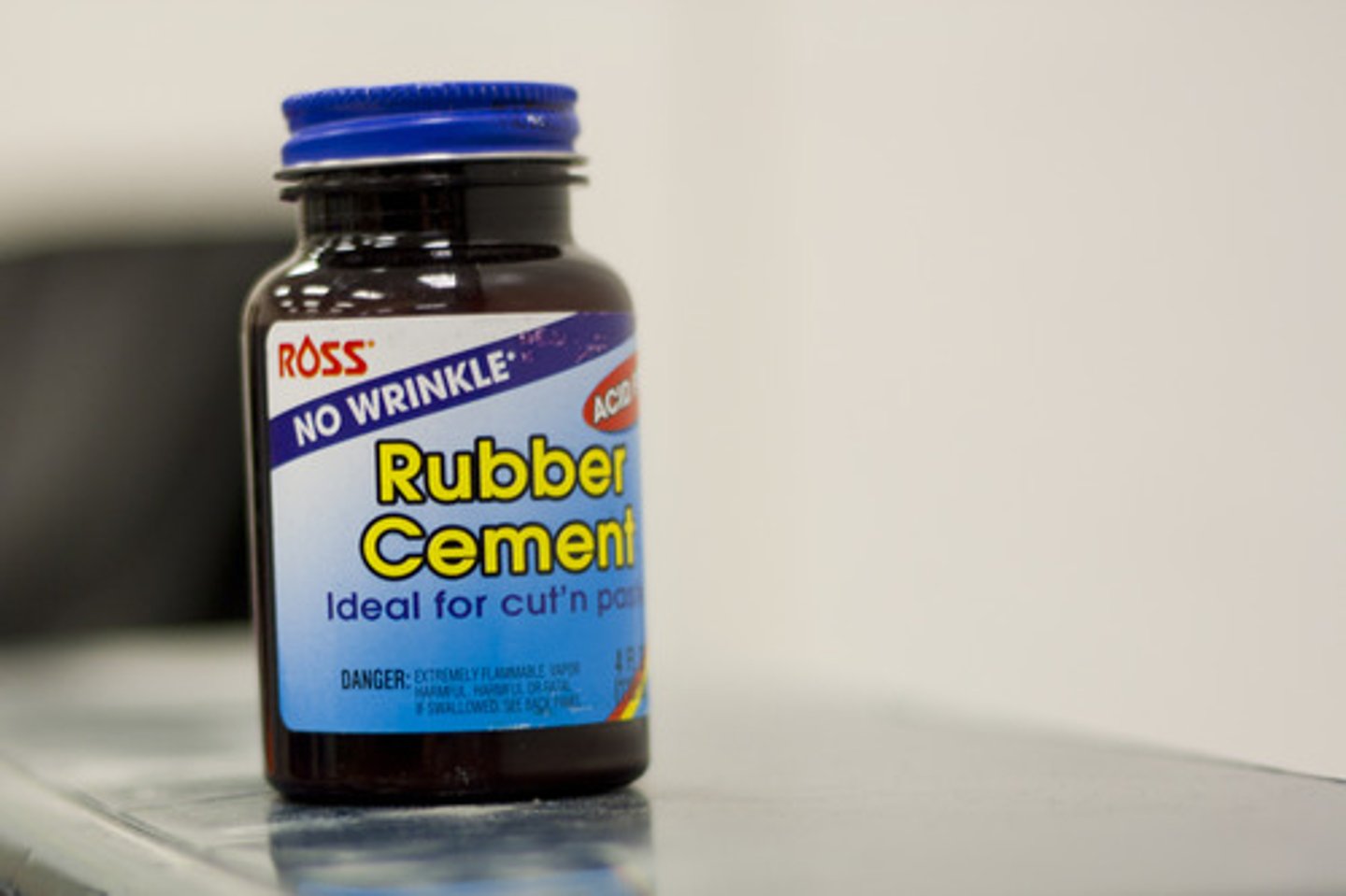
acetone
A colorless, inflammable liquid; miscible with water, alcohol, and ether; and has a sweetish odor or burning taste. It is used as a solvent.
Encaustic
a painting technique in which pigment is mixed with melted wax and applied to the surface while the mixture is hot
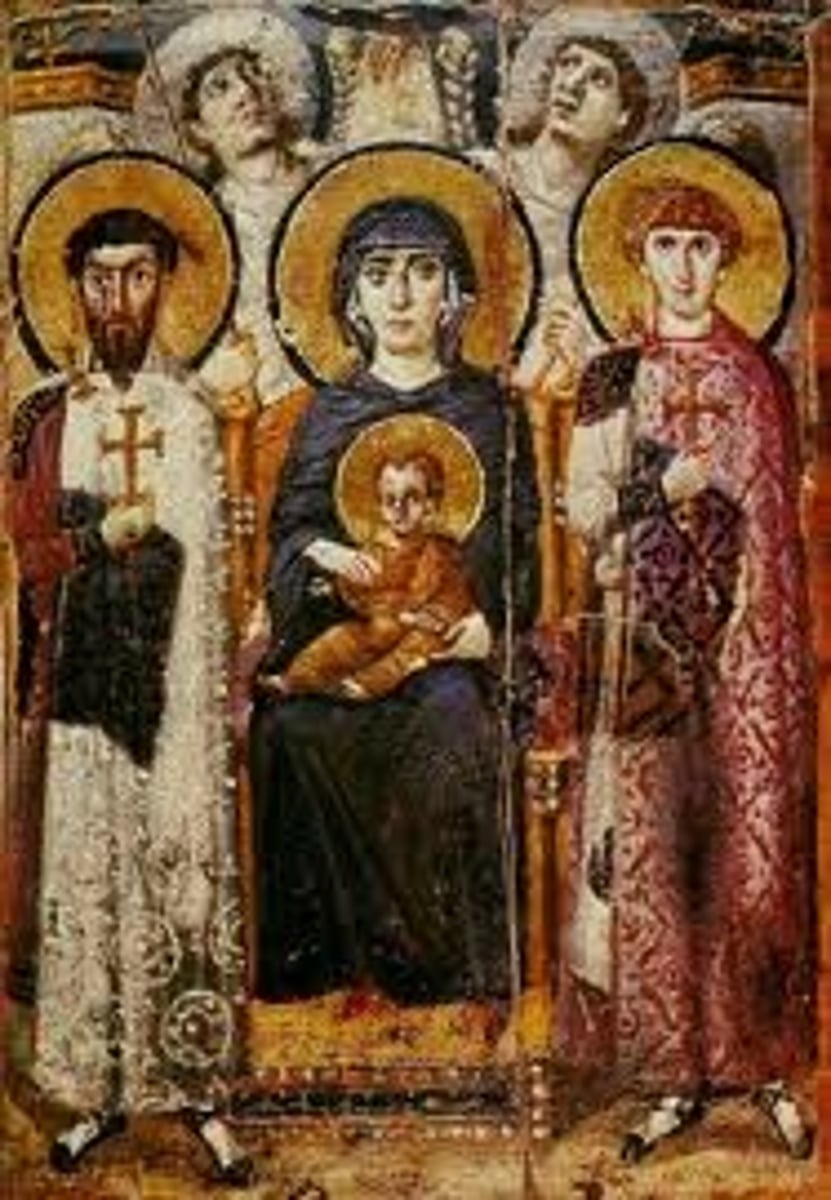
turpentine
a solvent, from tree resent and one of the more traditional ones that painters use. It speeds up the drying time as it dilutes the paint and evaporates off of it
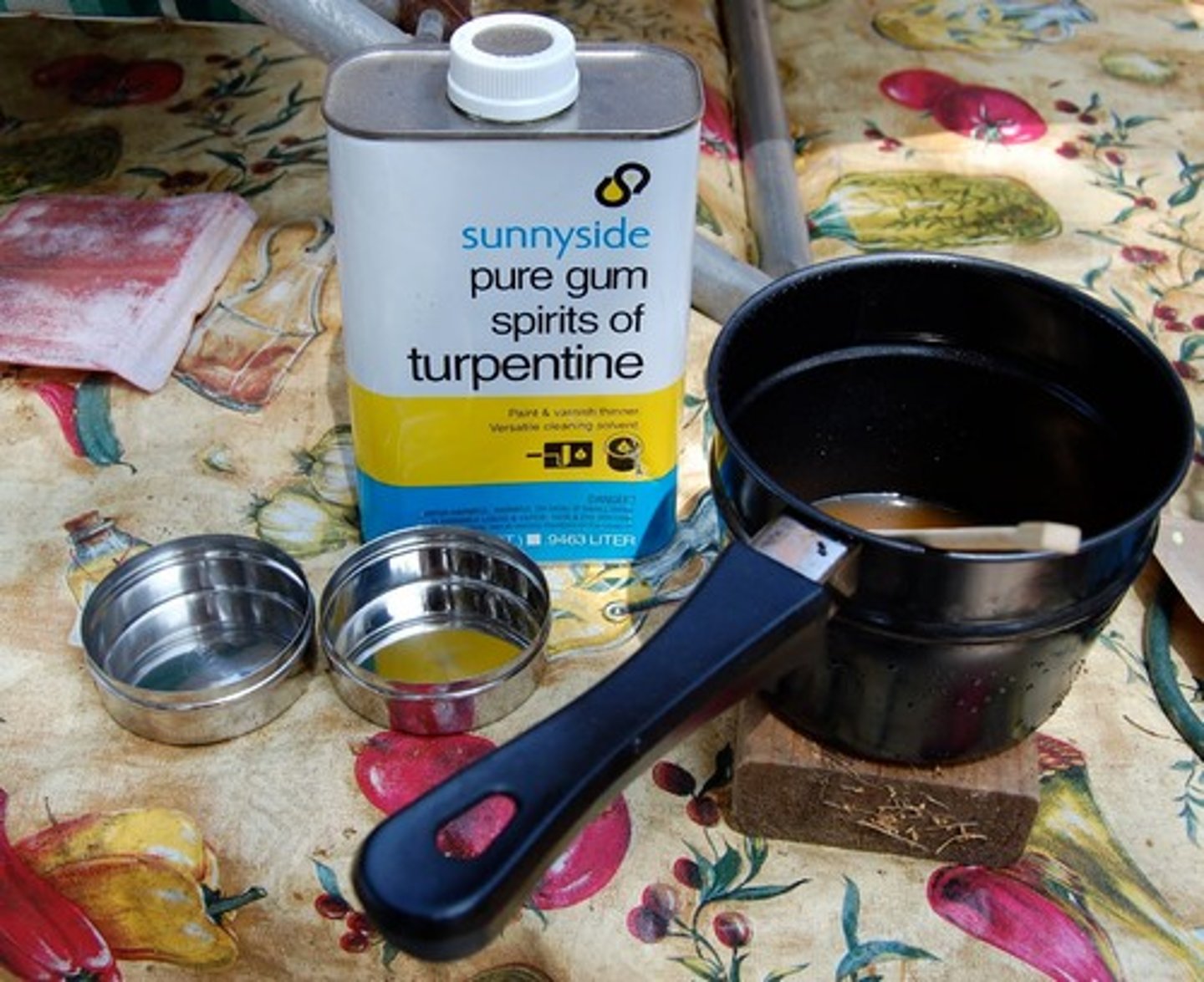
linseed oil
Most popular quick-drying constituent, other oils can be used for variation of flow texture & rate.
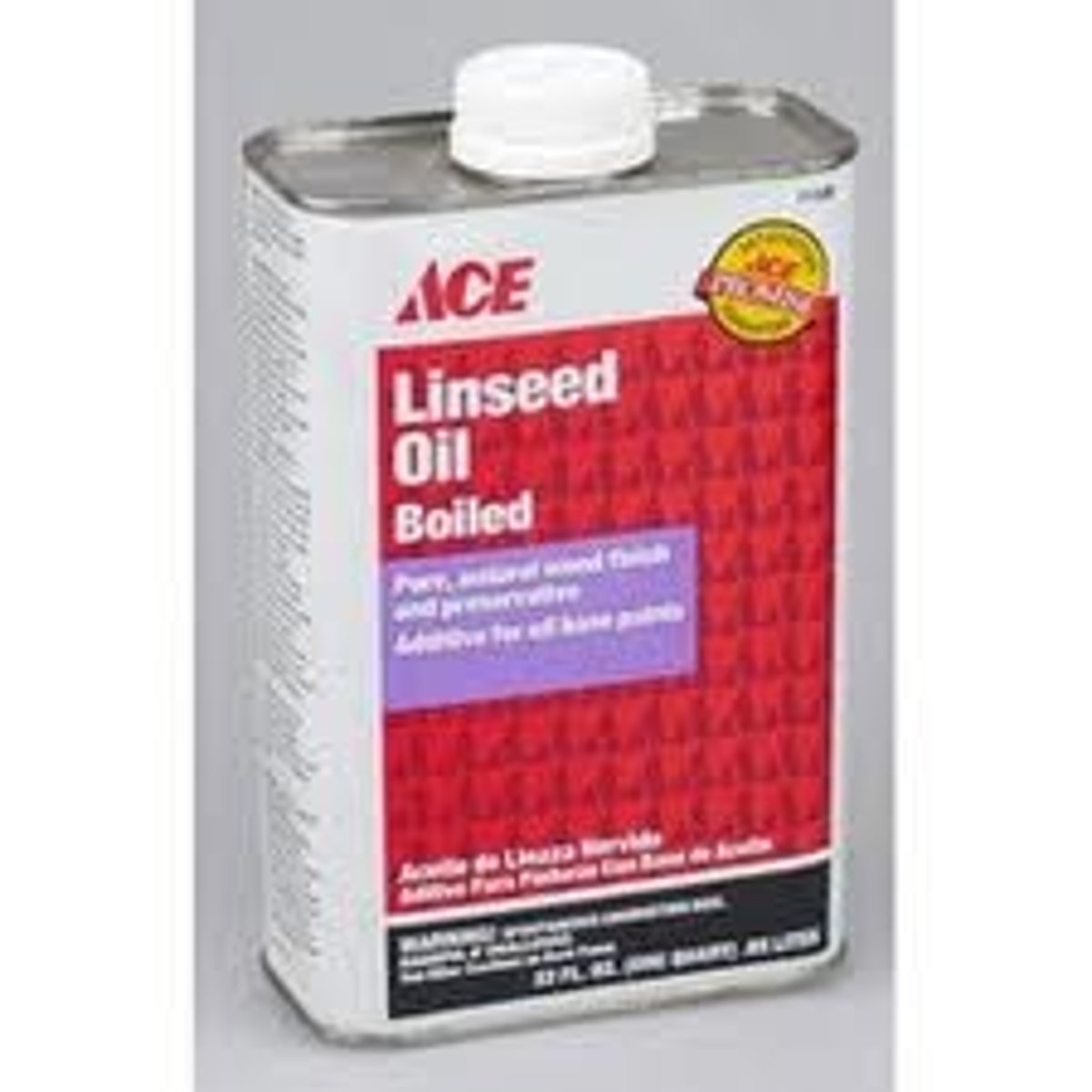
Gouache
method of painting, water-soluble paint. Watercolor to which opaque pigments ground in water and thickened with a gluelike substance.
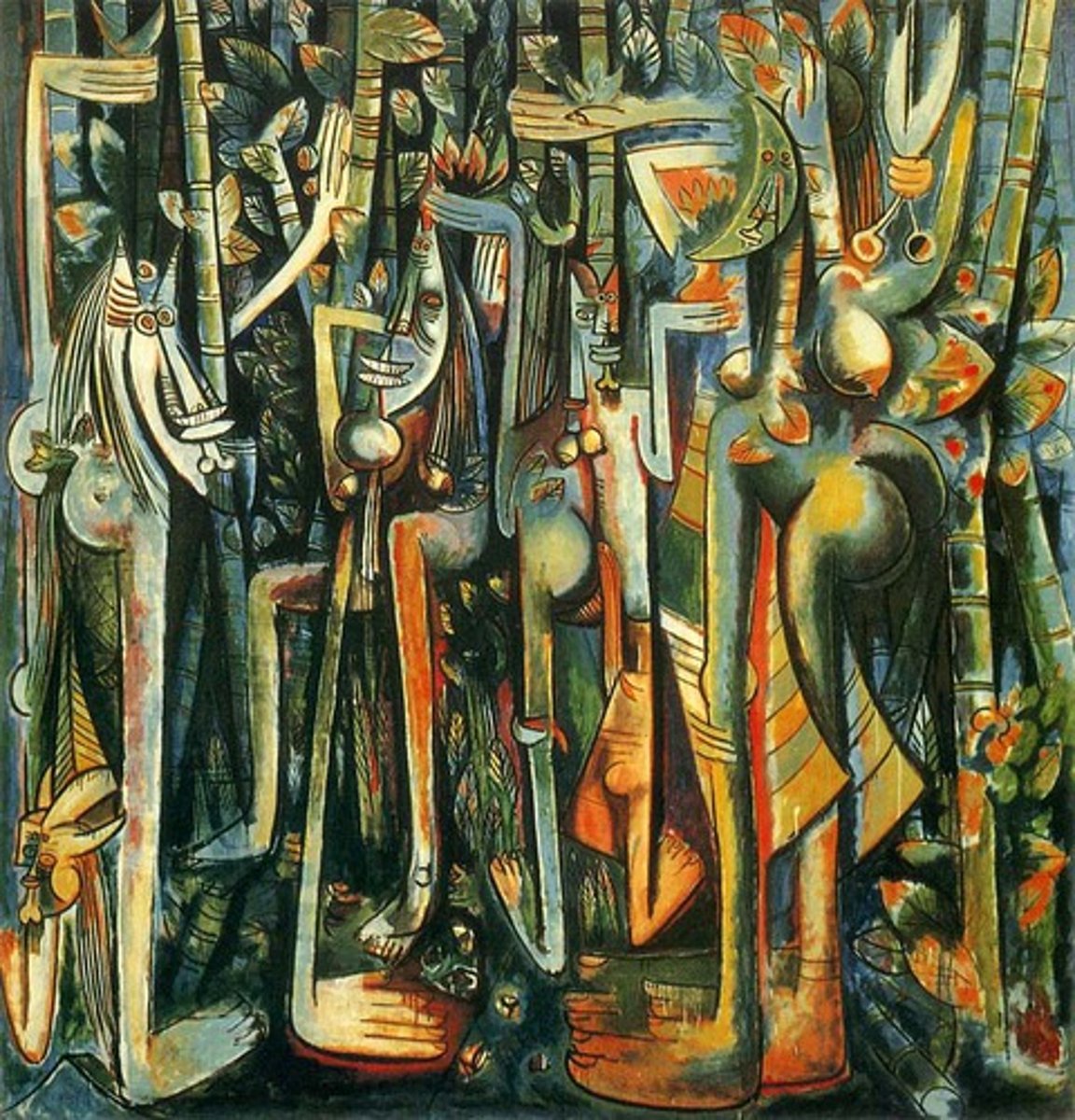
Kiln
A furnace capable of controlled high temperatures used to fire ceramic ware and sculpture. (It is never safe to open a kiln at any temperature over 200°F.)
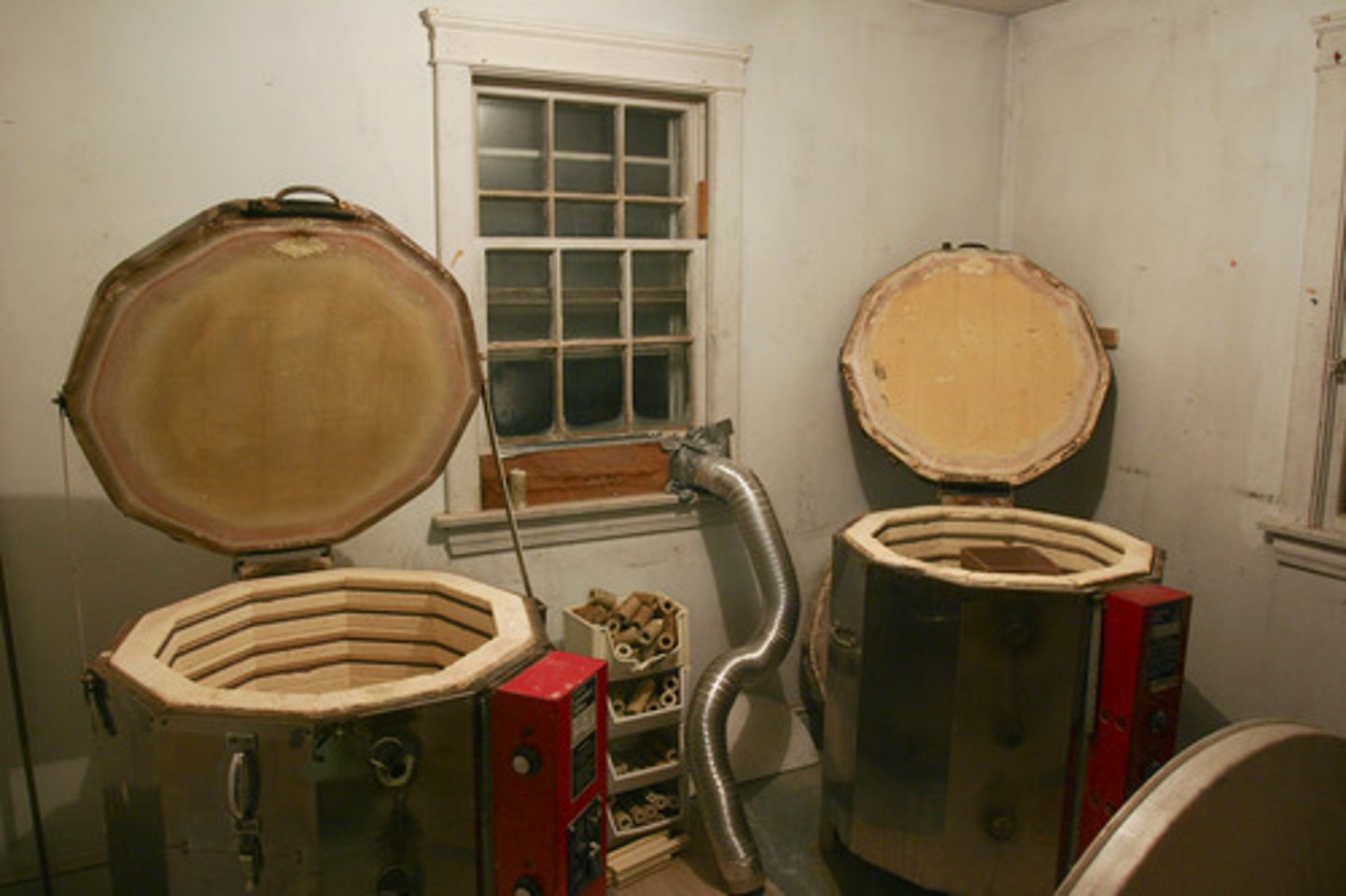
Material Safety Data Sheet
OSHA requires chemical manufacturers and suppliers to provide a____ for each hazardous chemical they sell
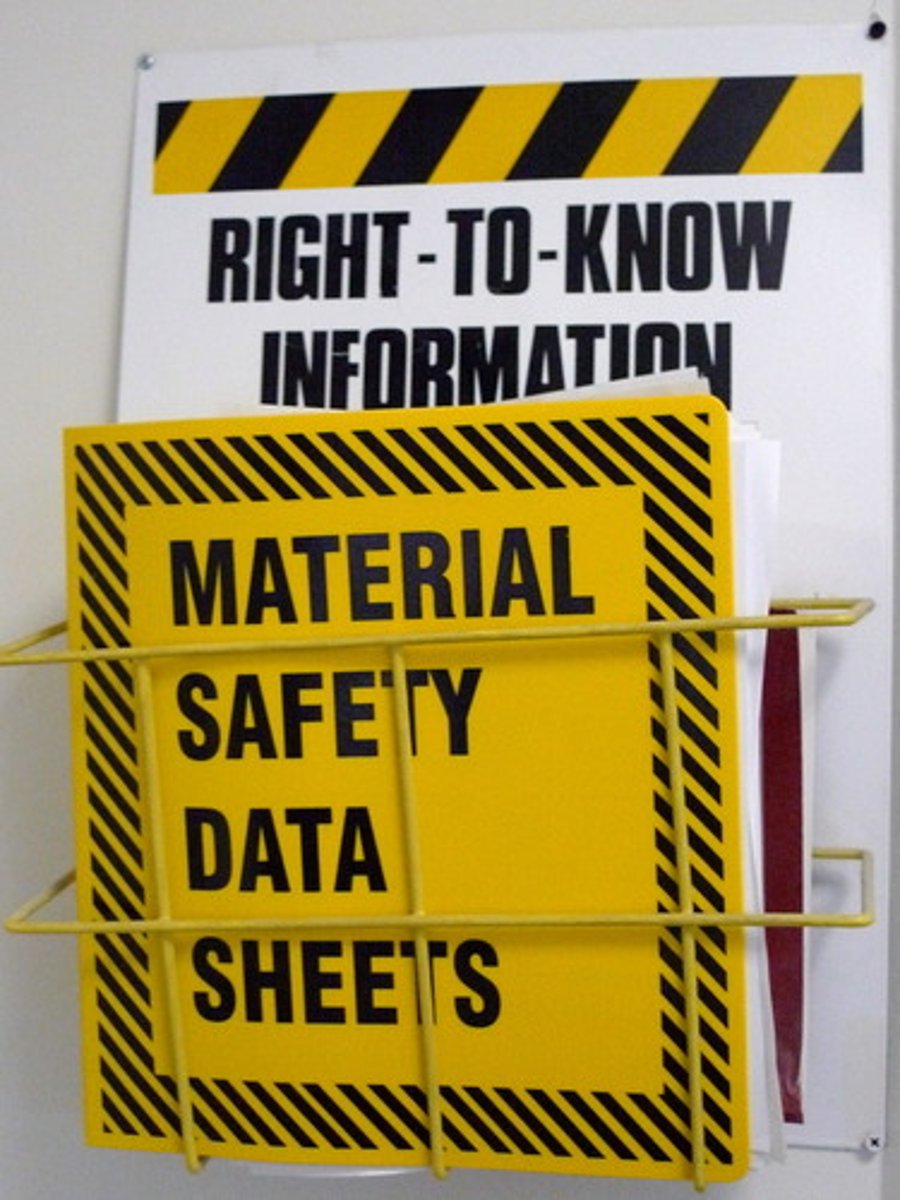
Acid bath for etching
Requires good ventilation, The plate is then immersed in an acid bath, just like etching. The acid eats into the metal around the particles to produce a granular pattern of tiny indented rings.
India ink
black pigment in the form of sticks that are moistened before use in drawing and lettering, or the fluid ink consisting of this pigment finely suspended in a liquid medium, such as water, and a glutinous binder.
Acrylic extender
adding moisture, which increases the evaporation time, which means longer dry times. Extending the dry time of acrylic
dispose of oil-based painting and printmaking products safely
deposited in an approved container
awl
a pointed tool for marking surfaces or for punching small holes in sewing
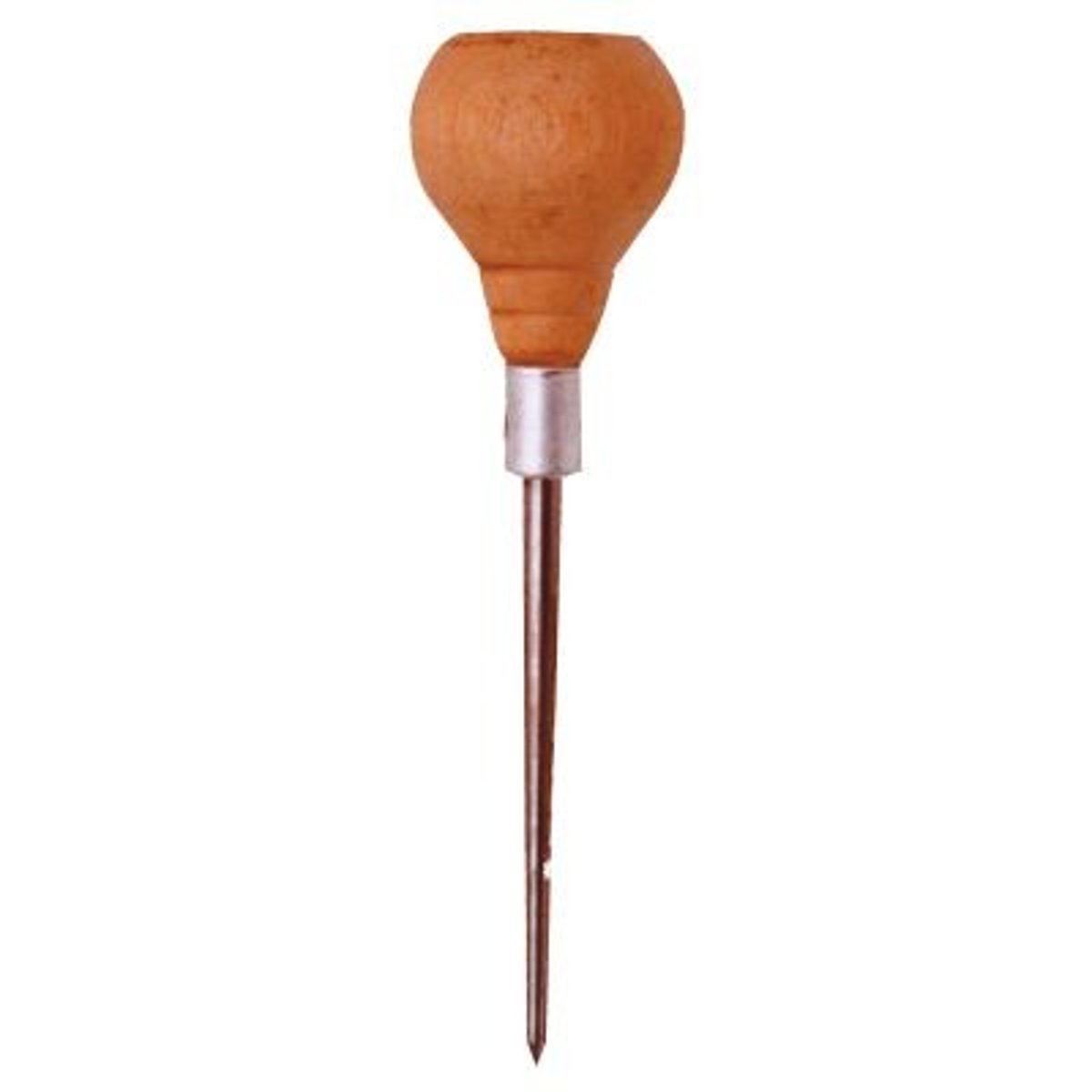
stomp
used by artists to smudge or blend marks made with charcoal, Conté crayon, pencil or other drawing media.
nib
A common tool for drawing with ink is a pen. The point that fits into a traditional pen holder is called a nib regardless of the kind of line it produces.
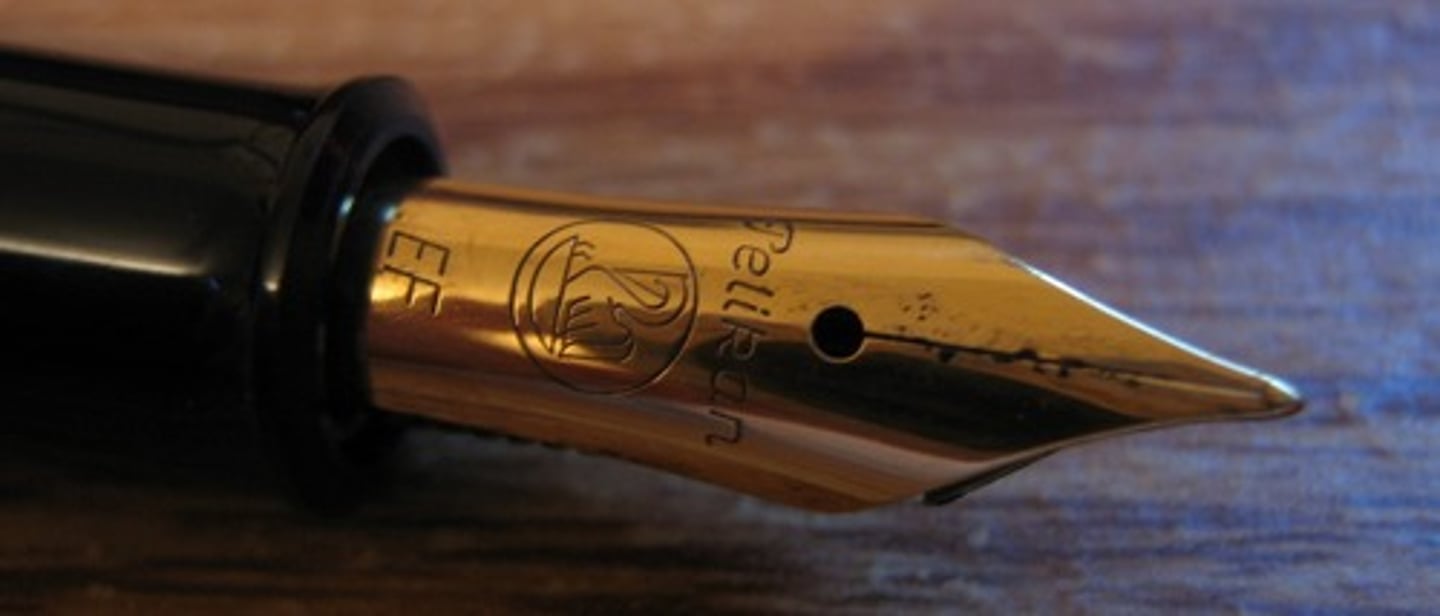
Tortillon
cylindrical drawing tool, tapered at the end and usually made of rolled paper, used by artists to smudge or blend marks made with charcoal, Conté crayon, pencil or other drawing utensils.
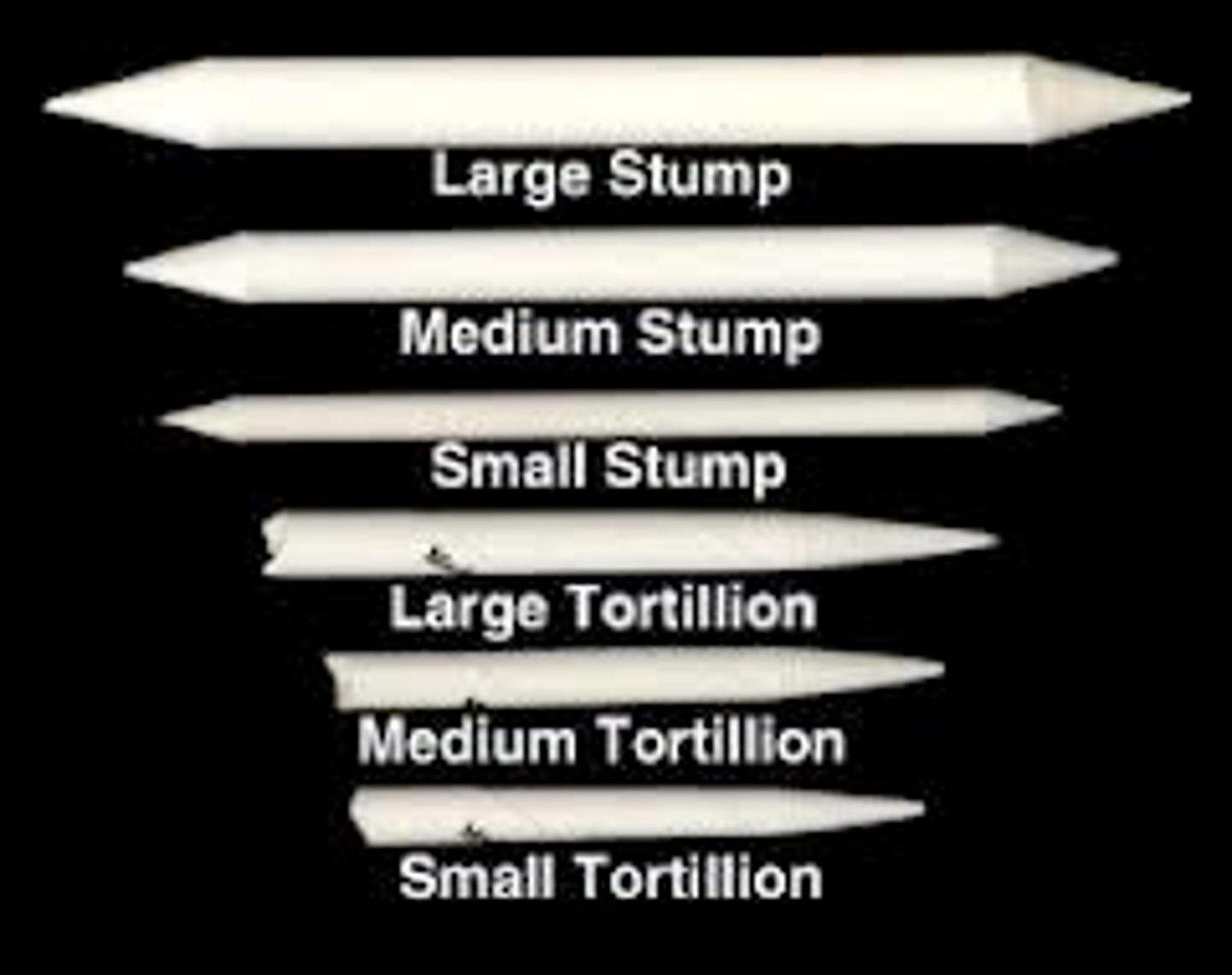
6b
softest graphite compression for a pencil
Impasto
painting that applies the pigment thickly so that brush or palette knife marks are visible
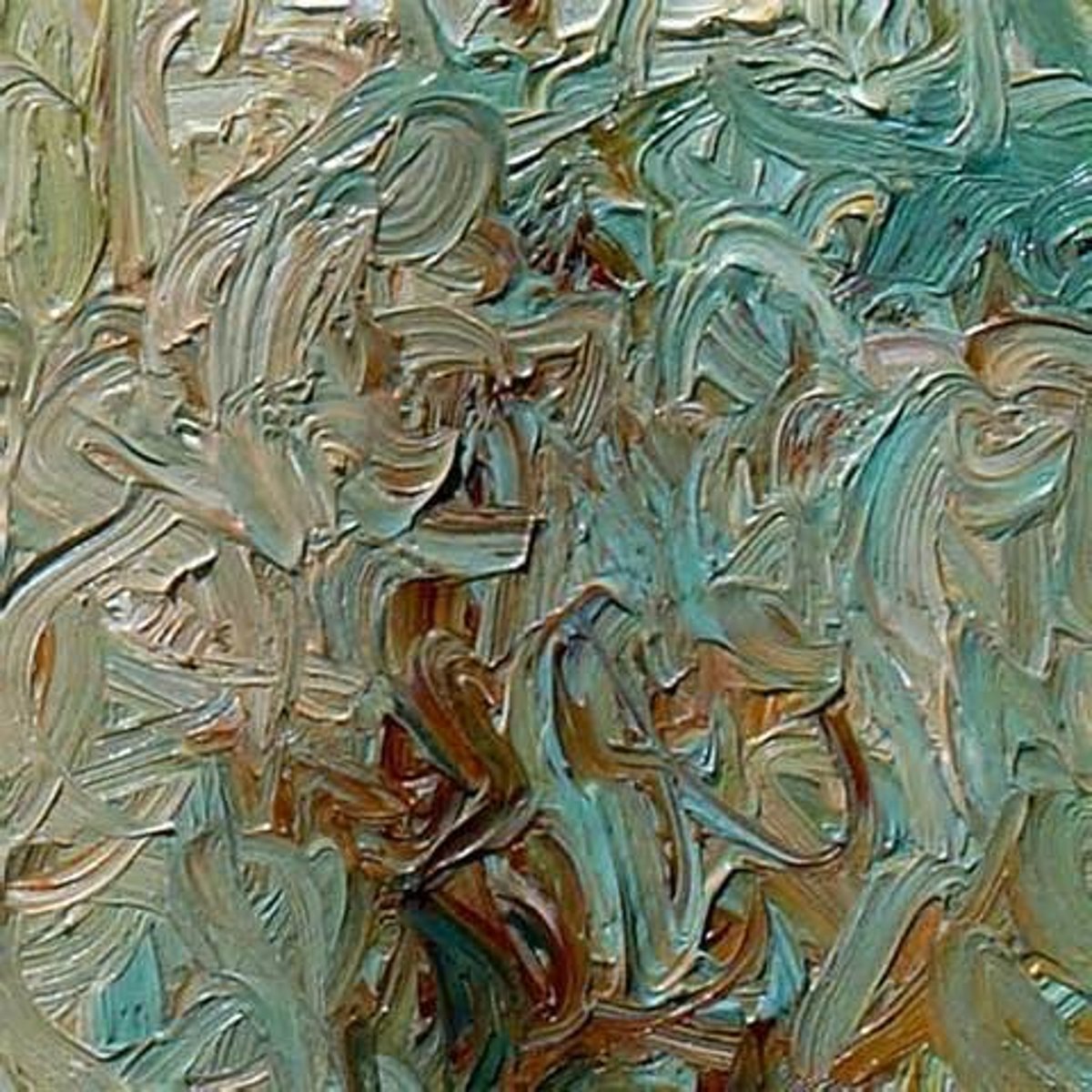
Contrapposto
when a figure stands with one leg holding its full weight and the other leg relaxed.
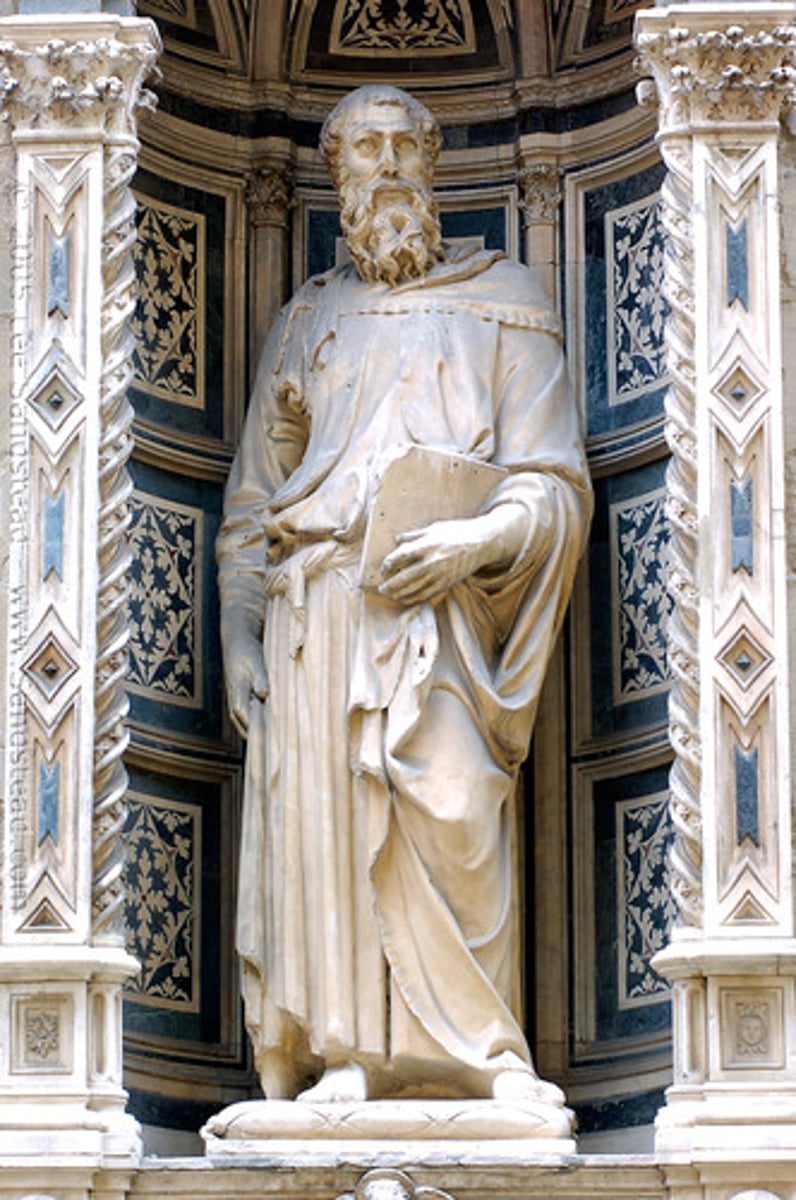
Chiaroscuro
the process of using sharp contrasts between light and shadow to emphasize the subject matter of a painting.
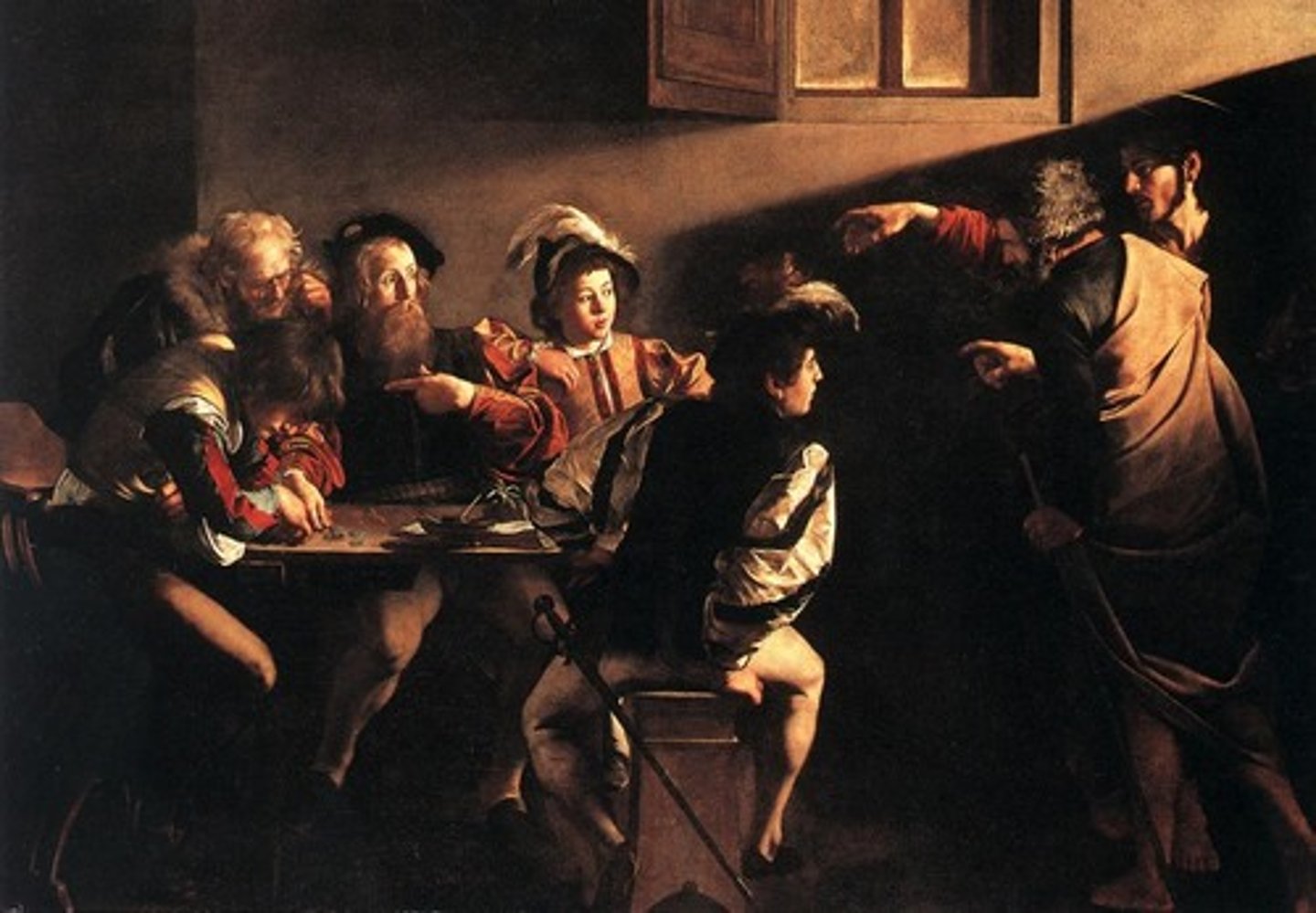
Stippling
placing individual dots across a surface in a pattern that will be identifiable, especially when viewed from a distance
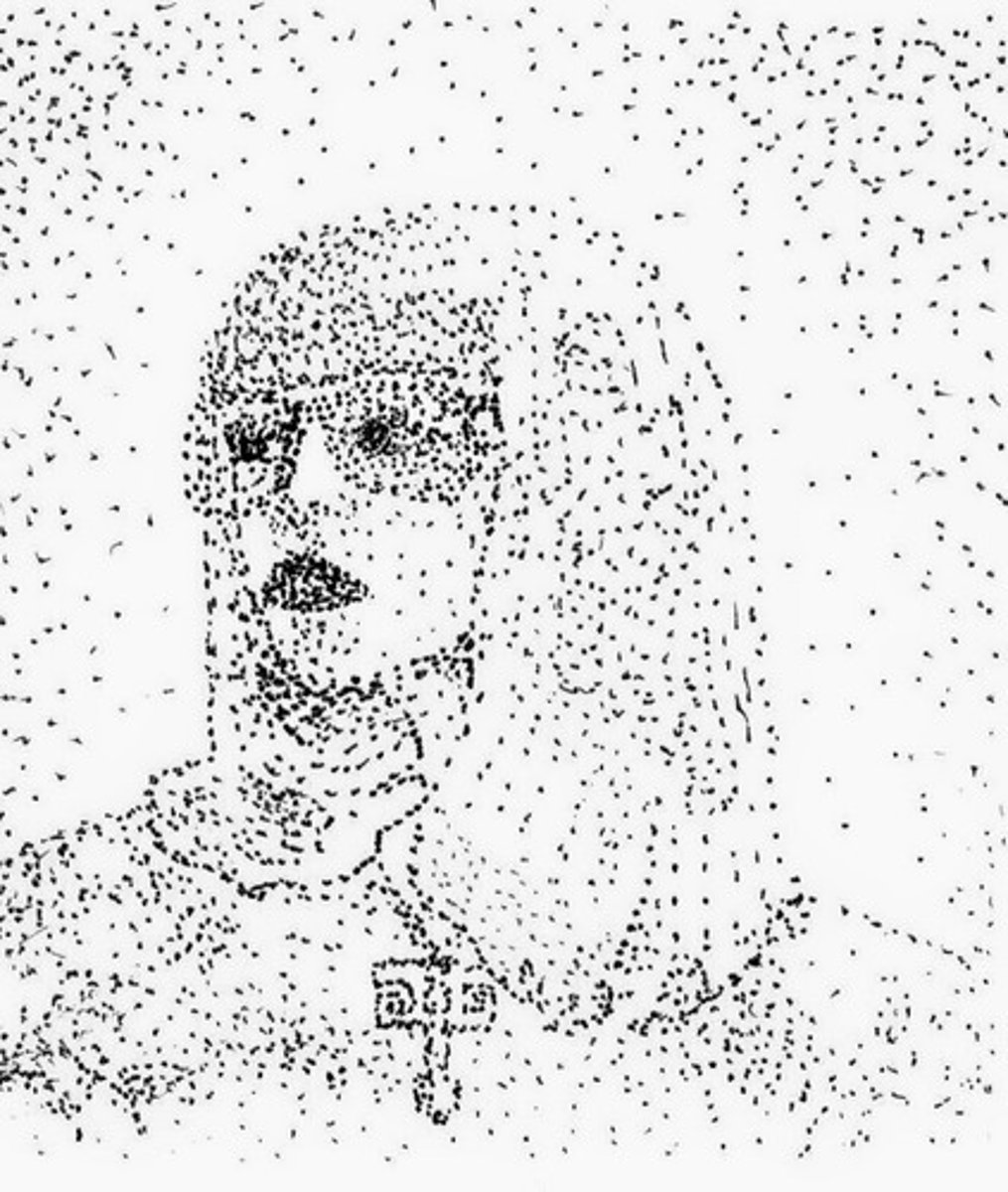
Modeling
In painting, drawing, or mosaic, the technique of creating the illusion of three-dimensionality by the use of gradations of value.
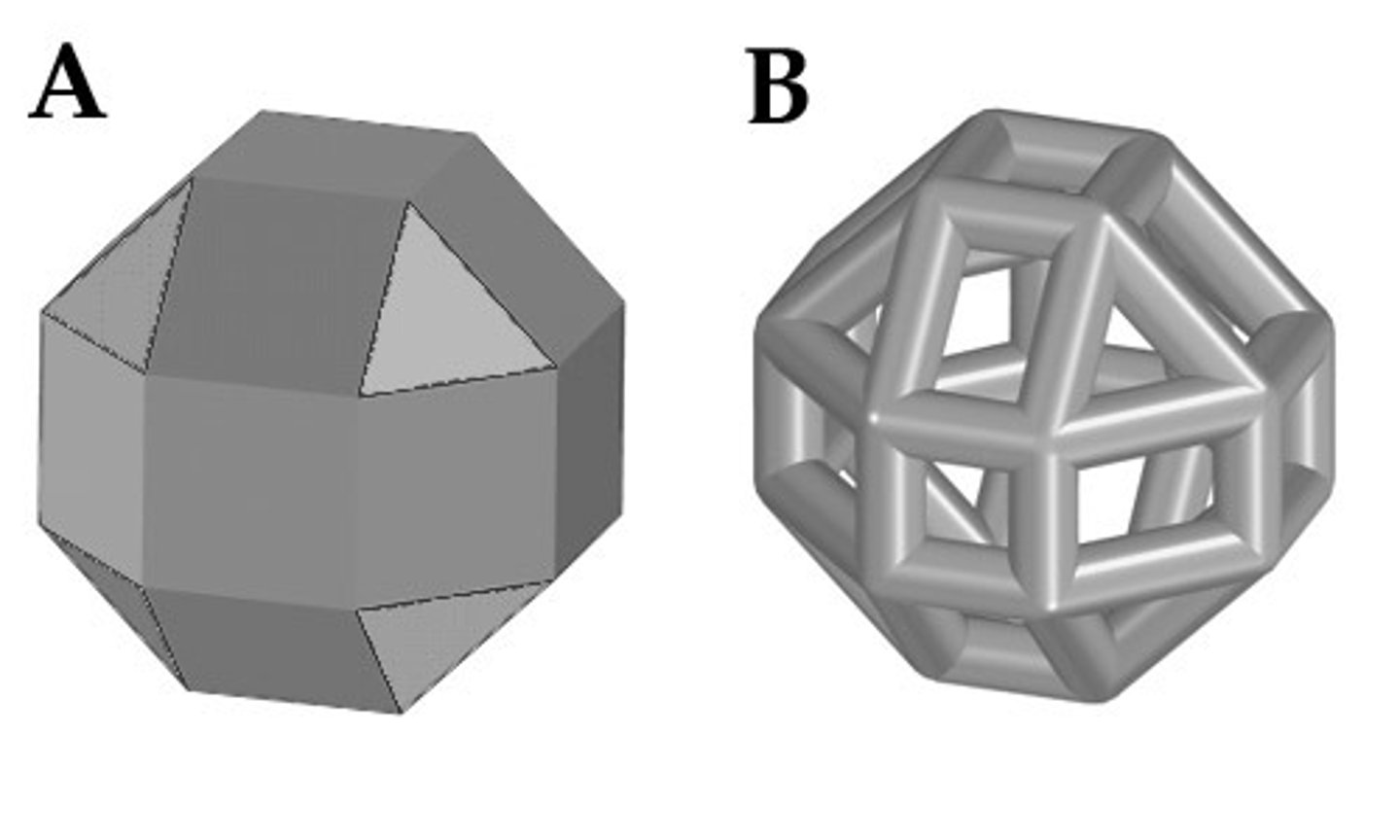
linear perspective
which is the use of geometric lines and a vanishing point in a painting.
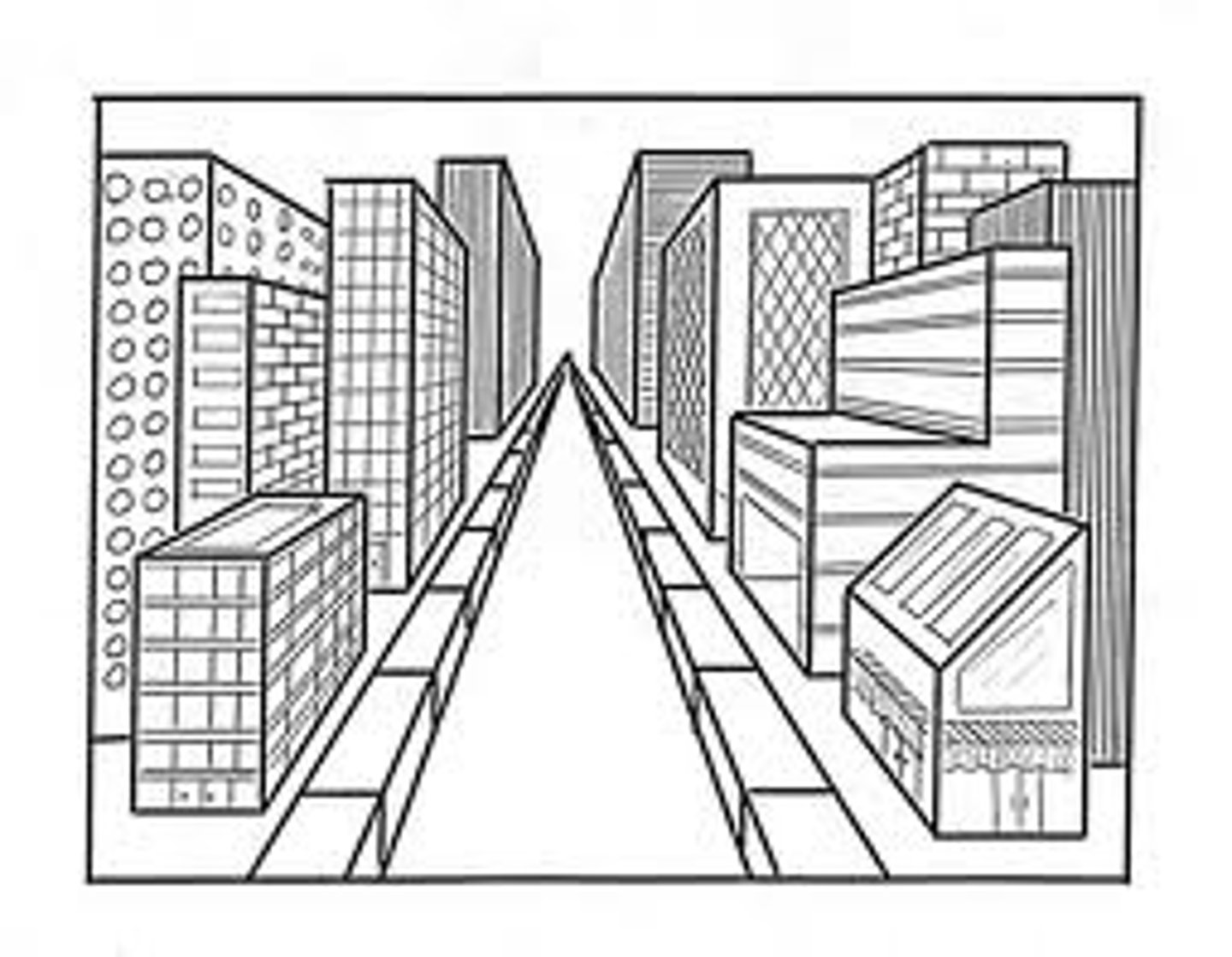
Serigraph
a print made using a stencil process in which an image or design is superimposed on a very fine mesh screen and printing ink is squeegeed onto the printing surface through the area of the screen that is not covered by the stencil
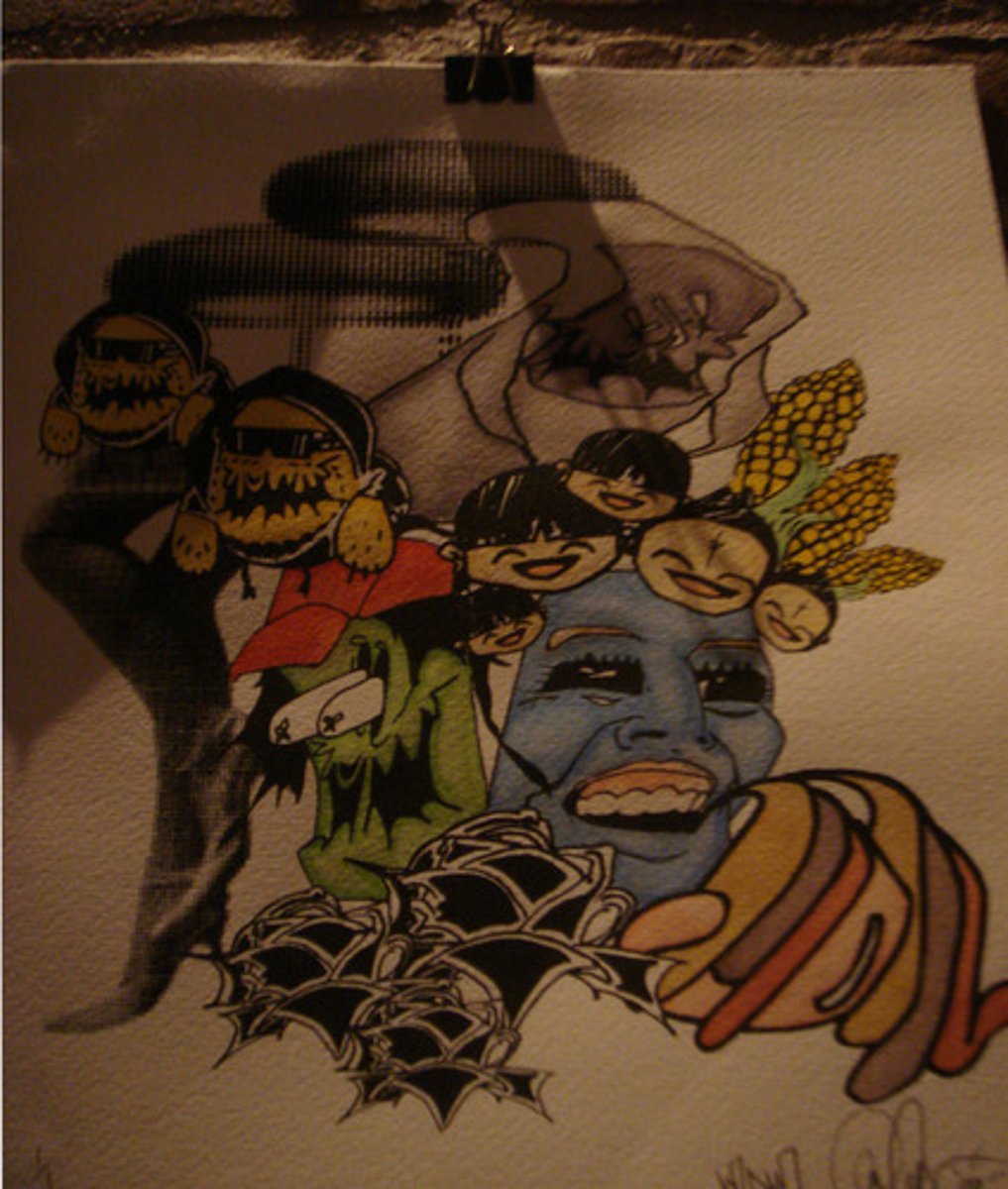
Linocut
A relief process in printmaking, in which an artist cuts away negative spaces from a block of linoleum, leaving raised areas to take ink for printing.
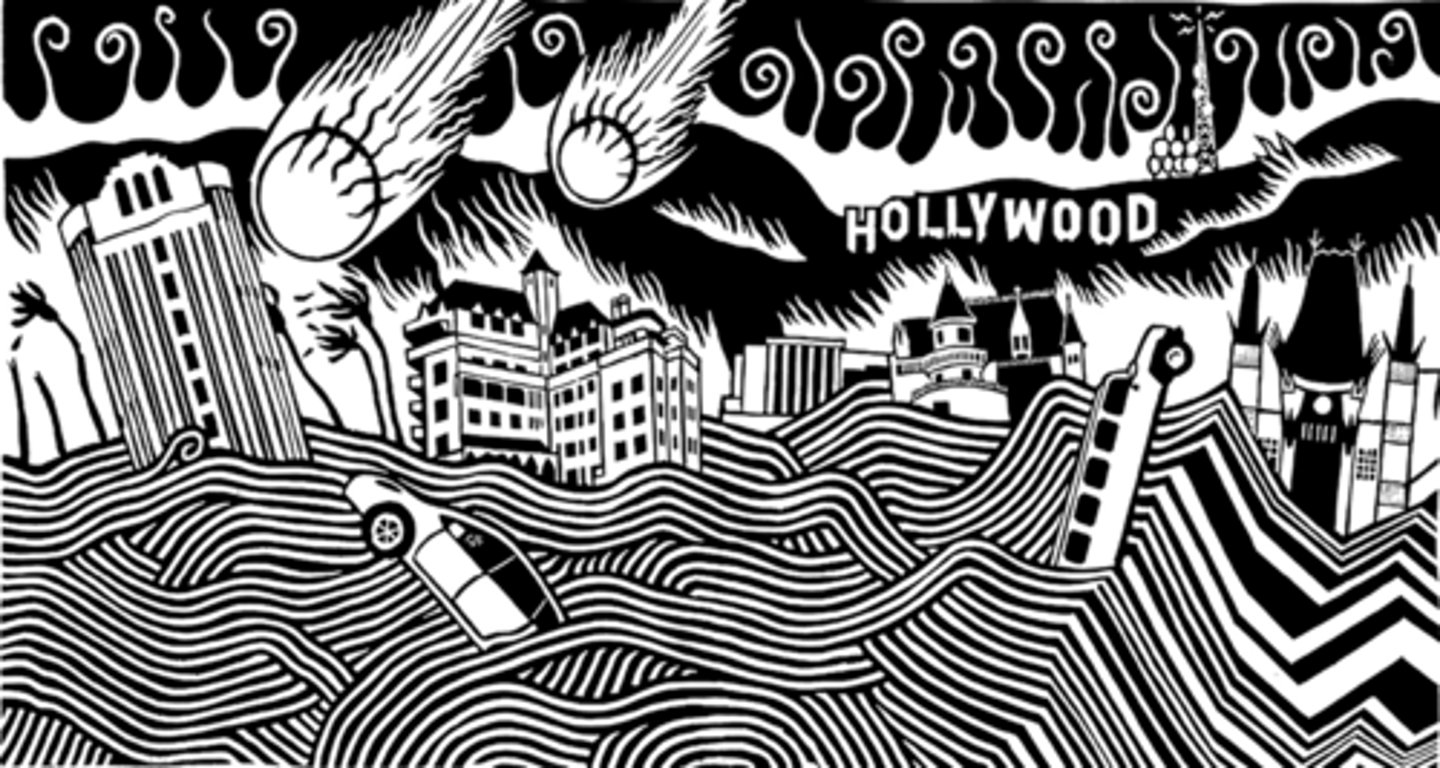
engraving
printmaking process in which lines are cut into a metal plate in order to hold the ink.
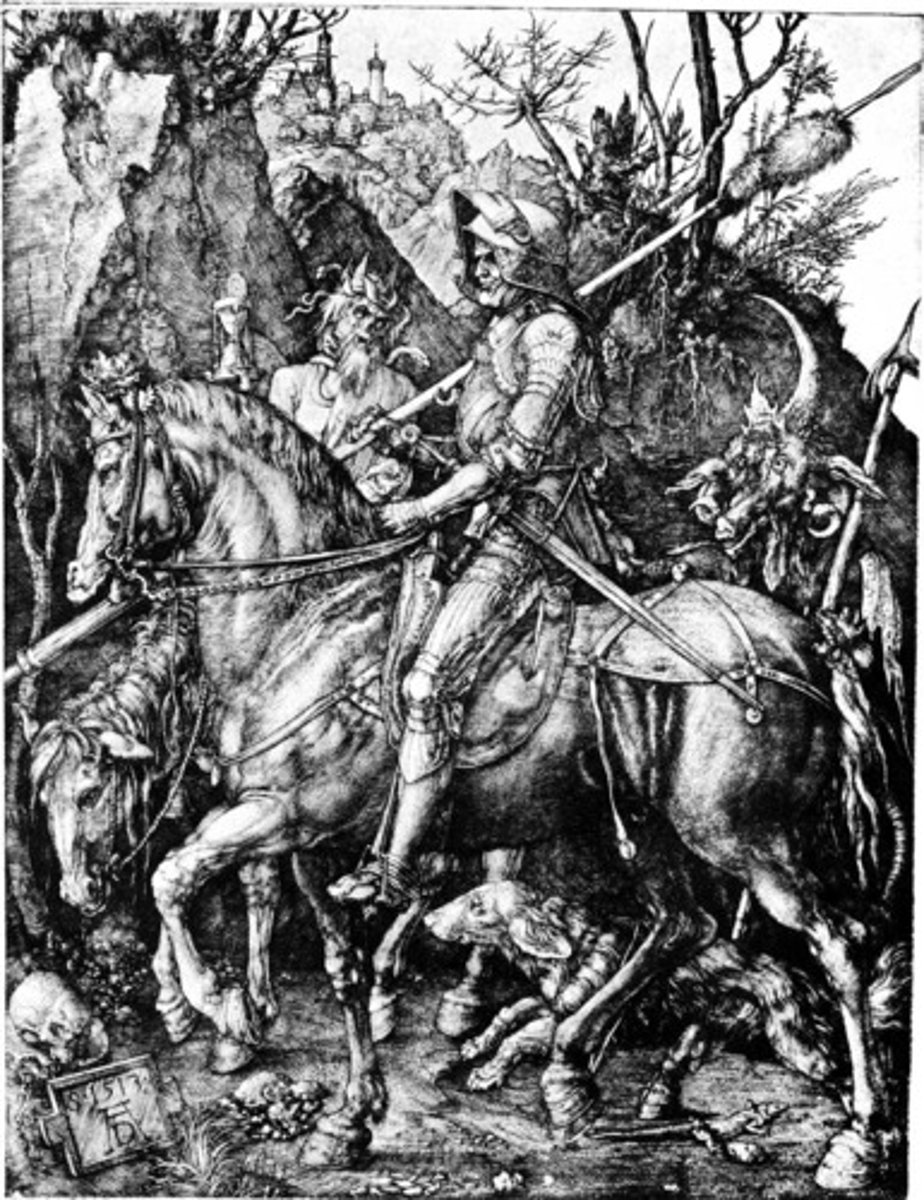
Lithography
the process of printing from a flat surface treated so as to repel the ink except where it is required for printing.
vehicle
"vehicle" refers to the liquid constituent of paint that holds pigment in suspension.
Solvent
A liquid substance capable of dissolving other substances
Extender
substance which is added with another substance such as paint or glue to increase its bulk.
Lithographic print
oil and water don't mix. When an oil-based ink is rolled out on the whole surface, the oil-based ink adheres to the greasy drawing and is repelled by the water on the rest of the stone so that the image can be printed.
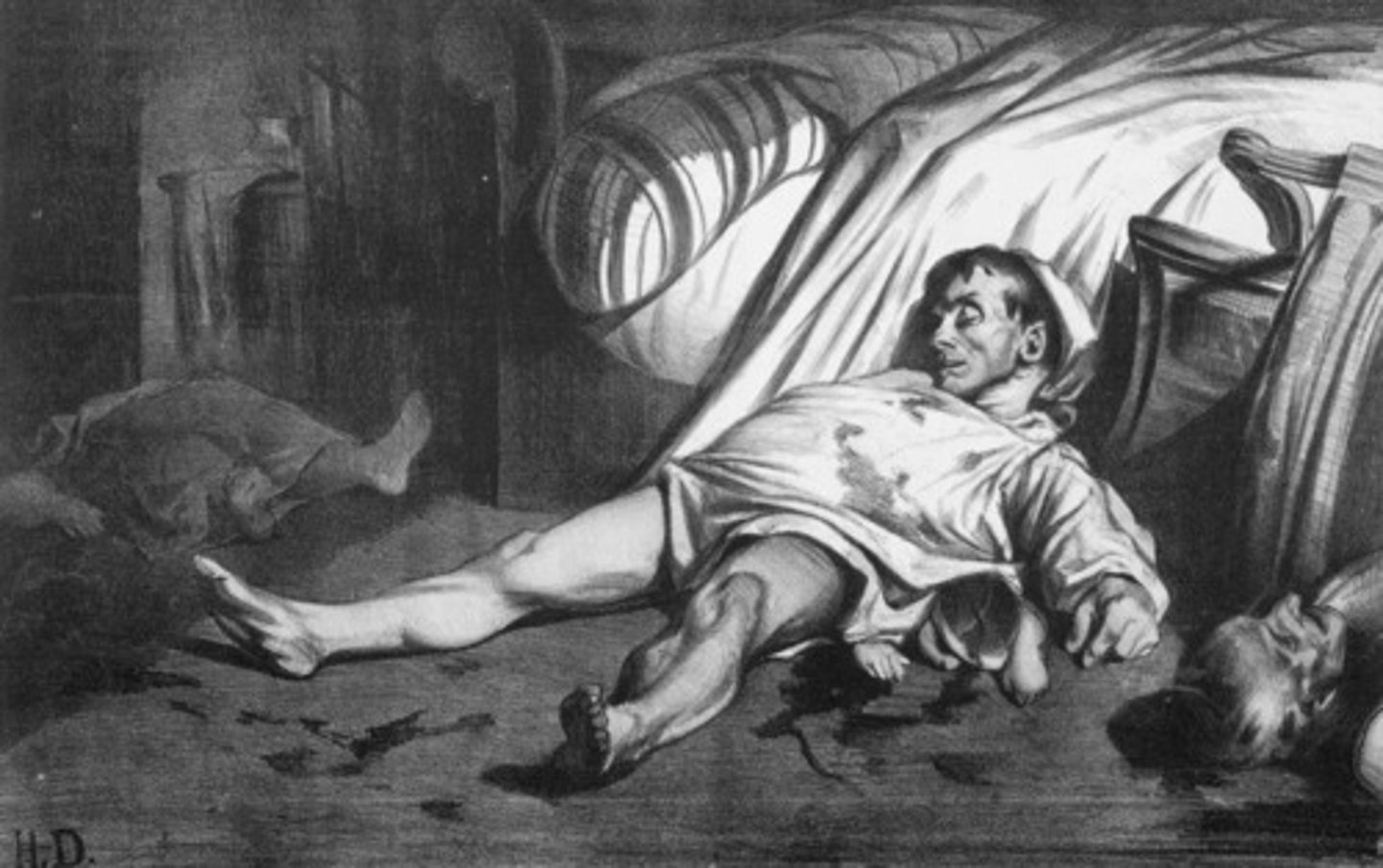
aperture
An opening or hole. Today, this word usually refers to the size of the opening in a lens that lets light into a camera. Small aperture, deep depth of field & Larger shallow depth of field
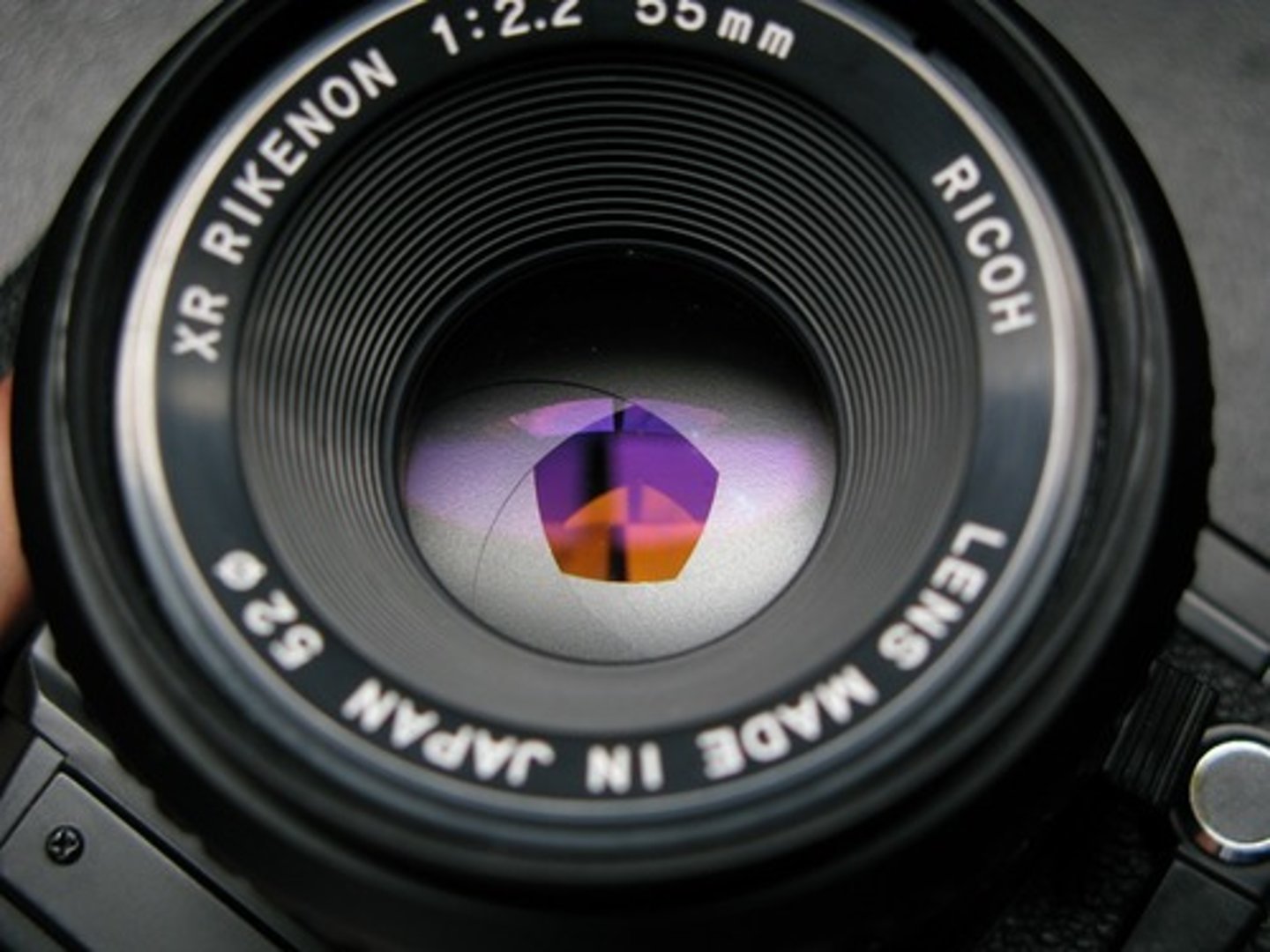
squeegee
tool used in relief printing and a squeegee is a tool used in serigraphy (silk-screen printing).
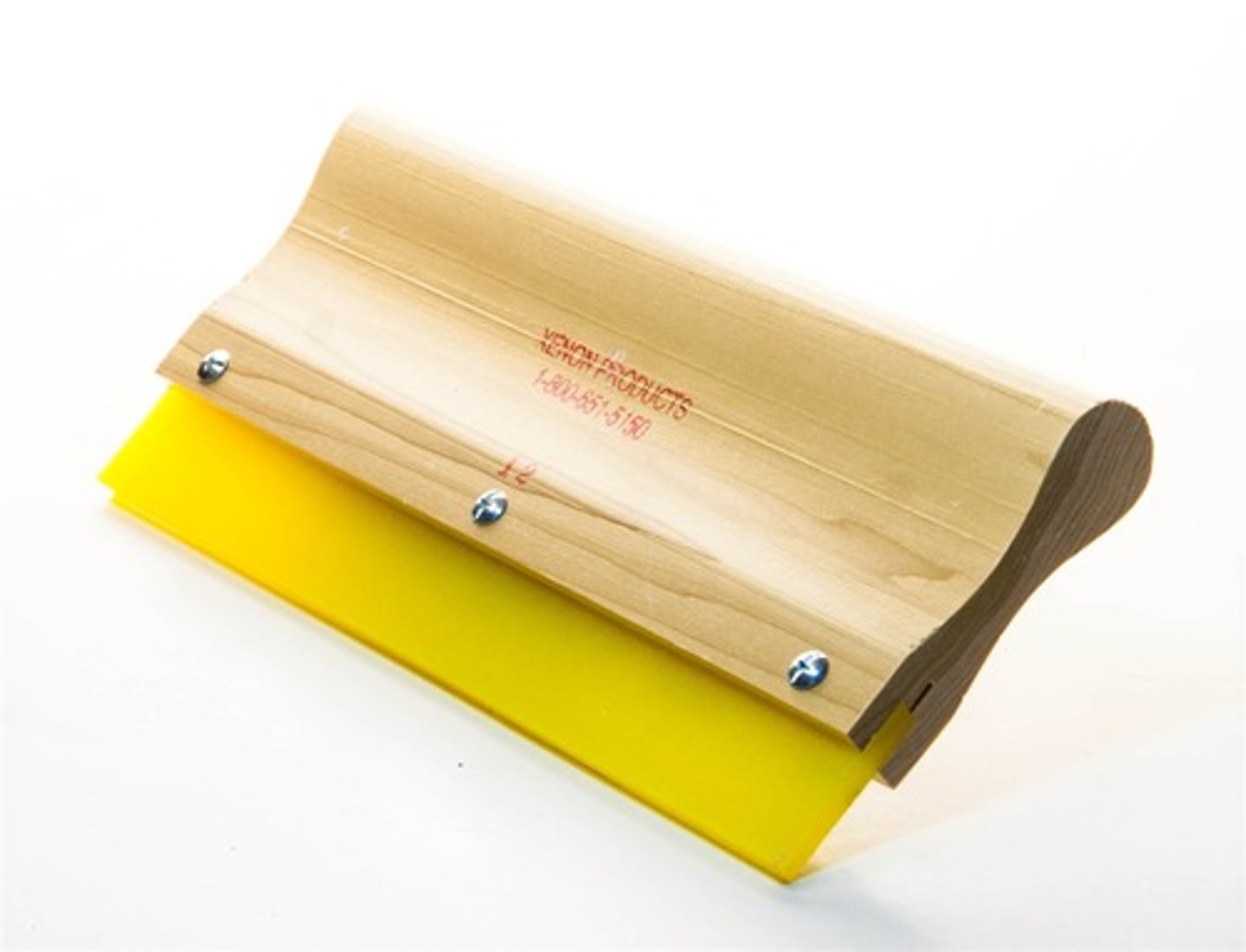
Ribbon wire
A large looped ribbon tool made of iron that can be used for trimming as well as carving handy for trimming
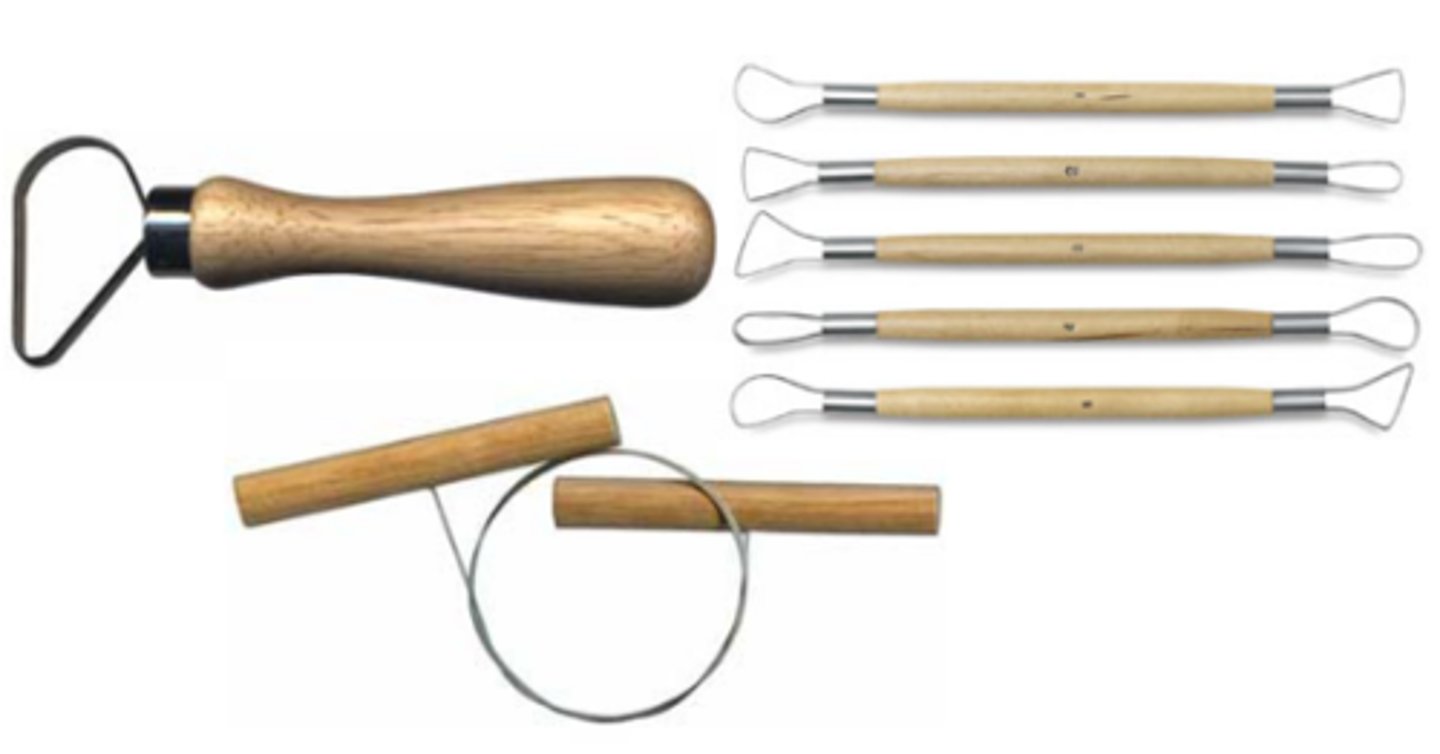
Pyrometer Cones
Manufactured objects, made of ceramic materials and enclosed in a kiln during firing, that bend when specified temperatures are achieved.
Tjanting
A Javanese instrument for applying hot wax in batik work.
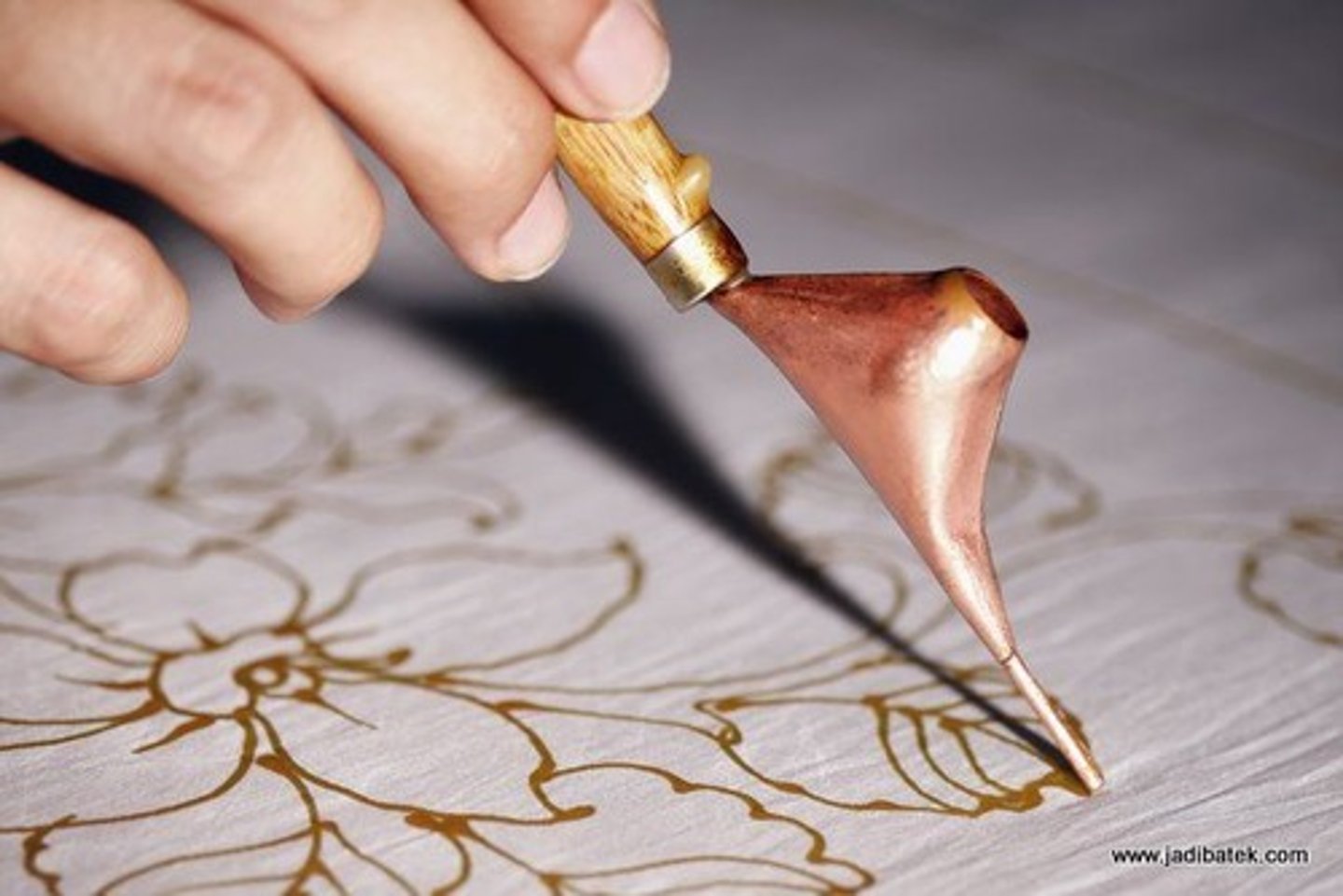
fat over lean
Principle referring to oil painting by which layering is achieved by allowing underlying layers to dry prior to applying subsequent ones which usually contain more oil than the prior layer.
Underpainting
initial layer of color on a canvas that can be used to establish the overall color tone of the painting
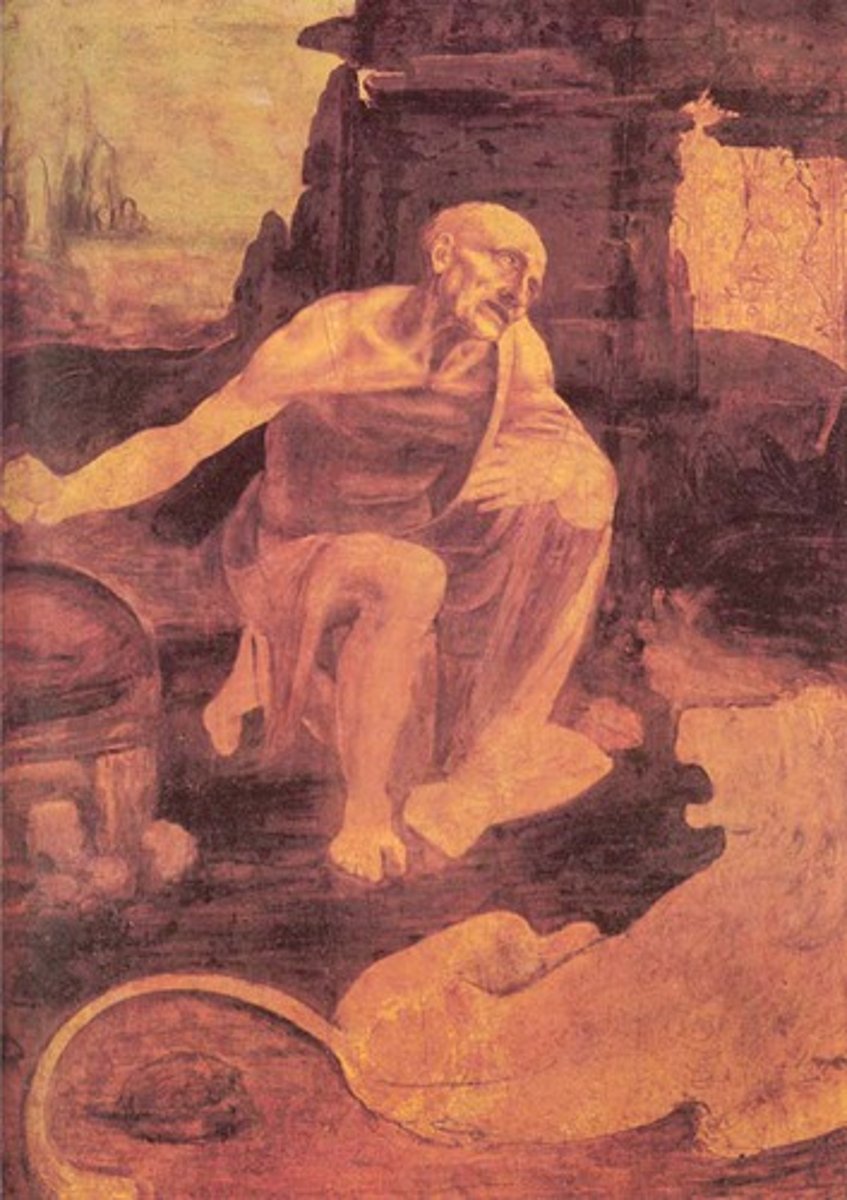
Tooth
tooth of a piece of paper is a factor in determining the media that can be used on it. For example, chalk pastels require paper with a noticeable tooth to catch the fine particles of color; other media, such as pen and ink,
Sizing
in paper manufacturing, starch or other fillers added to fill gaps, improve writability, and stiffen the paper
dry brush painting
done with very little water and causes a skipped effect or look
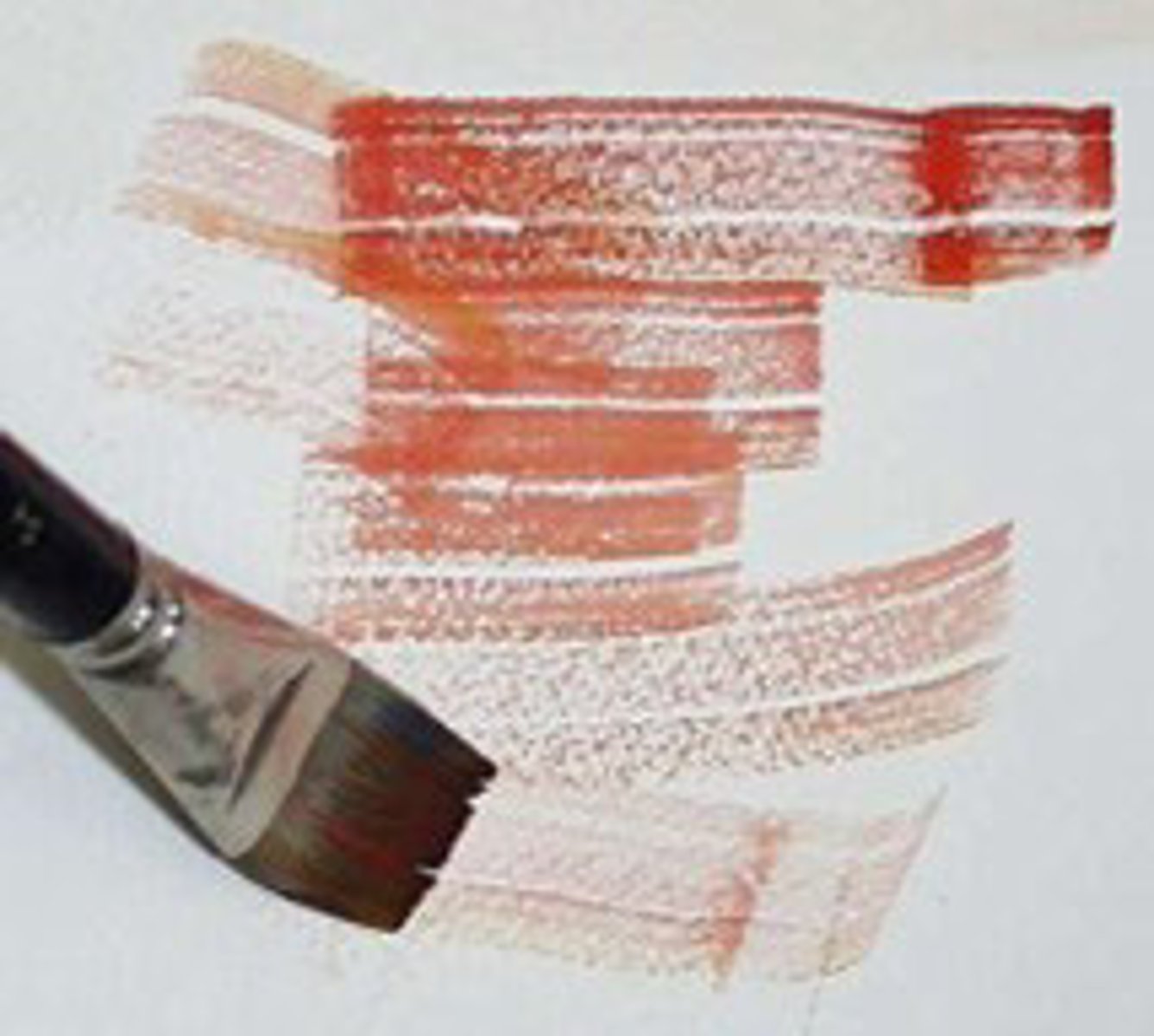
collagraphy
Additive, a type of relief print that is created by building up or collaging material on or to a stiff surface, inking that surface, then printing
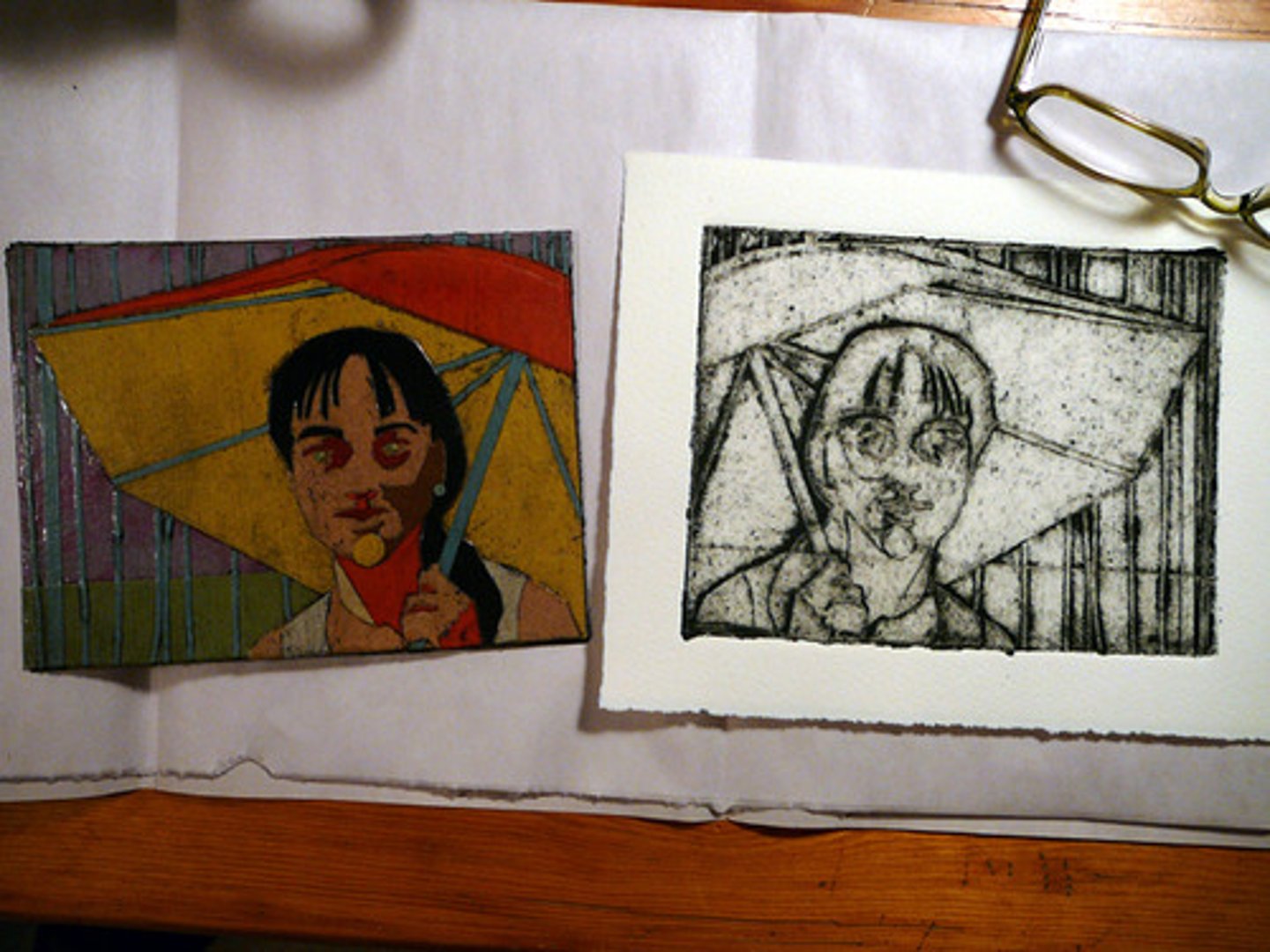
Woodcut
A print of an image that has been carved in wood
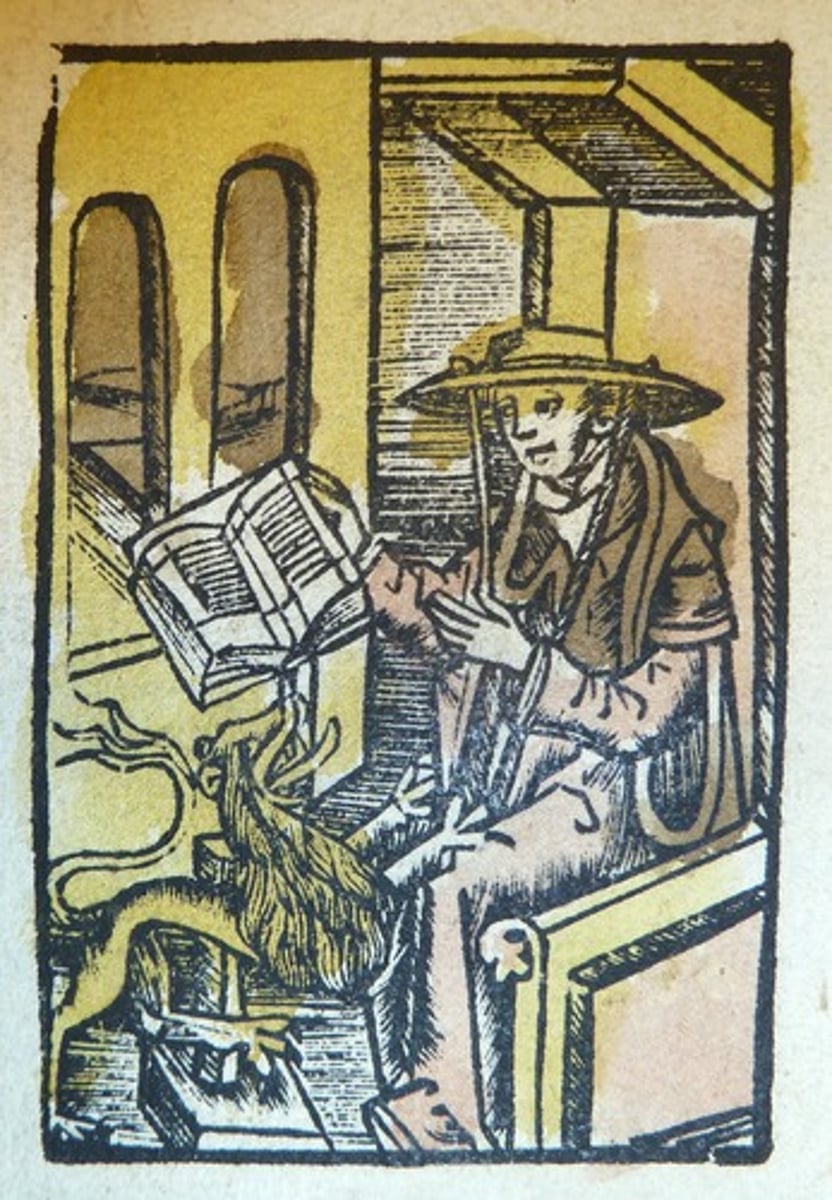
engraving
an intaglio printmaking process in which lines are cut into a metal plate in order to hold the ink.
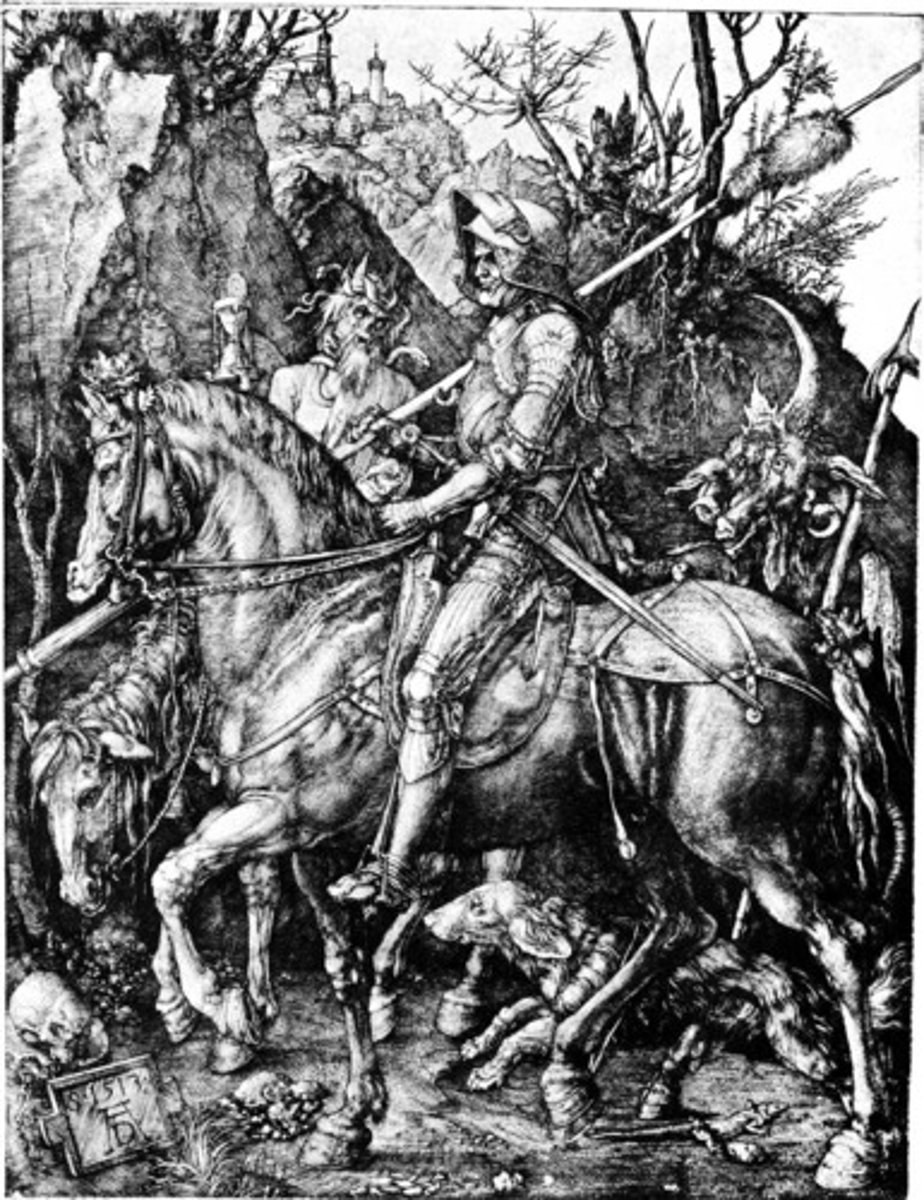
Monoprinting
one-of-a-kind print that forms part of a series. Much like an 'edition variable'. Each finished print varies to the other, but a common element is present in each print.
lacquer
clear liquid that is painted on a surface and dries hard and shiny.
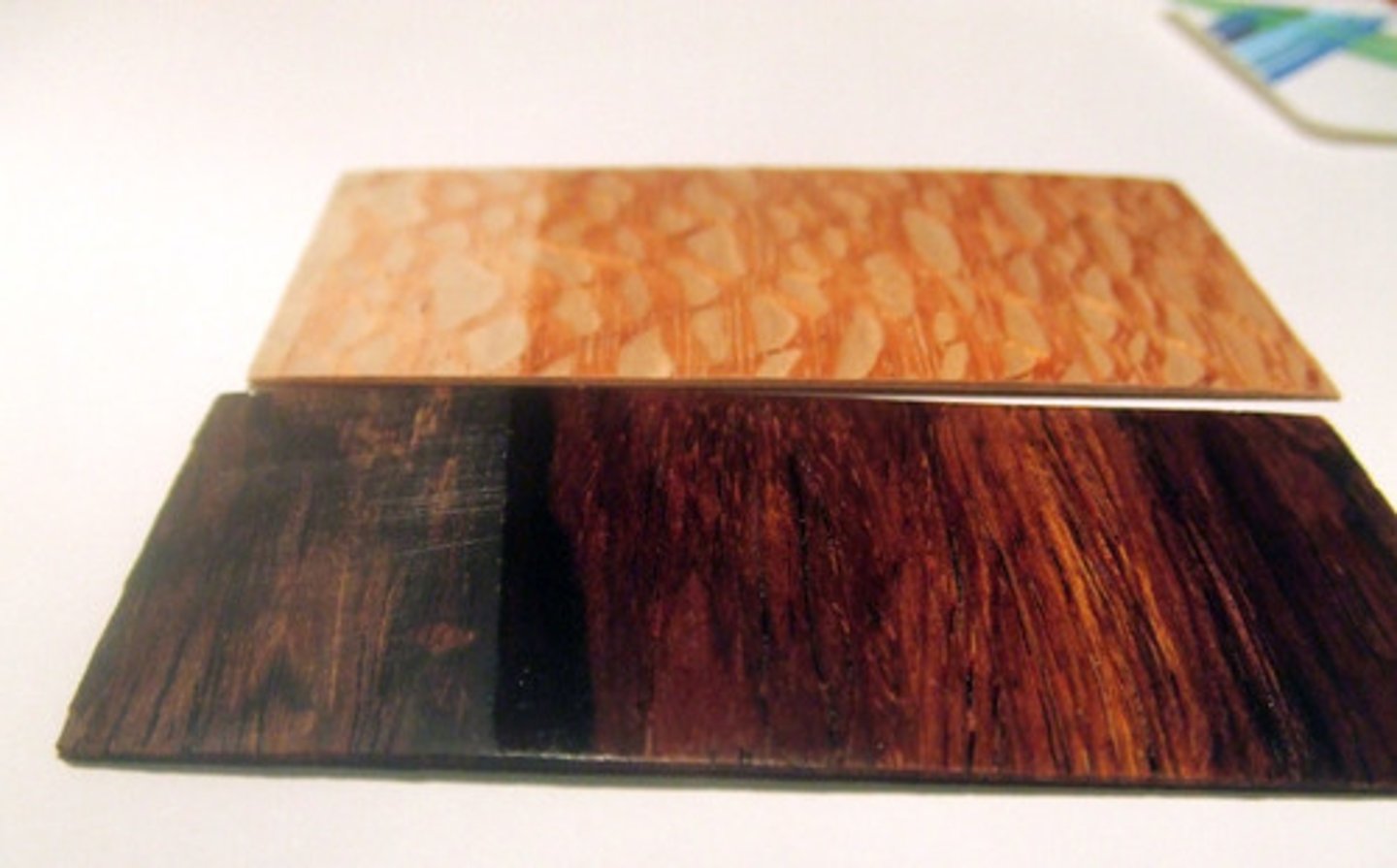
enamel
an oil-based paint that dries to a hard, glossy finish. Some contemporary enamels are water-based but these, too, yield a glossy finish
Shutter speed
shutter speed setting controls the length of time during which light can enter the camera.
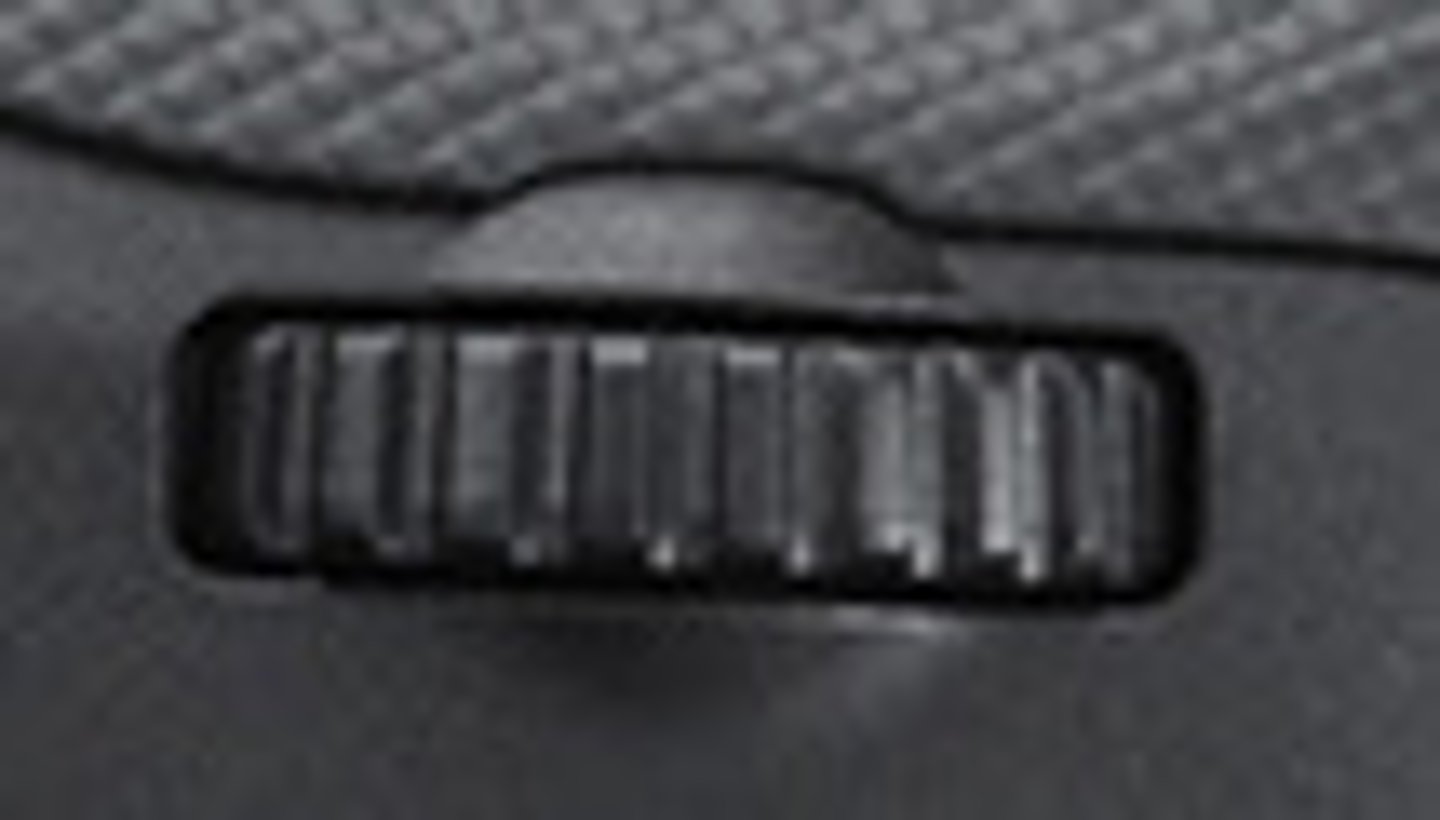
f-stop
A camera setting that determines the amount of light passing through the lens by controlling the size of the iris.
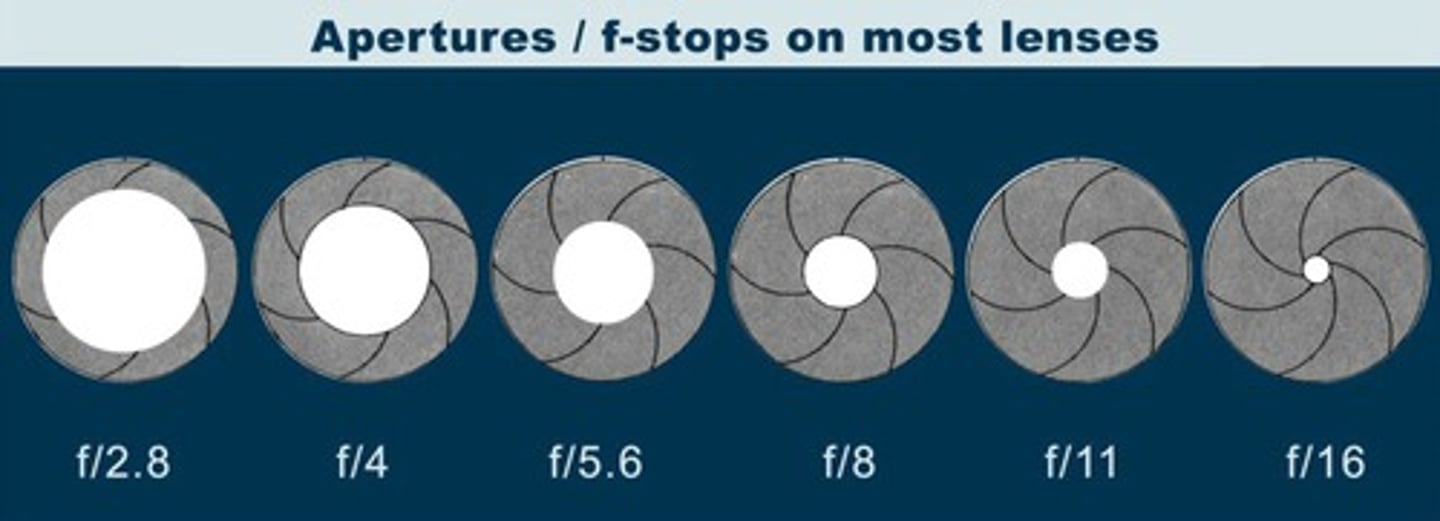
Bracketing
practice of capturing multiple images of the exact same scene, with one a change in one camera setting for each image
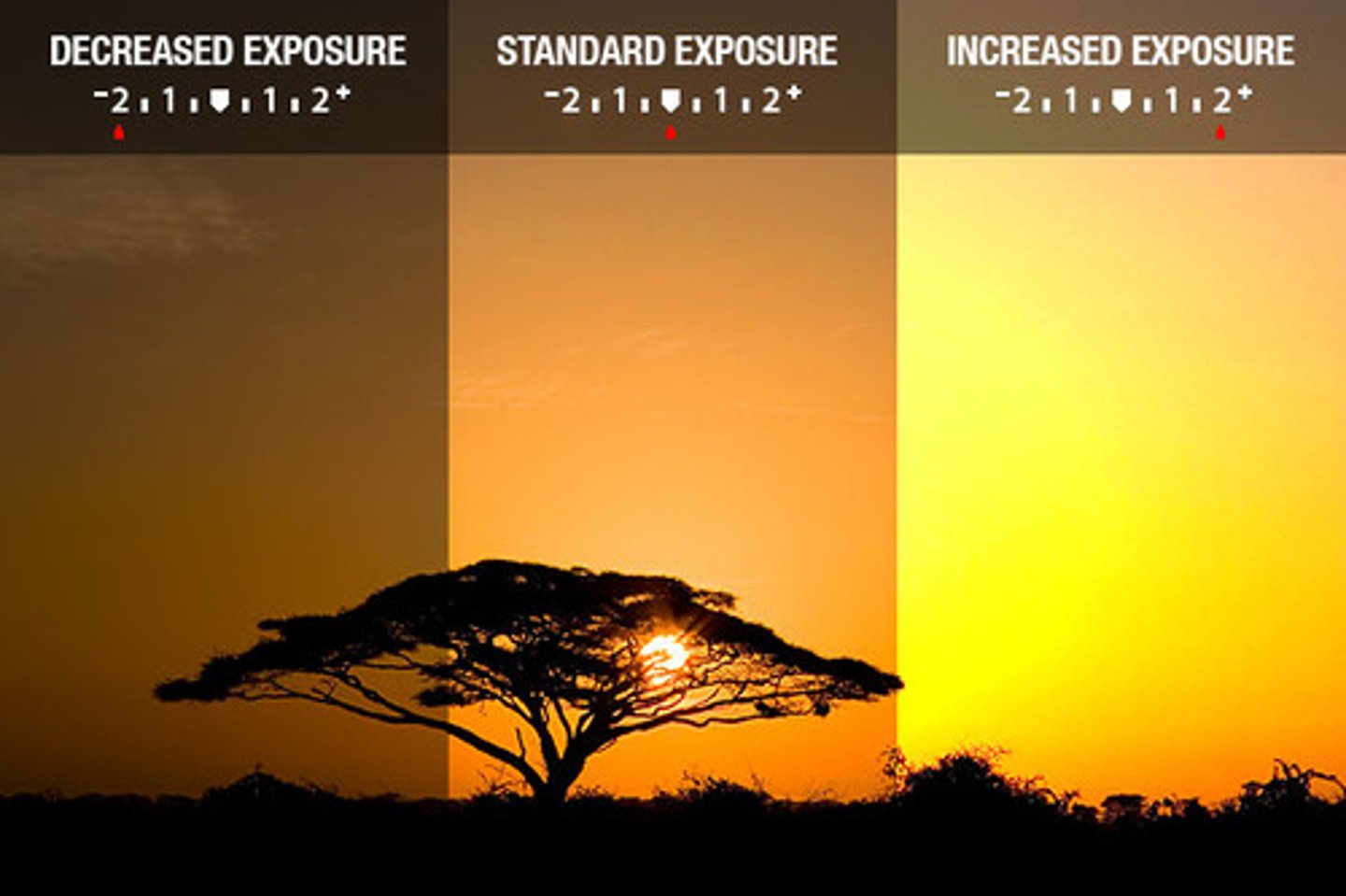
White Balance
digital photography means adjusting colors so that the image looks more natural, on digital cameras used to accurately balance color
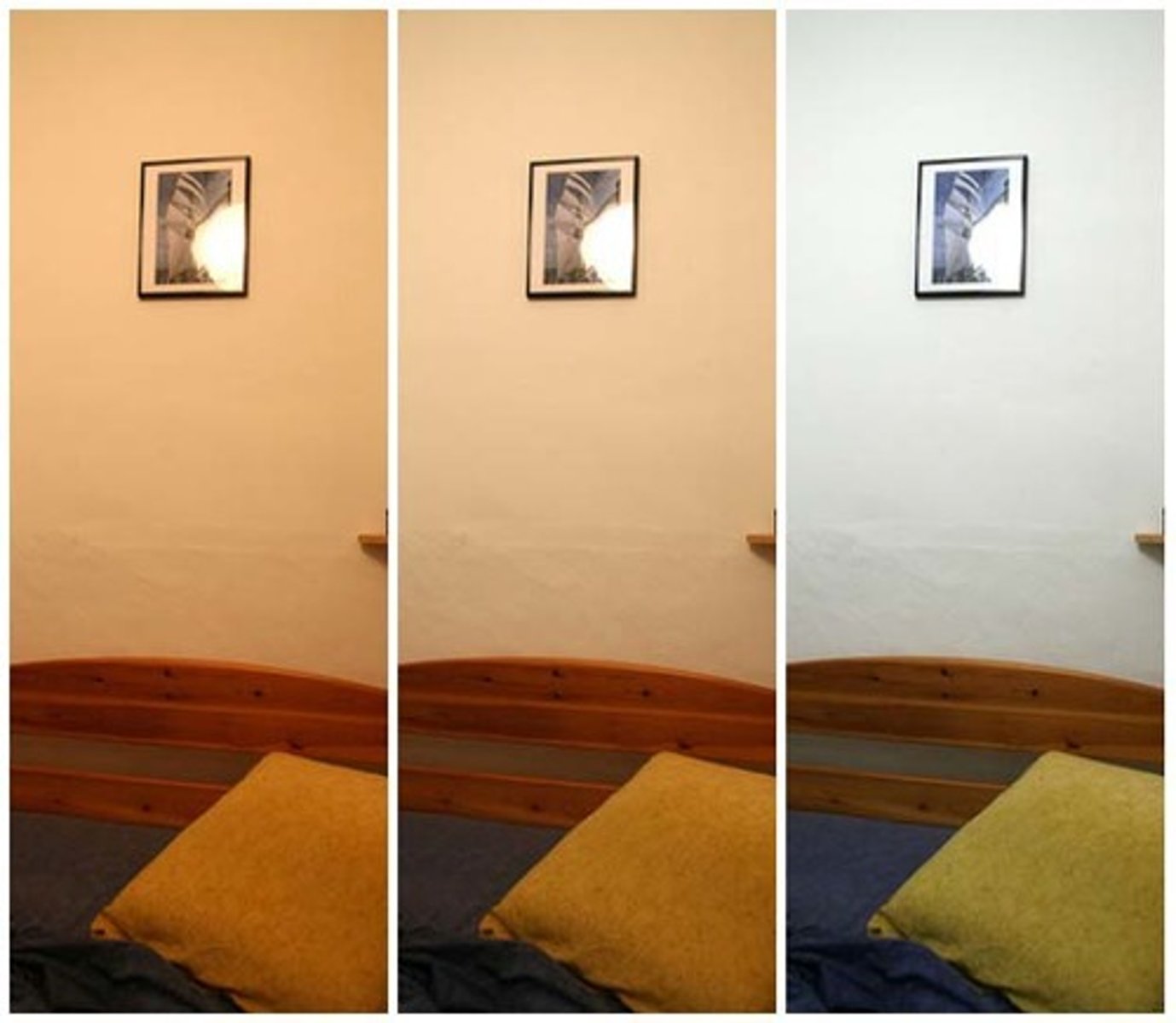
CMYK
Cyan, Magenta, Yellow, Black - The four colors in the inksets of many photo-quality printers.
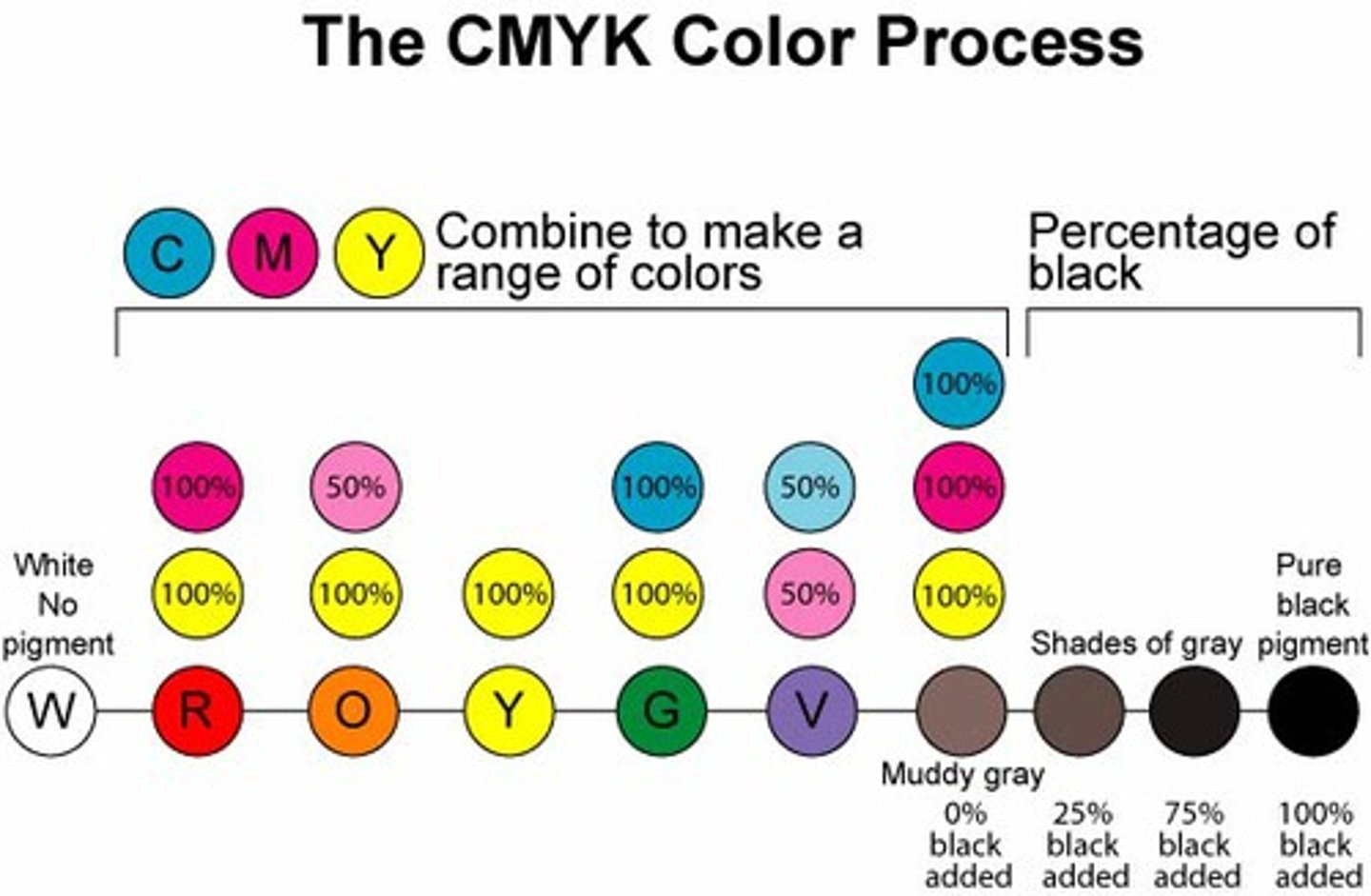
dots per inch (dpi)
dots per inch or dpi, is most closely tied to print quality. A greater number of pixels, or dots, within the same area will produce prints that are sharper and that capture more detail.
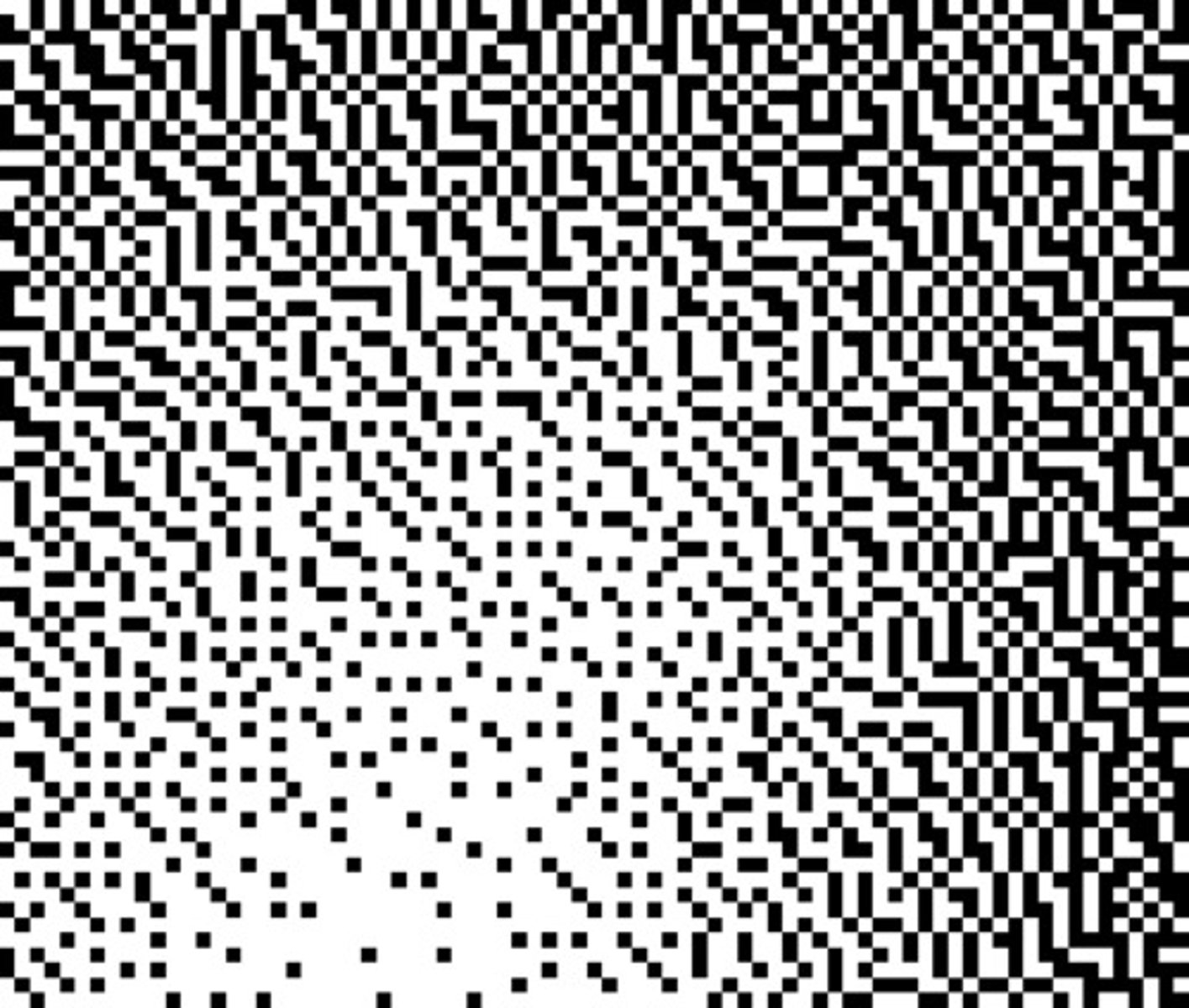
Megapixel
one million pixels
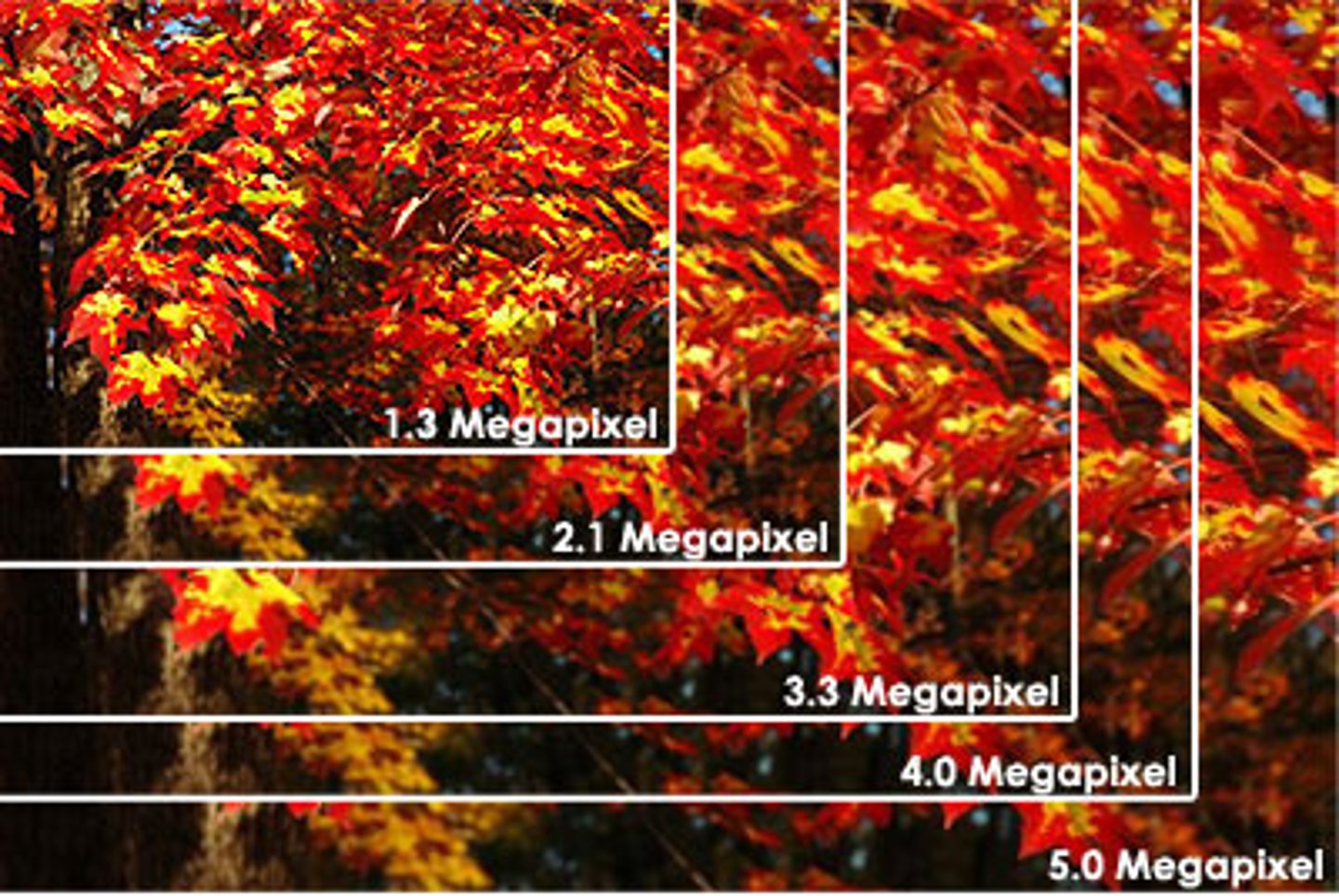
polarizing filter
remove some light that is reflected straight toward the camera lens, thereby reducing glare or removing reflections from surfaces.
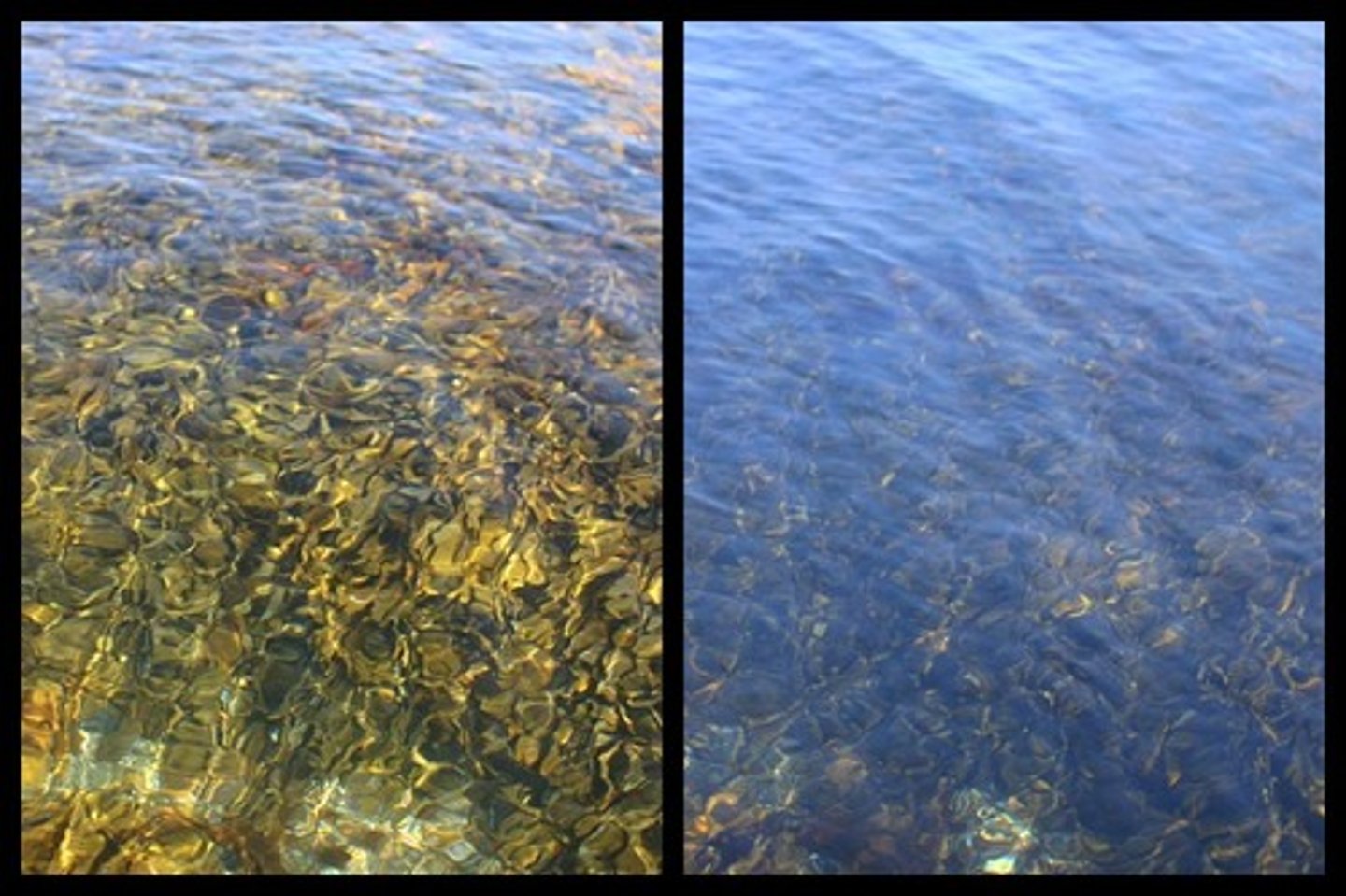
Bitmaps
series of pixels that can be used to compose images
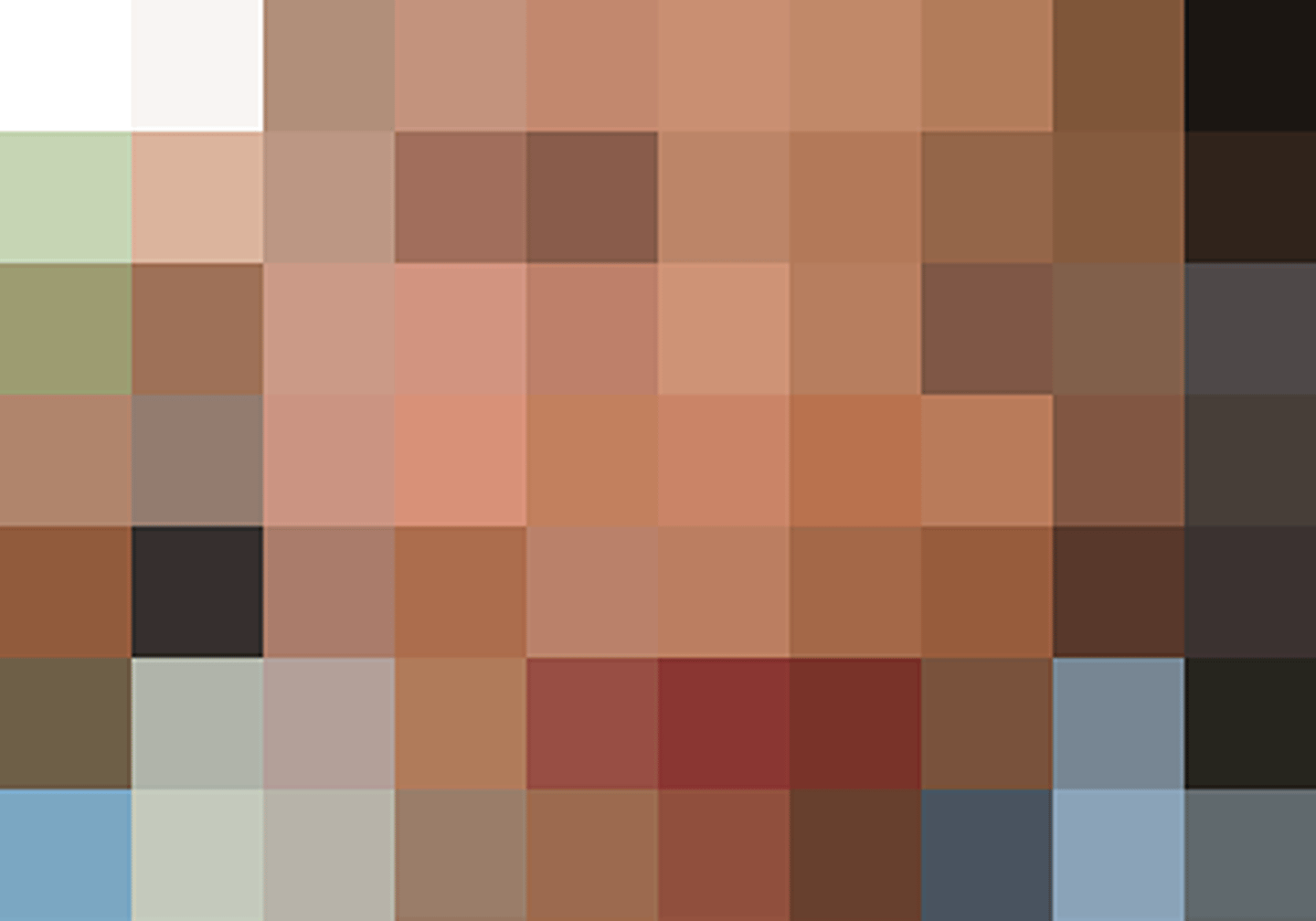
Analog systems
Painting, sculpture, printmaking from ink and film photography are considered analog. These are the traditional fine arts, made from tangible materials that are manipulated by hand or with simple tools
Microprocessors (1970's)
Microprocessors (1970's) - Microprocessors were developed by M.E. Hoff. It allowed scientists to put more complex circuits and large memory storage on a very small computer chip.
Batch files (Scripting)
-Contains a ".bat" file extension
• Scripting for Windows at the command line
• Legacy goes back to DOS and OS/2
shapes of letters
uppercase and lowercase at the same time
- Start with capital letters
- Made up of curves, lines, circles, and dots
Papier-mâché
repulped paper that has been mixed with glue or paste so that it can be molded.